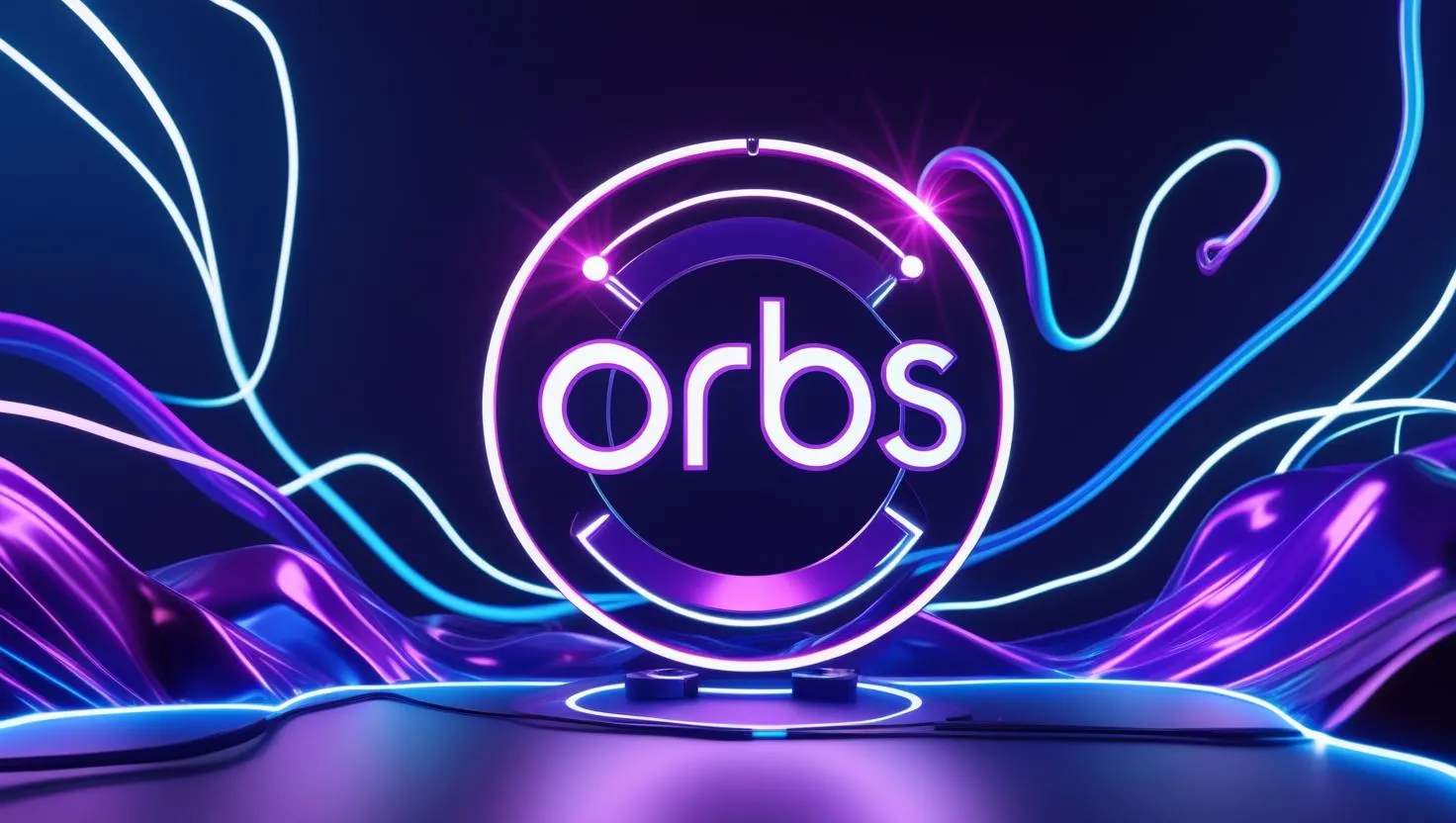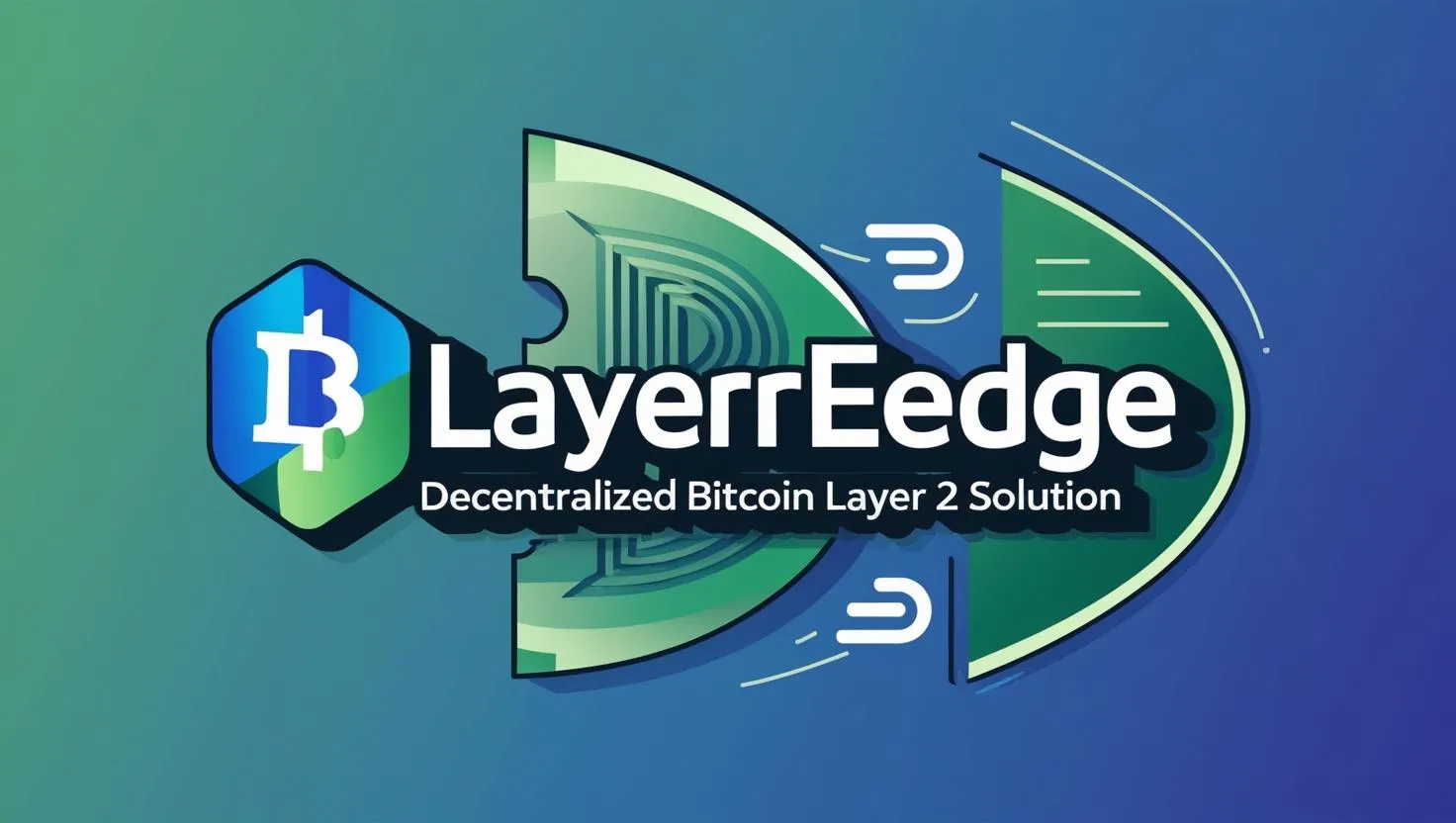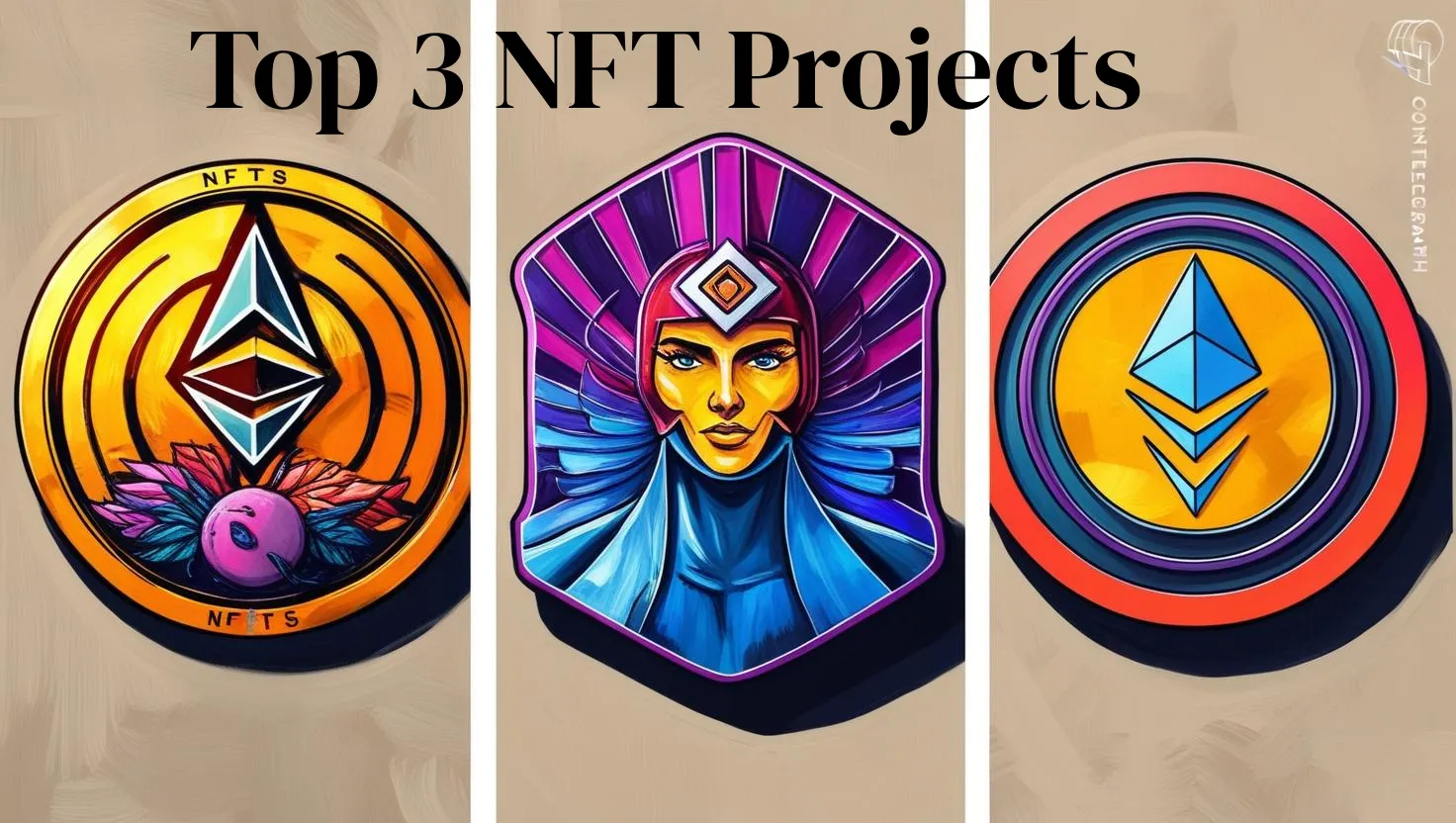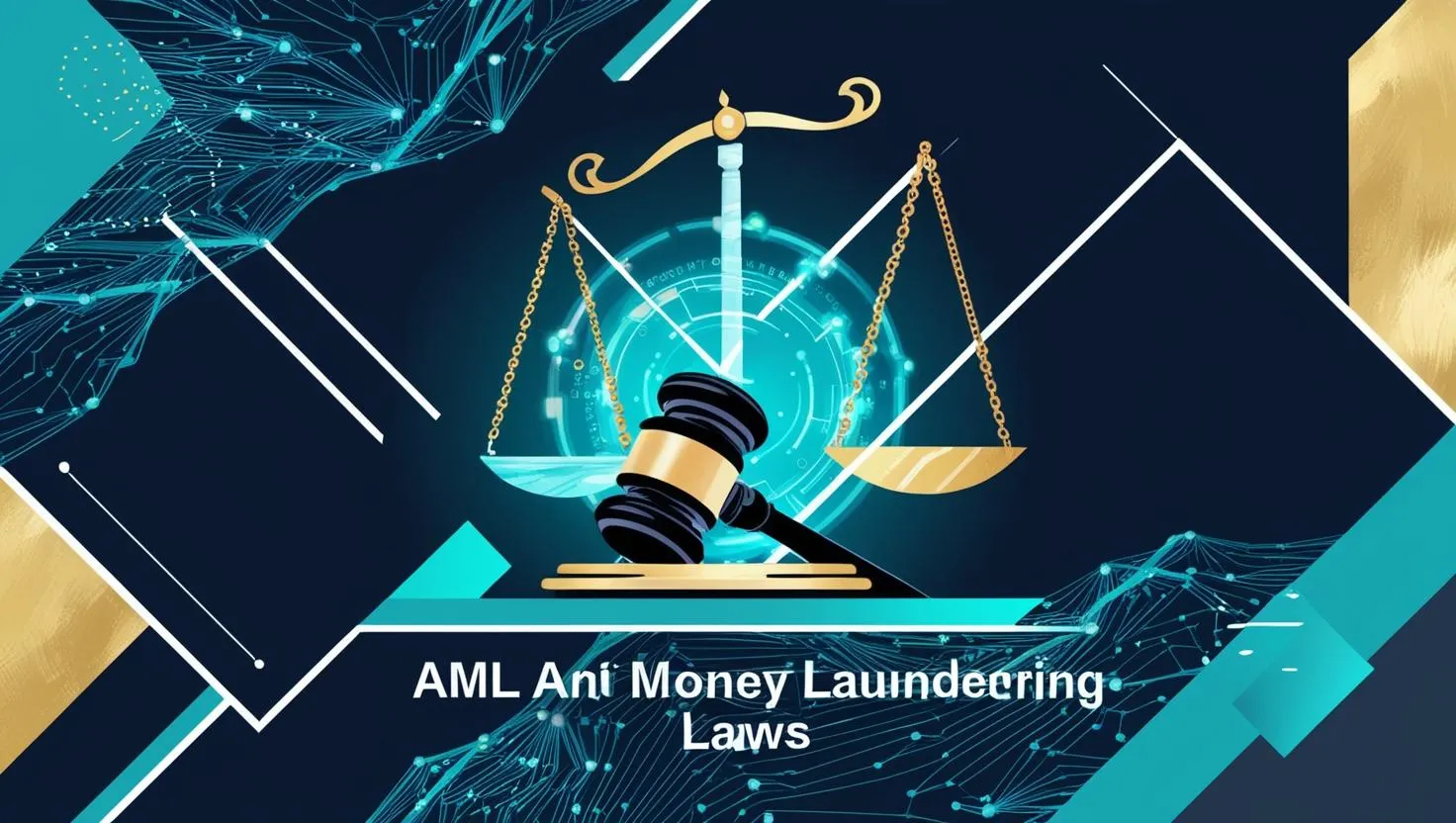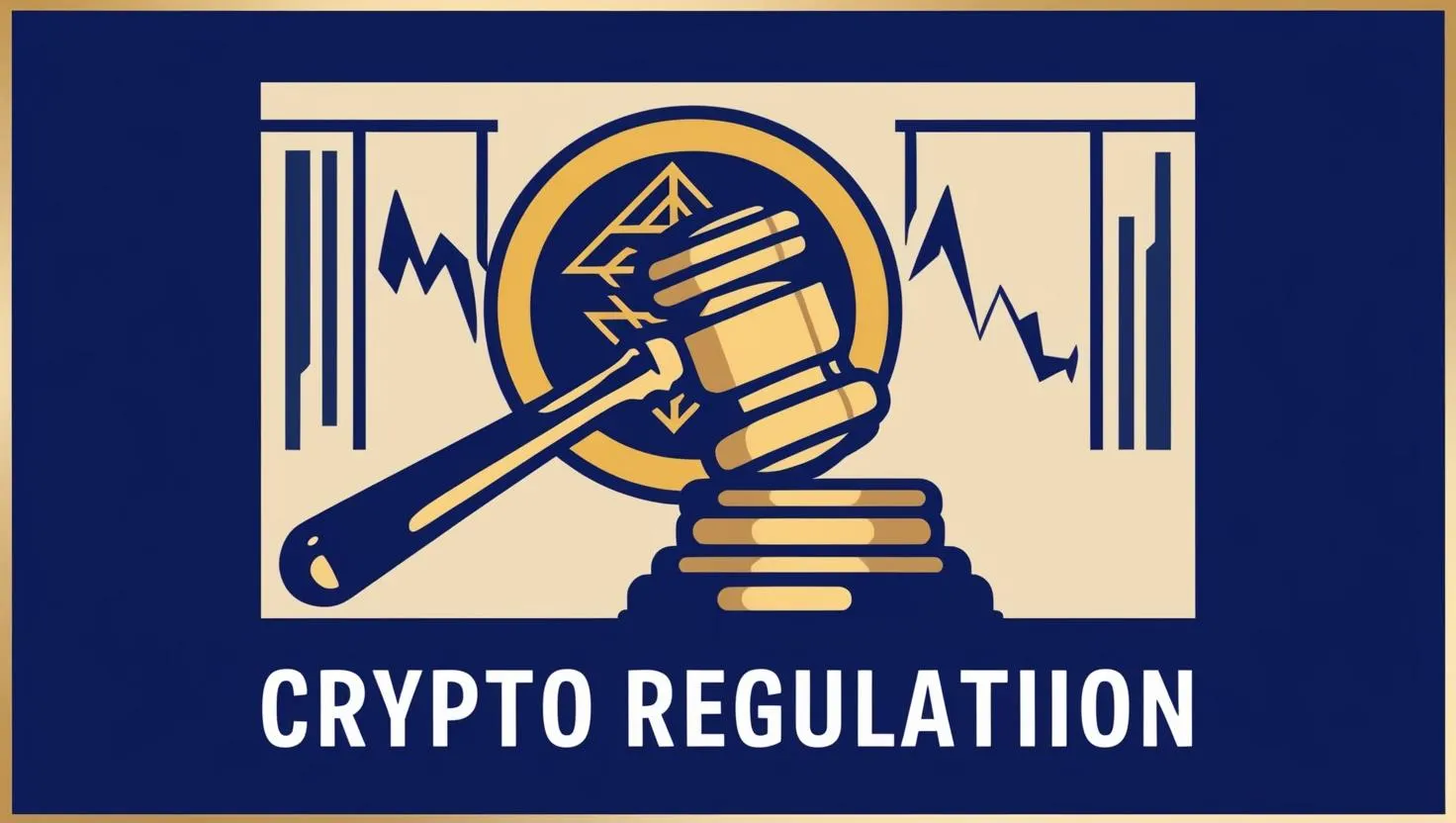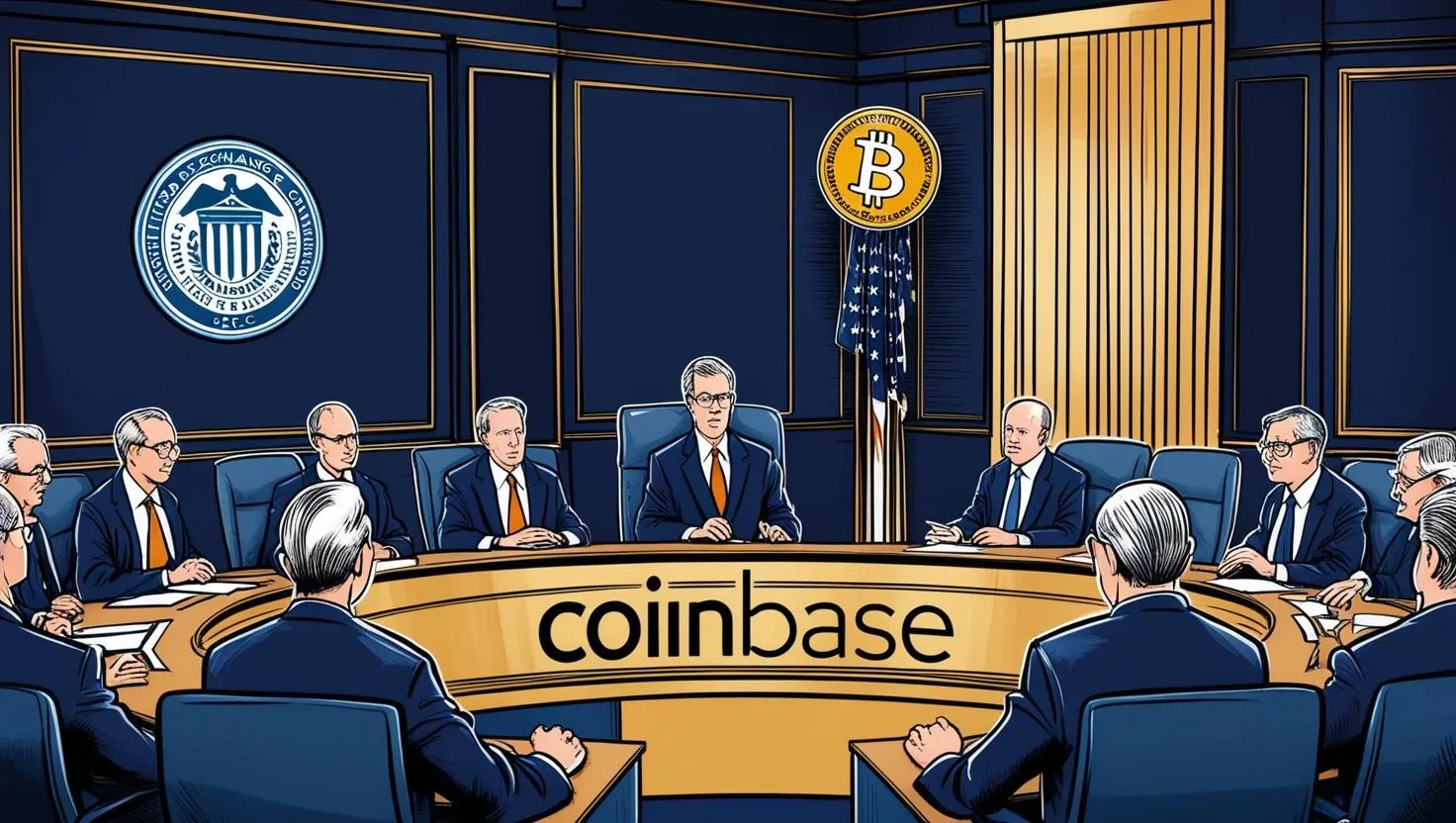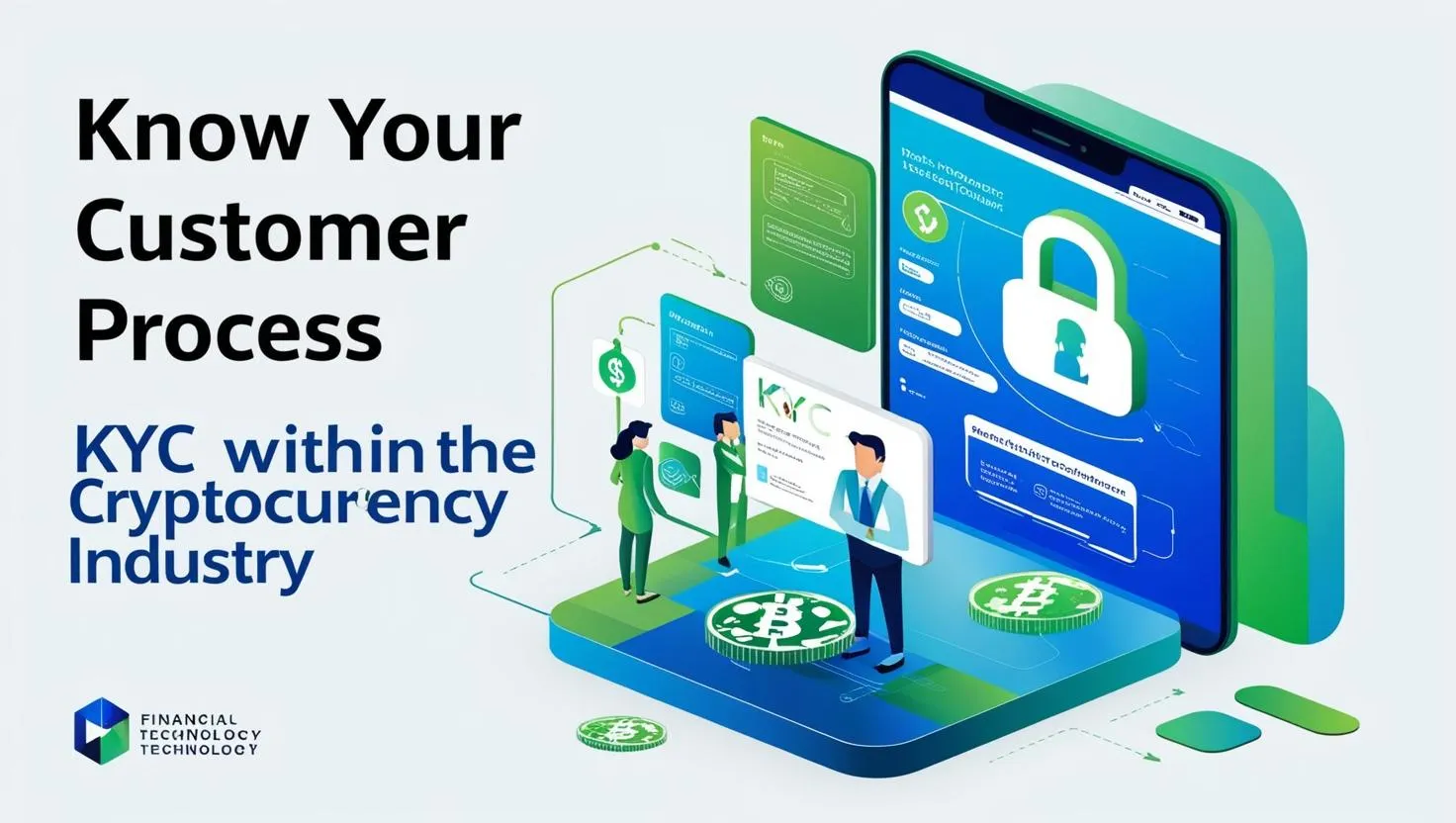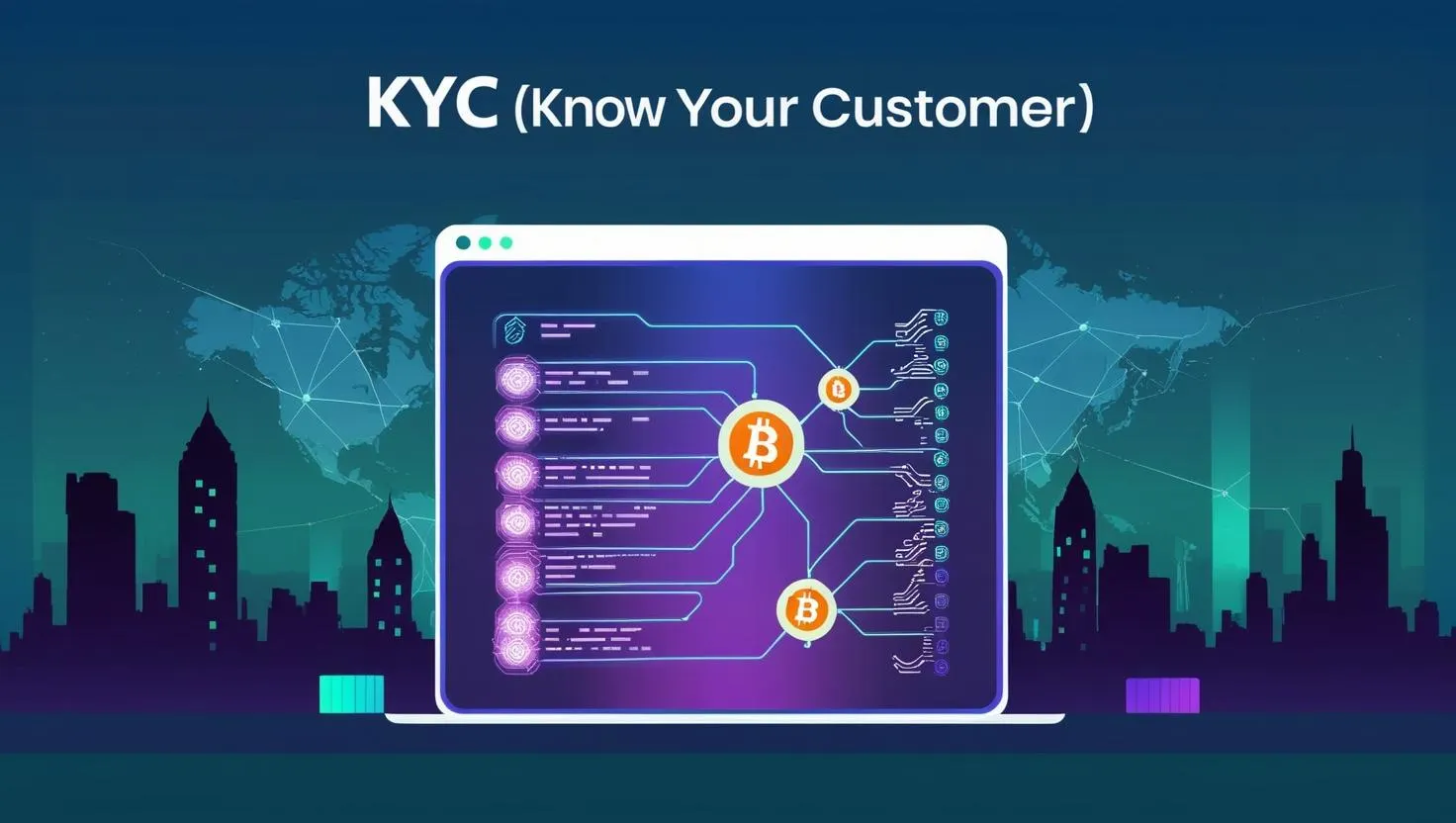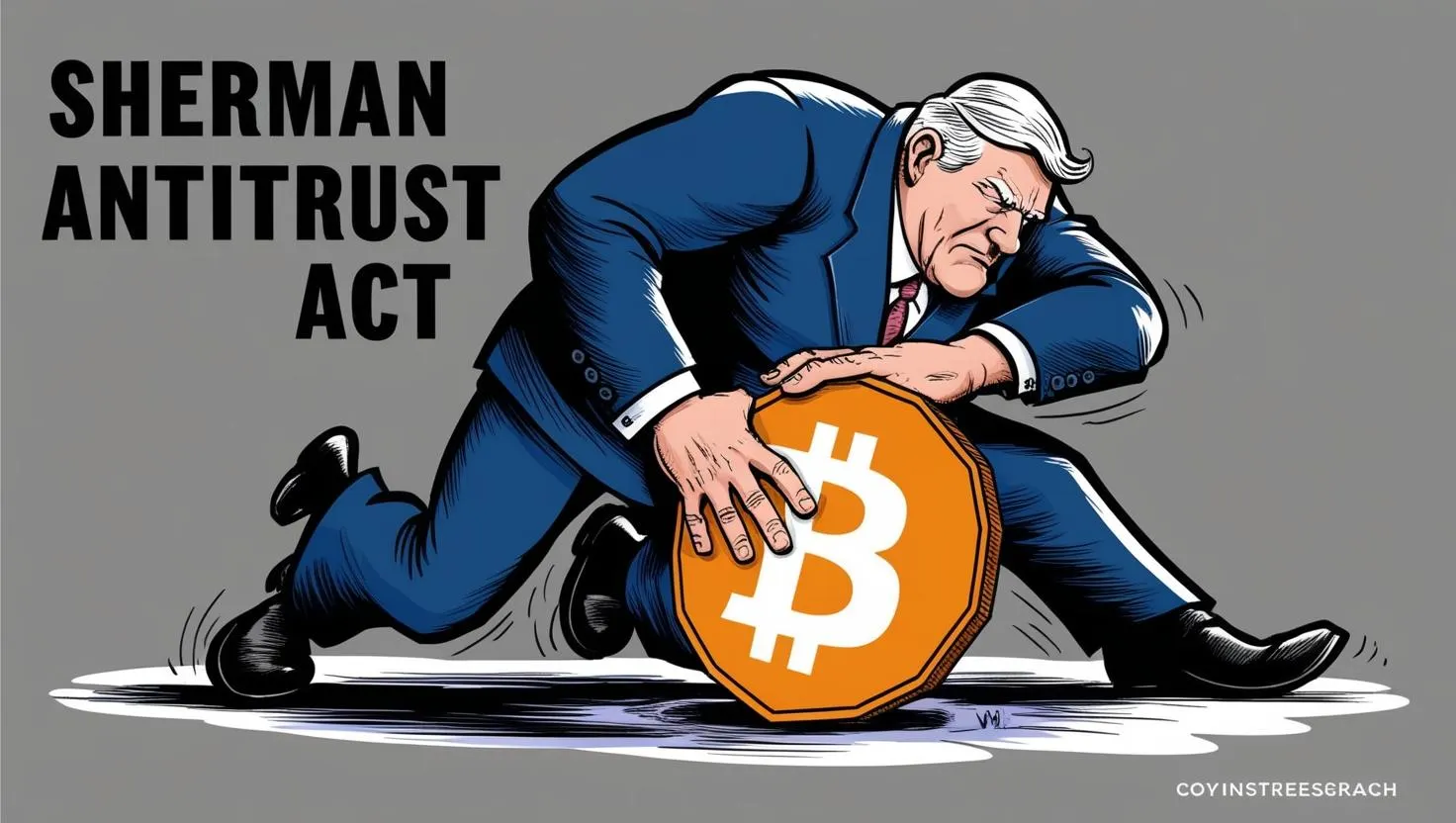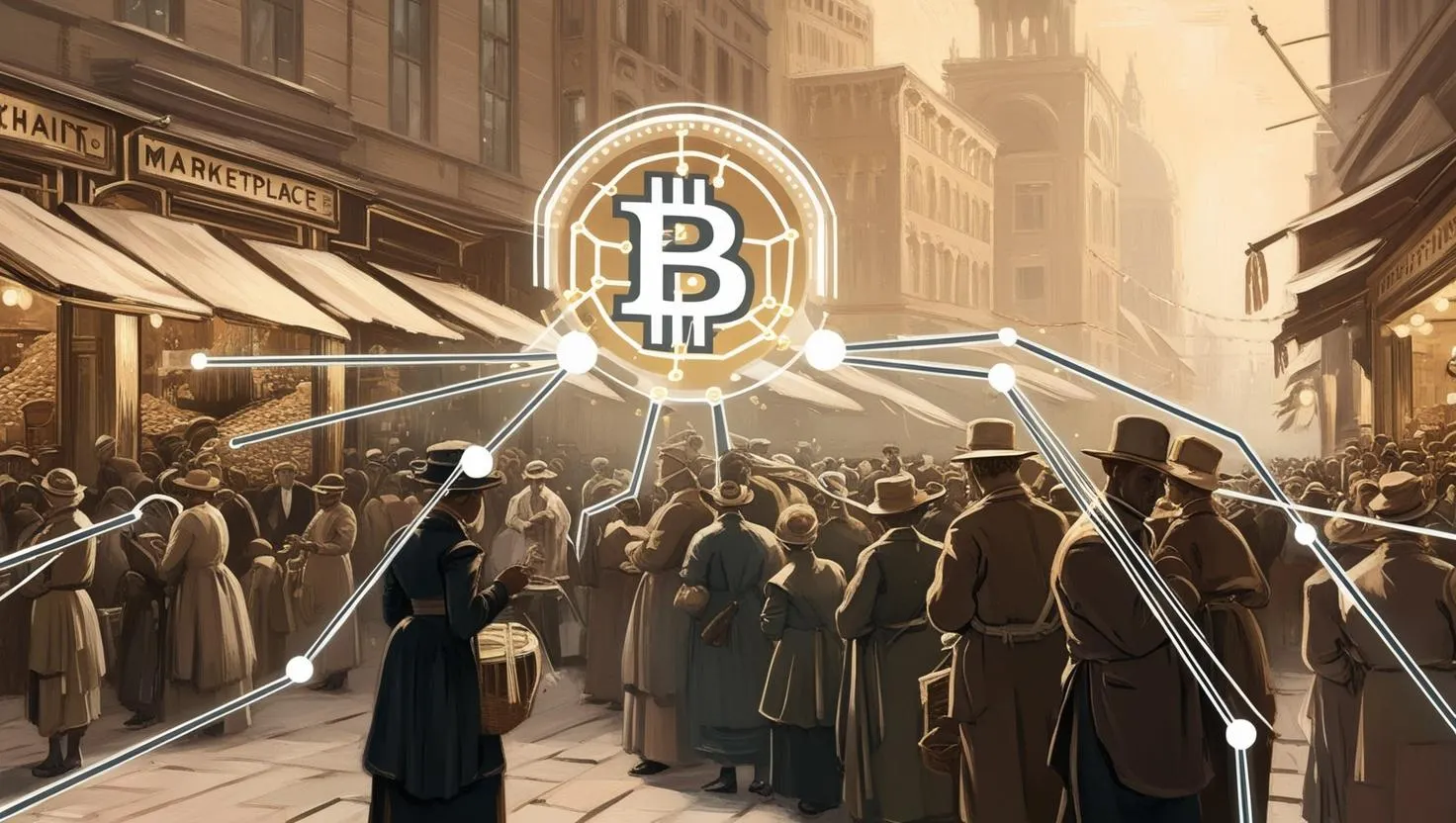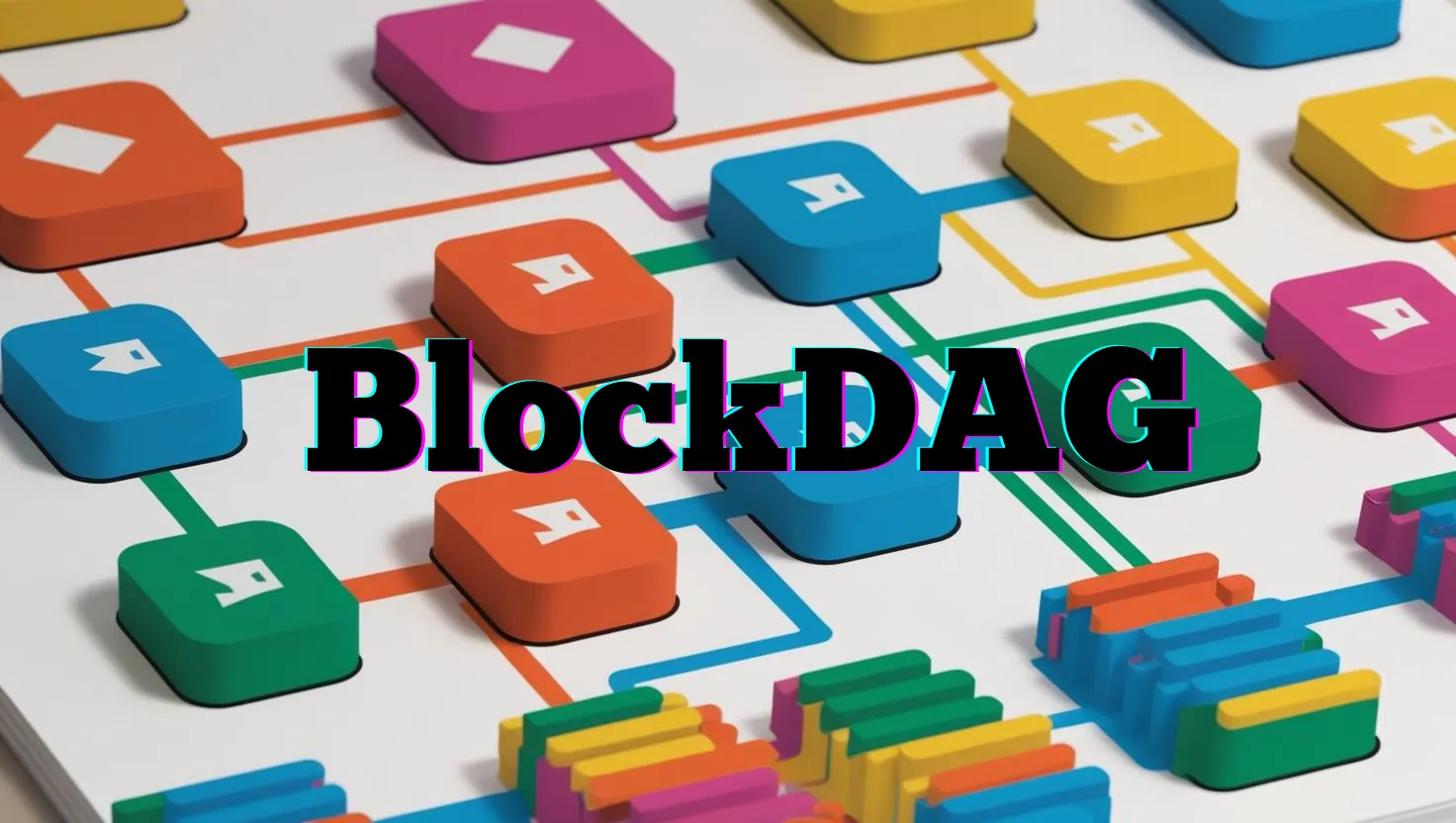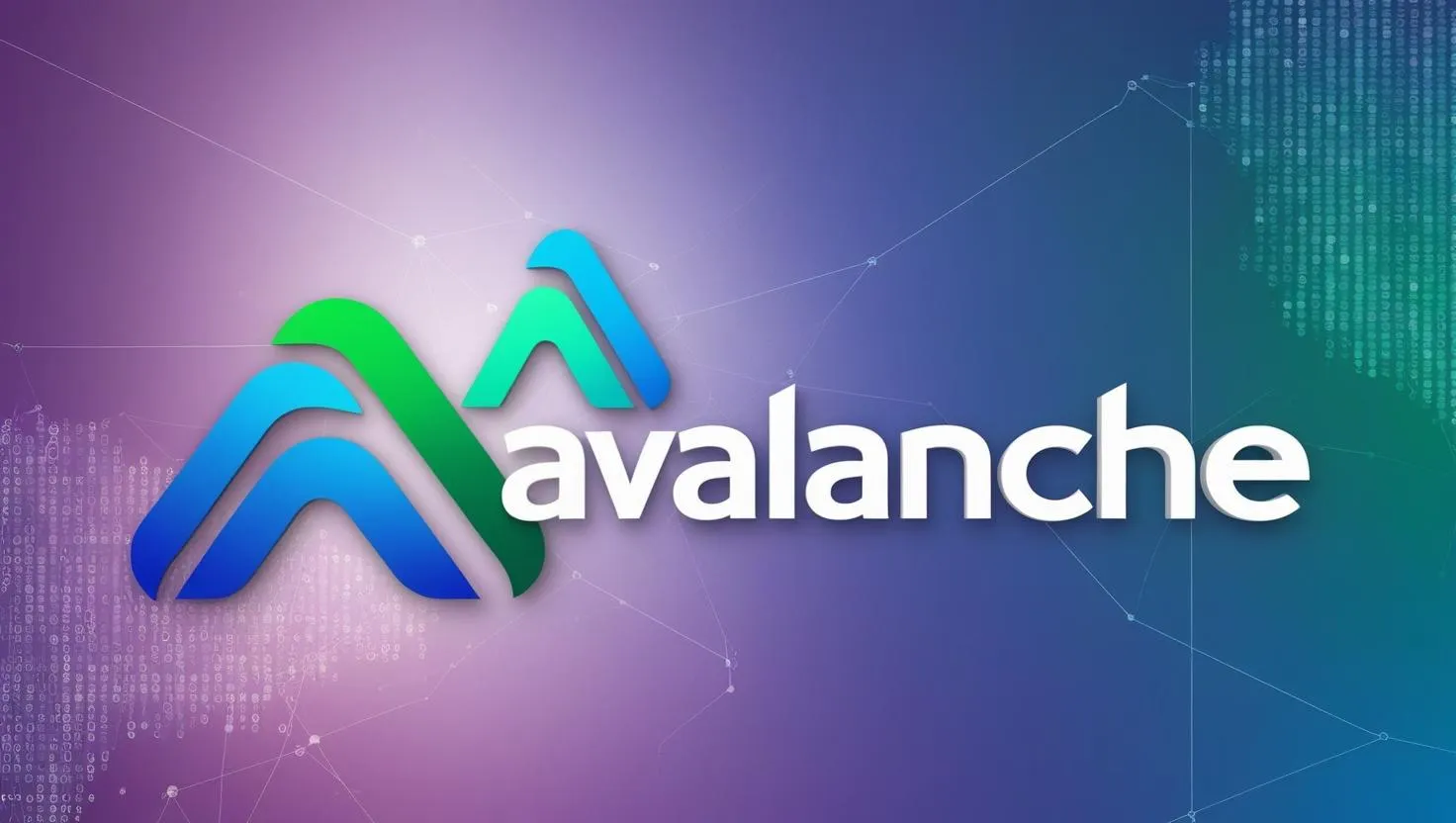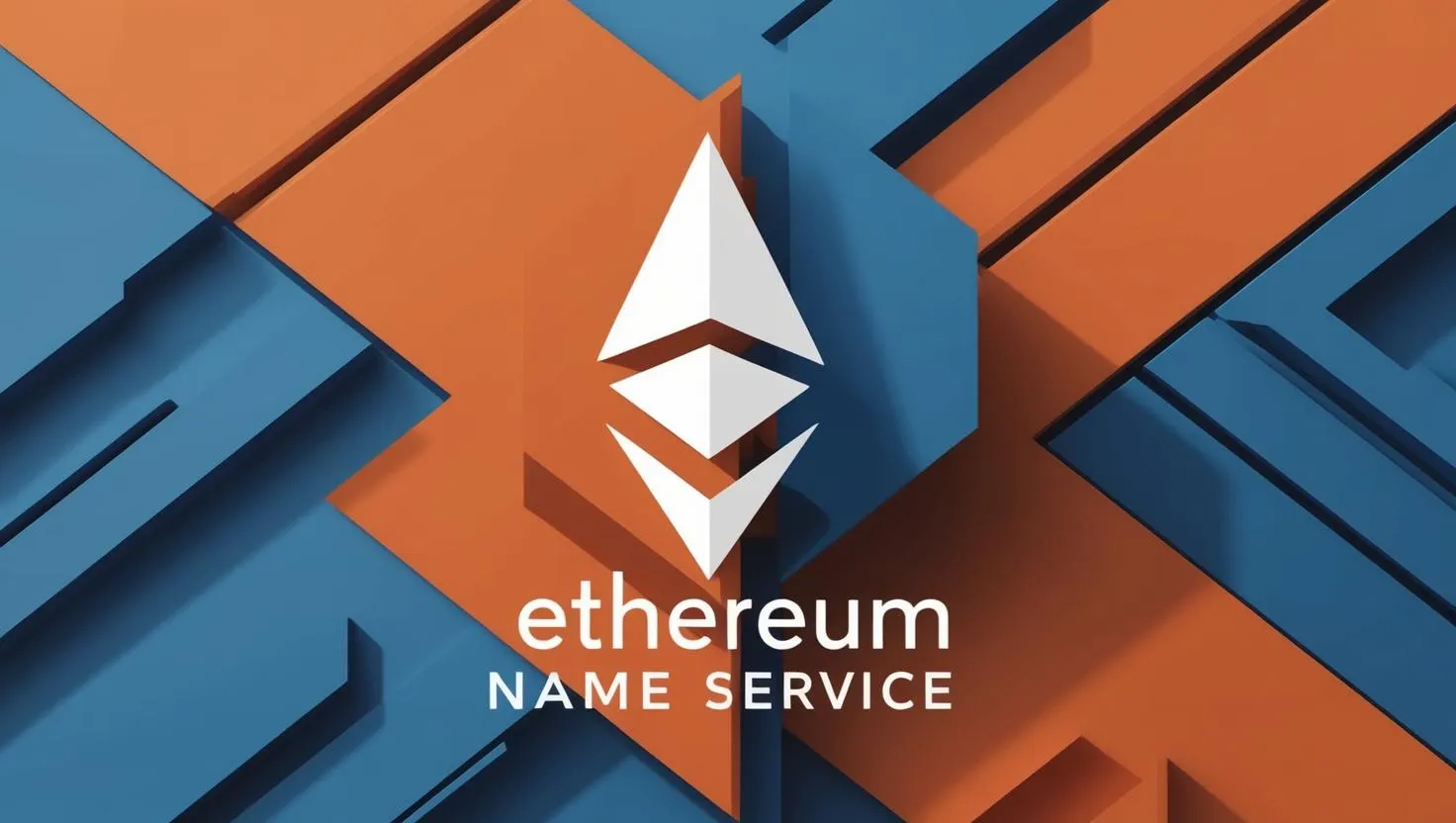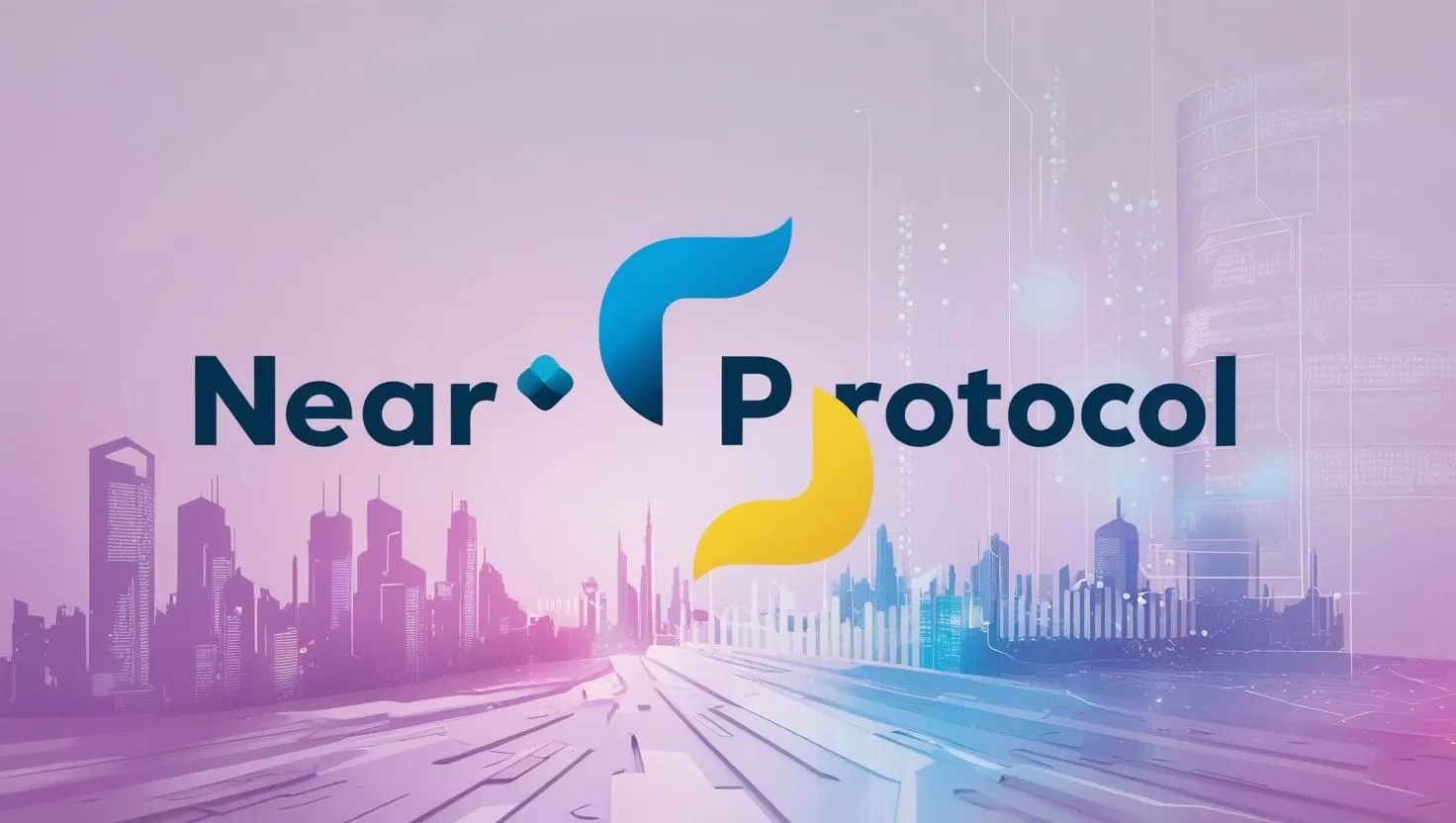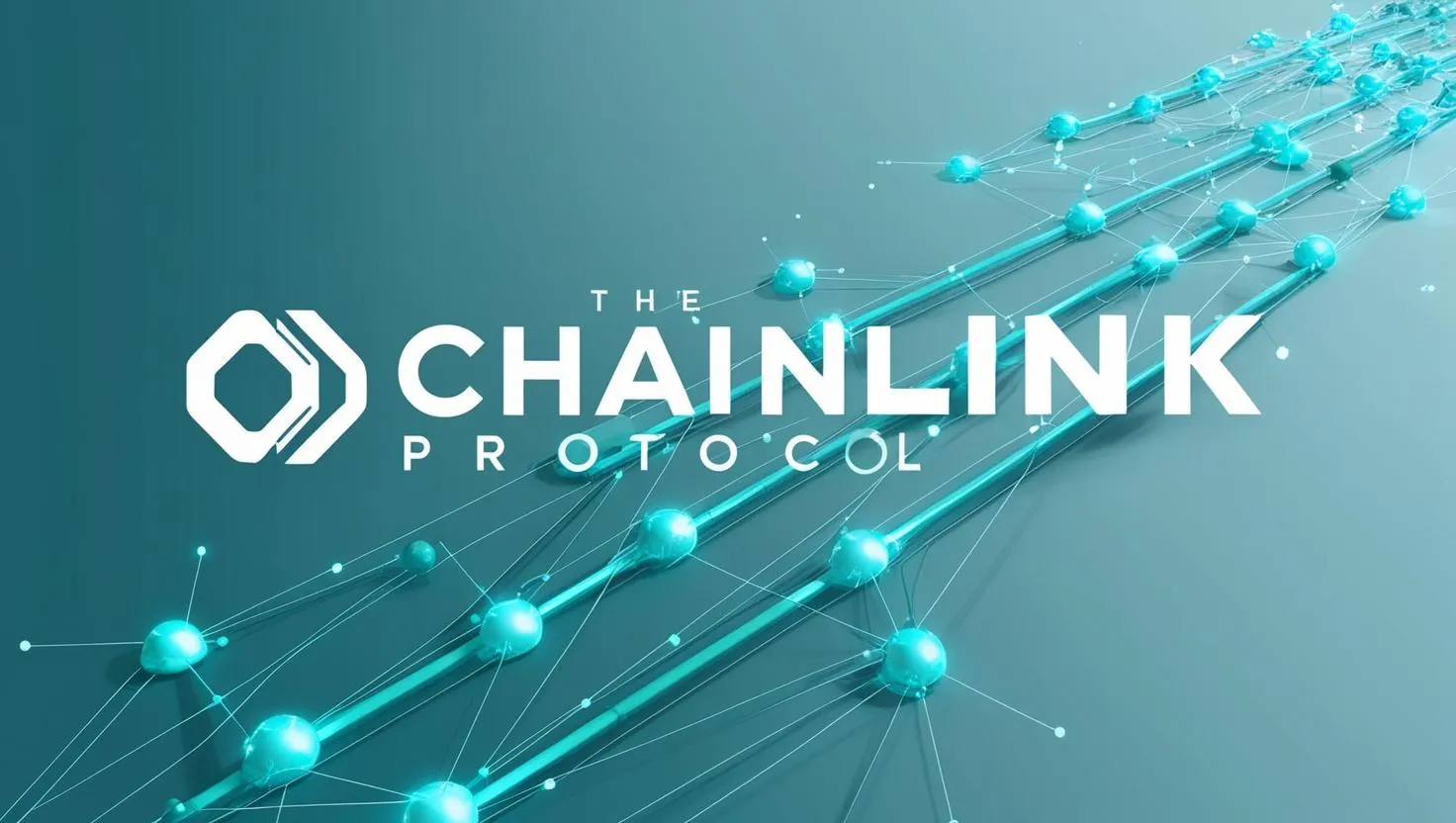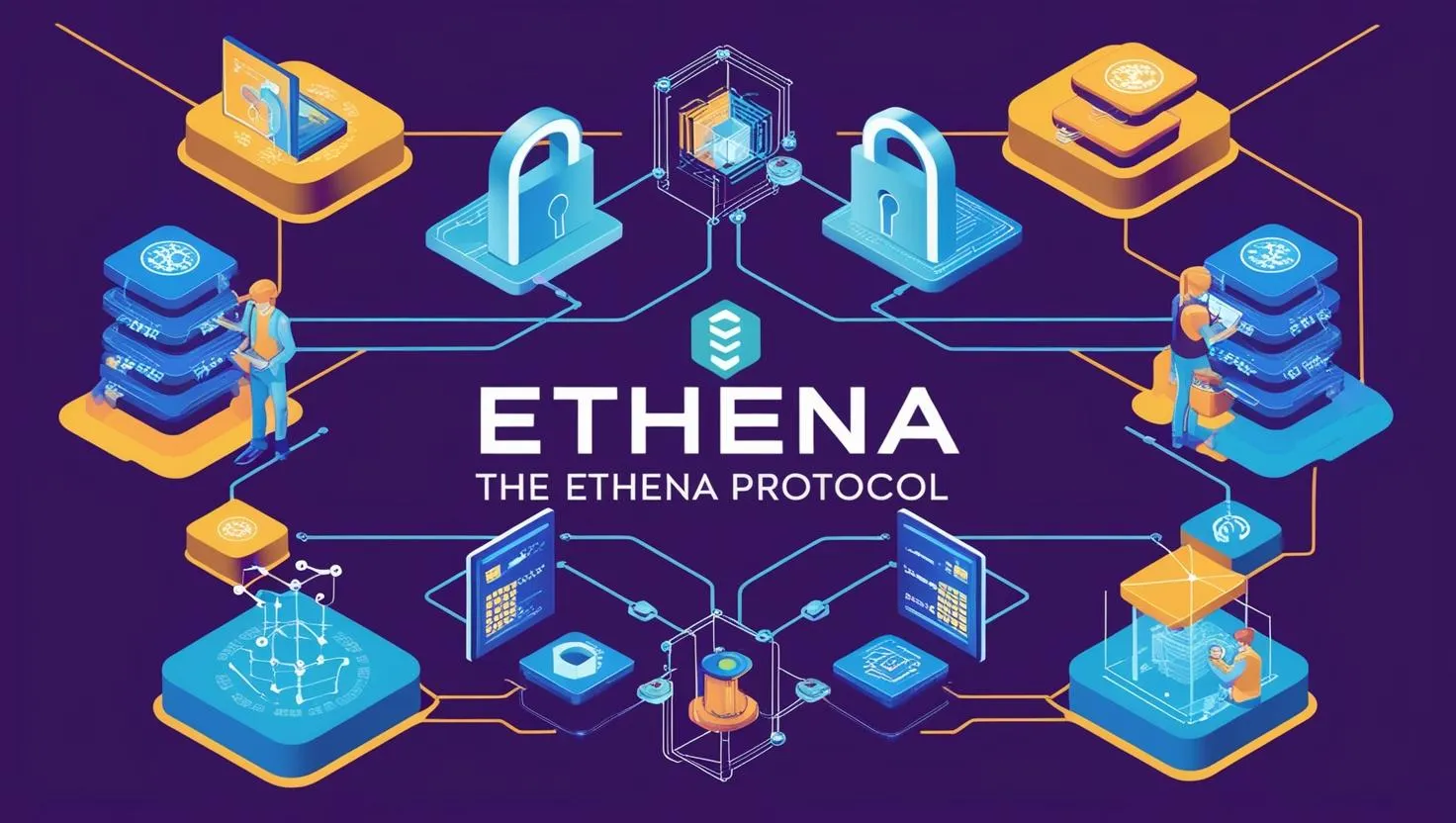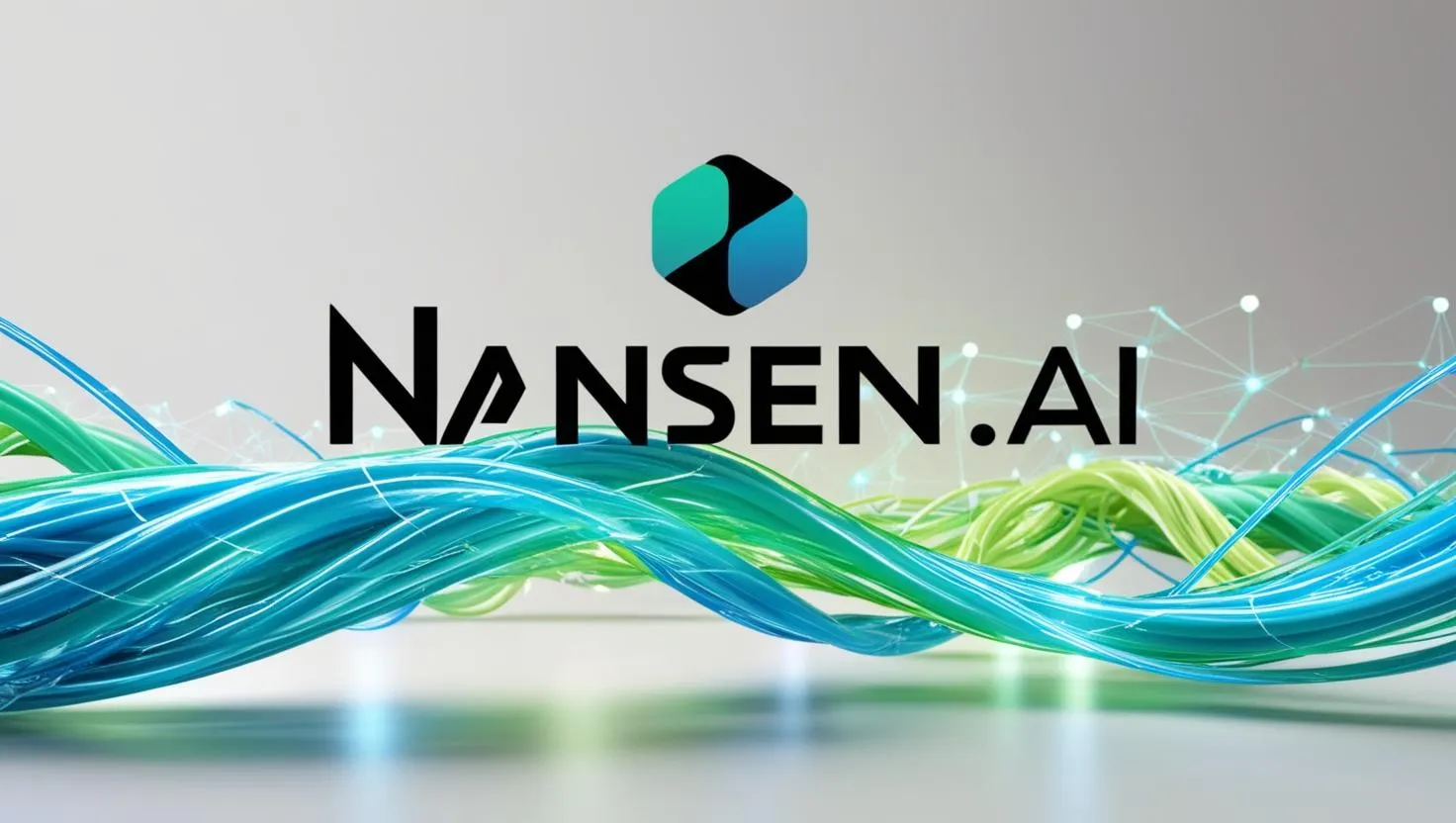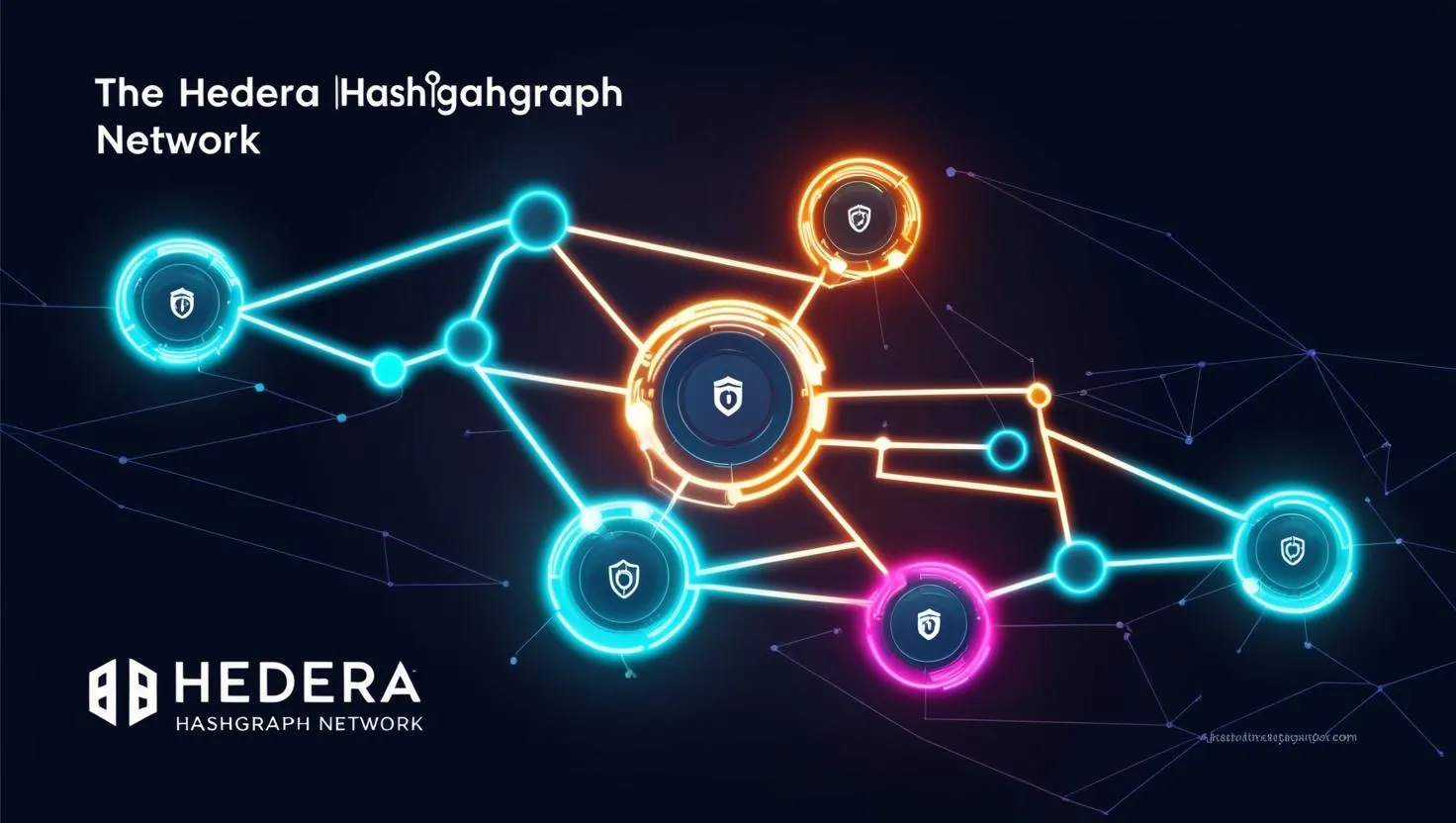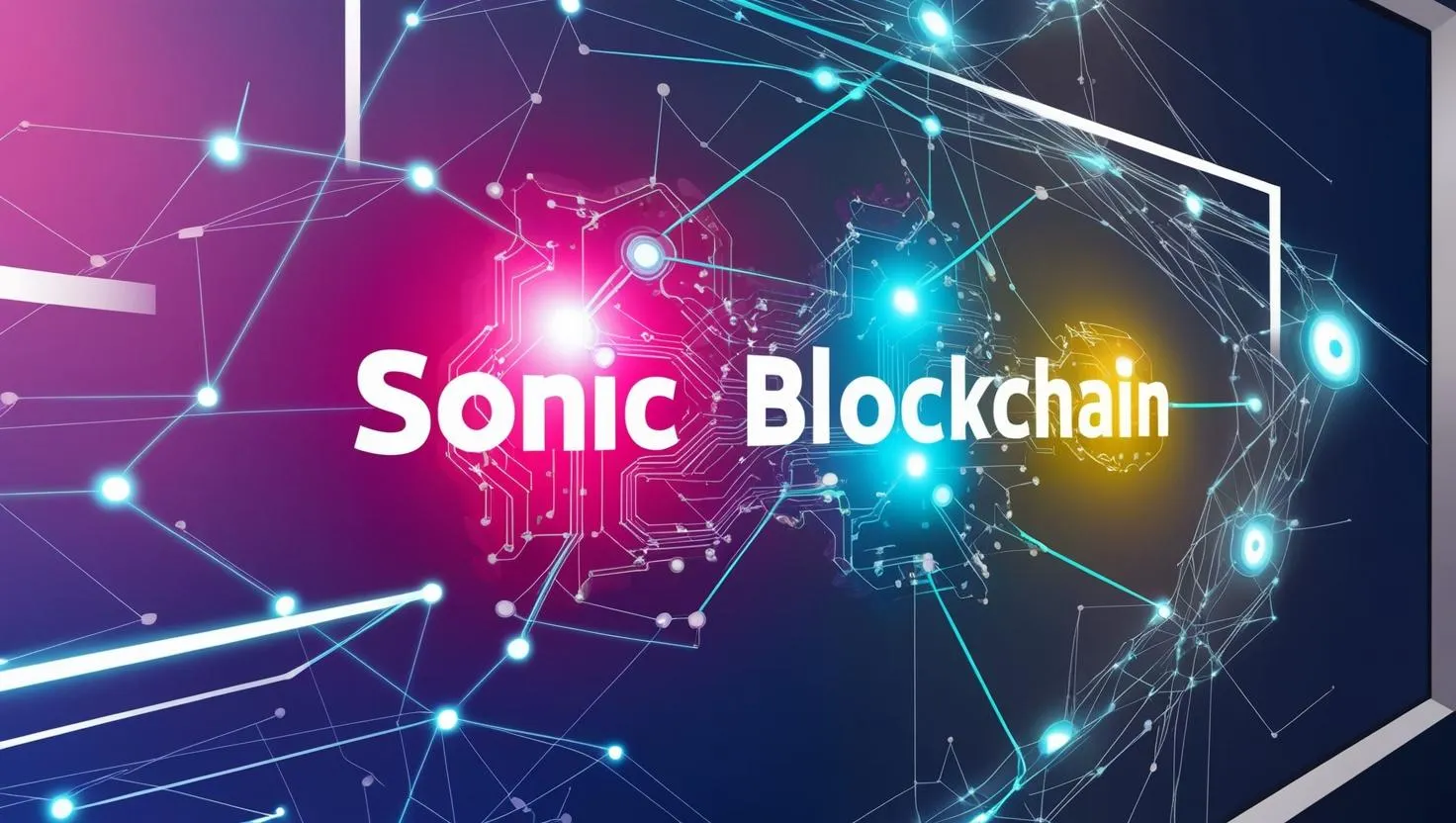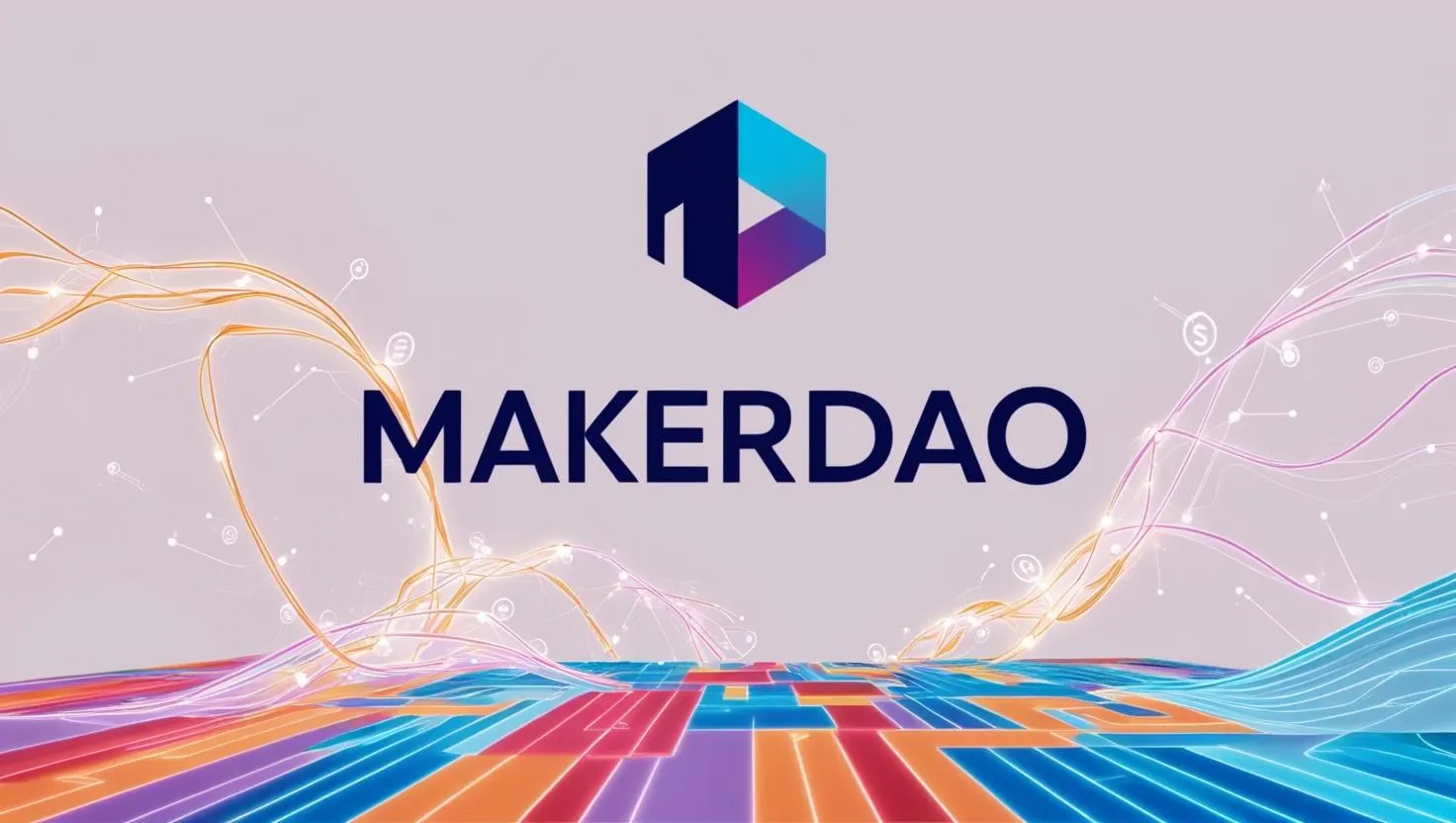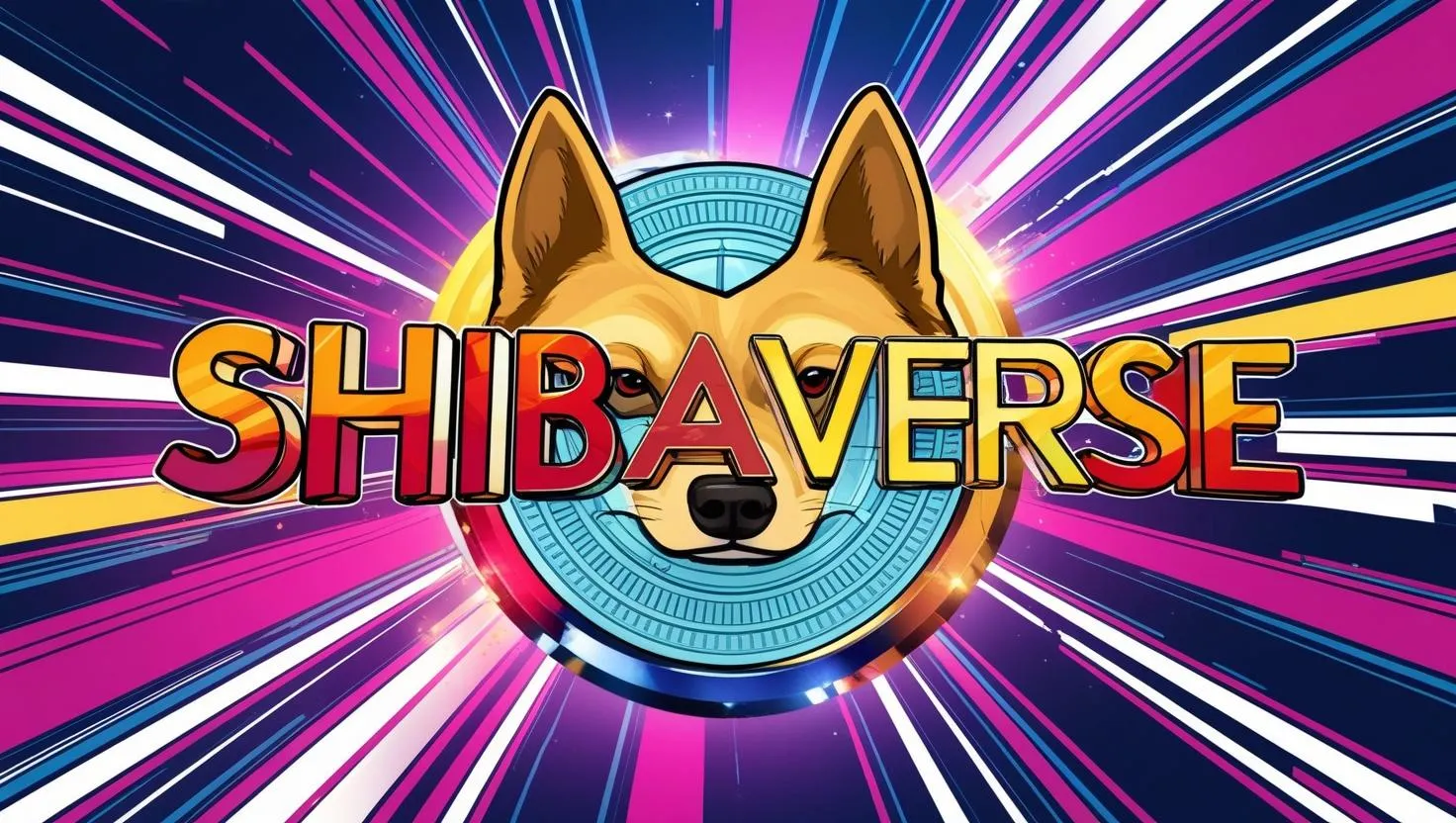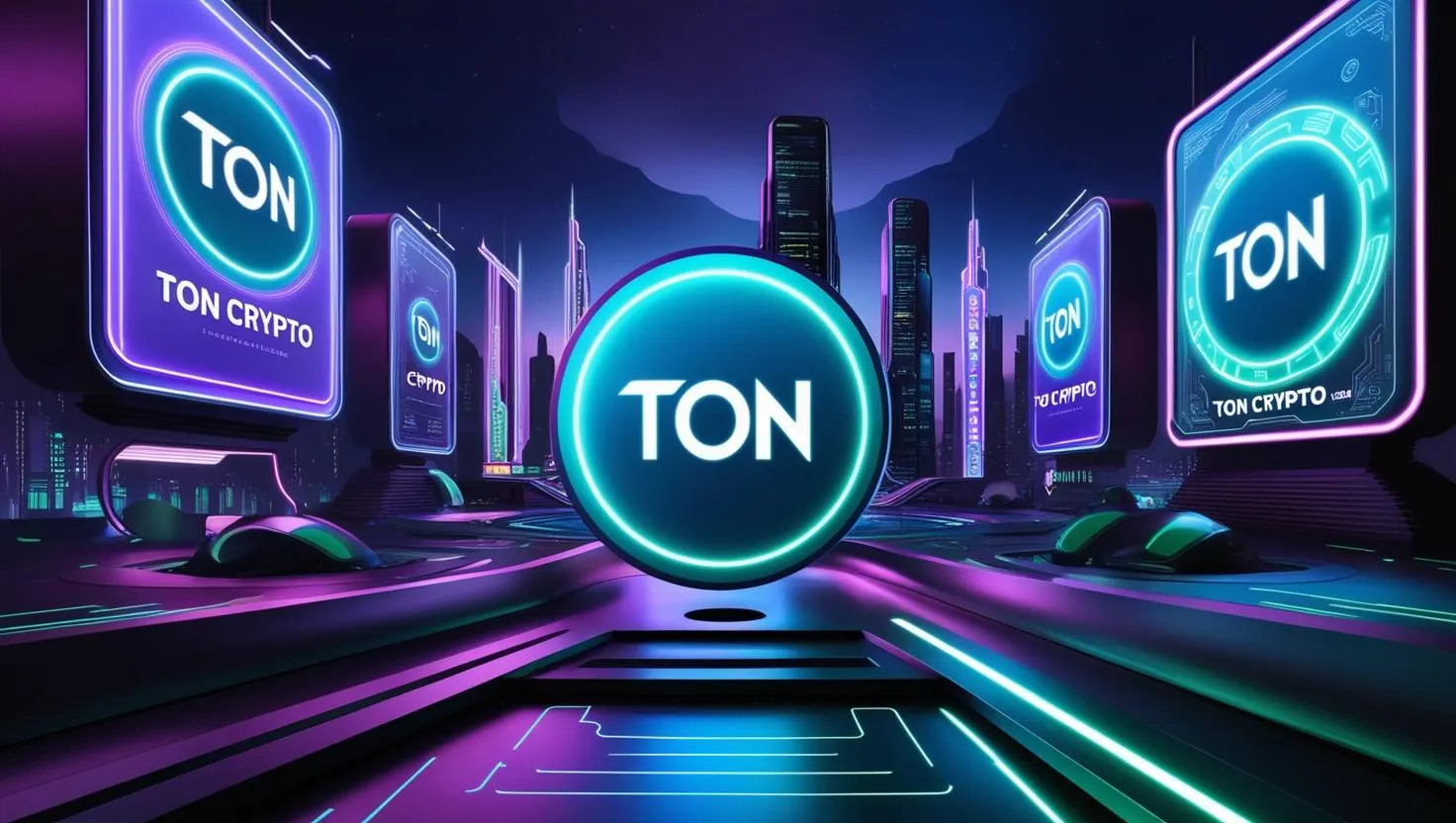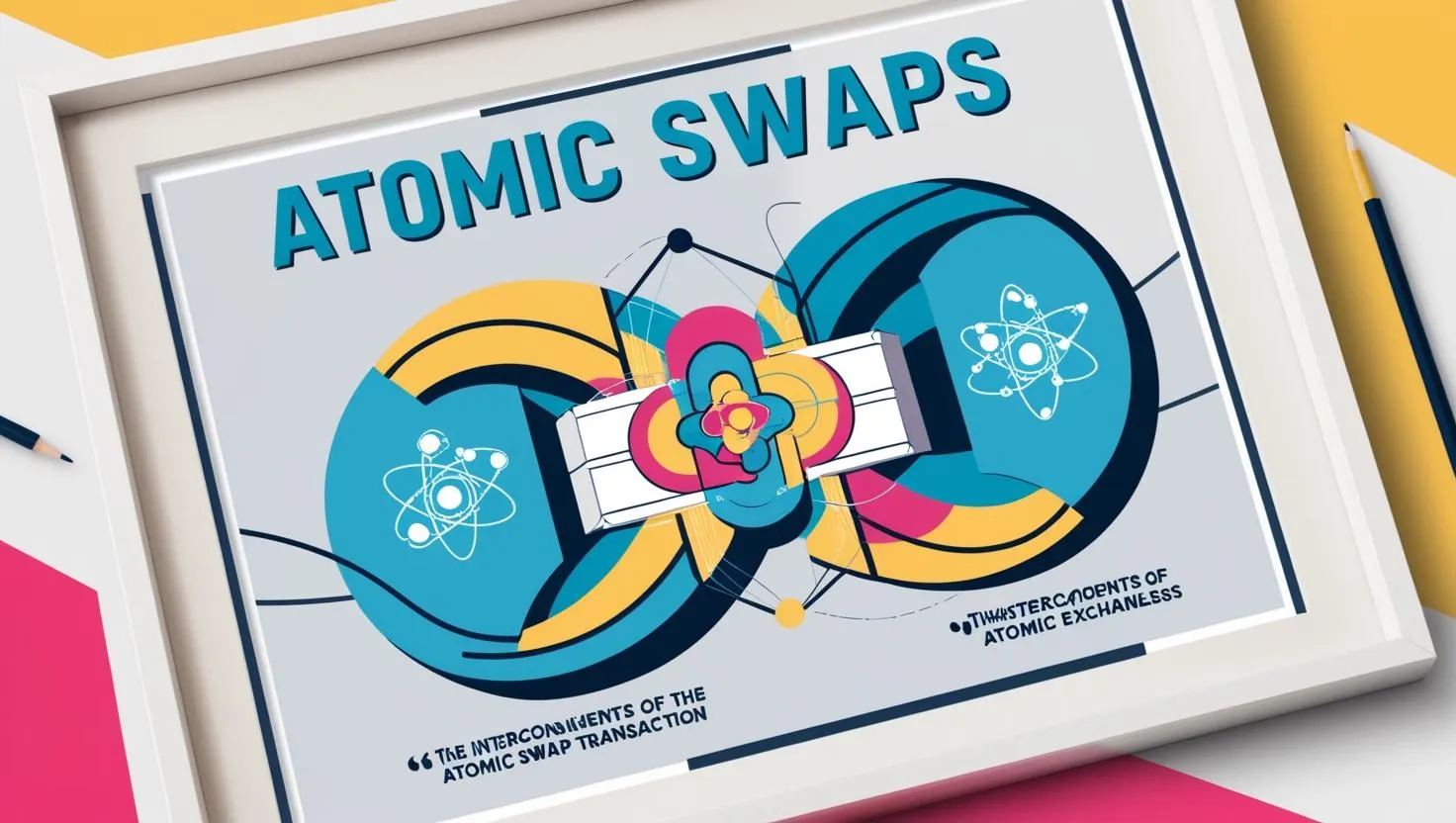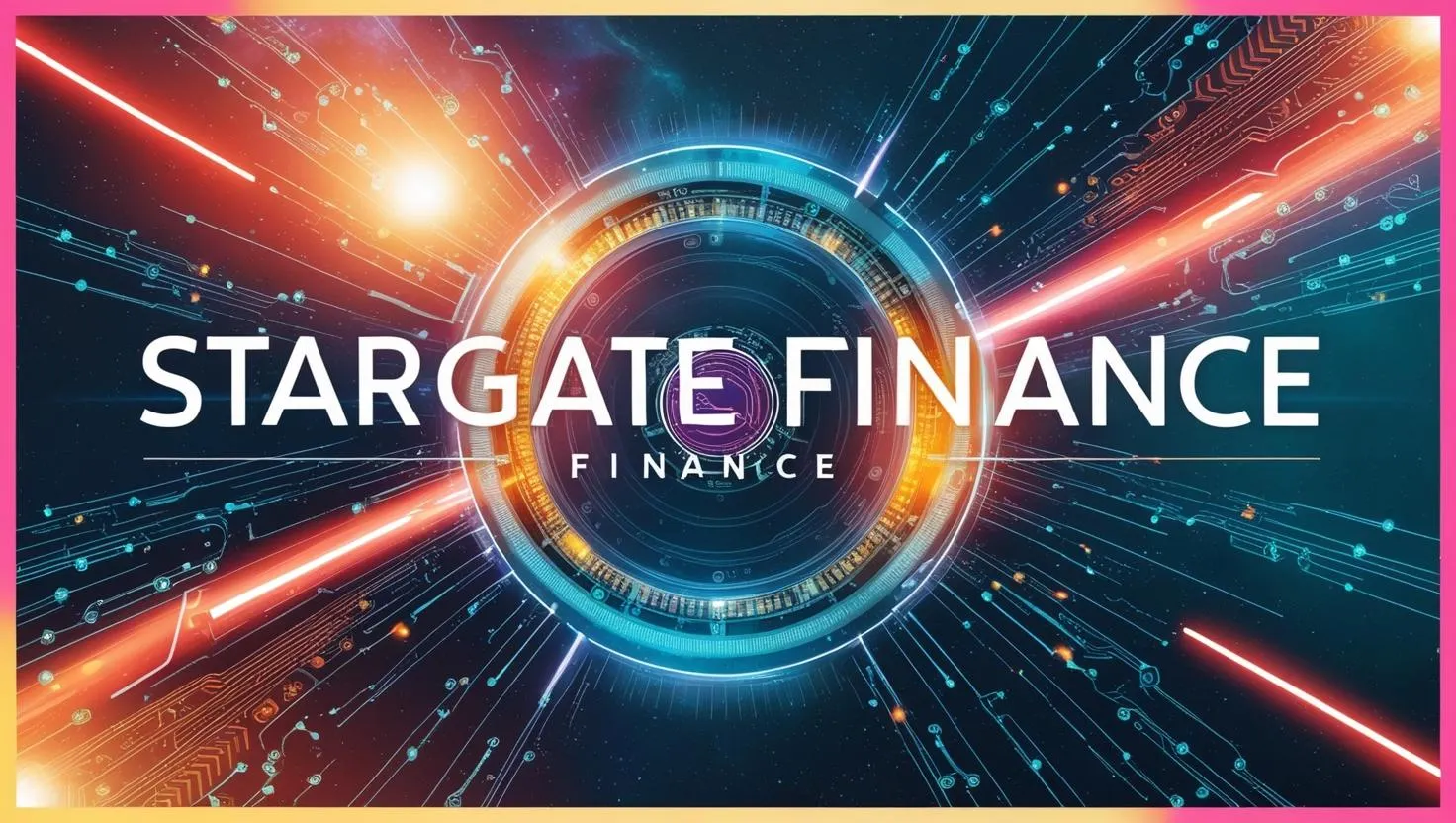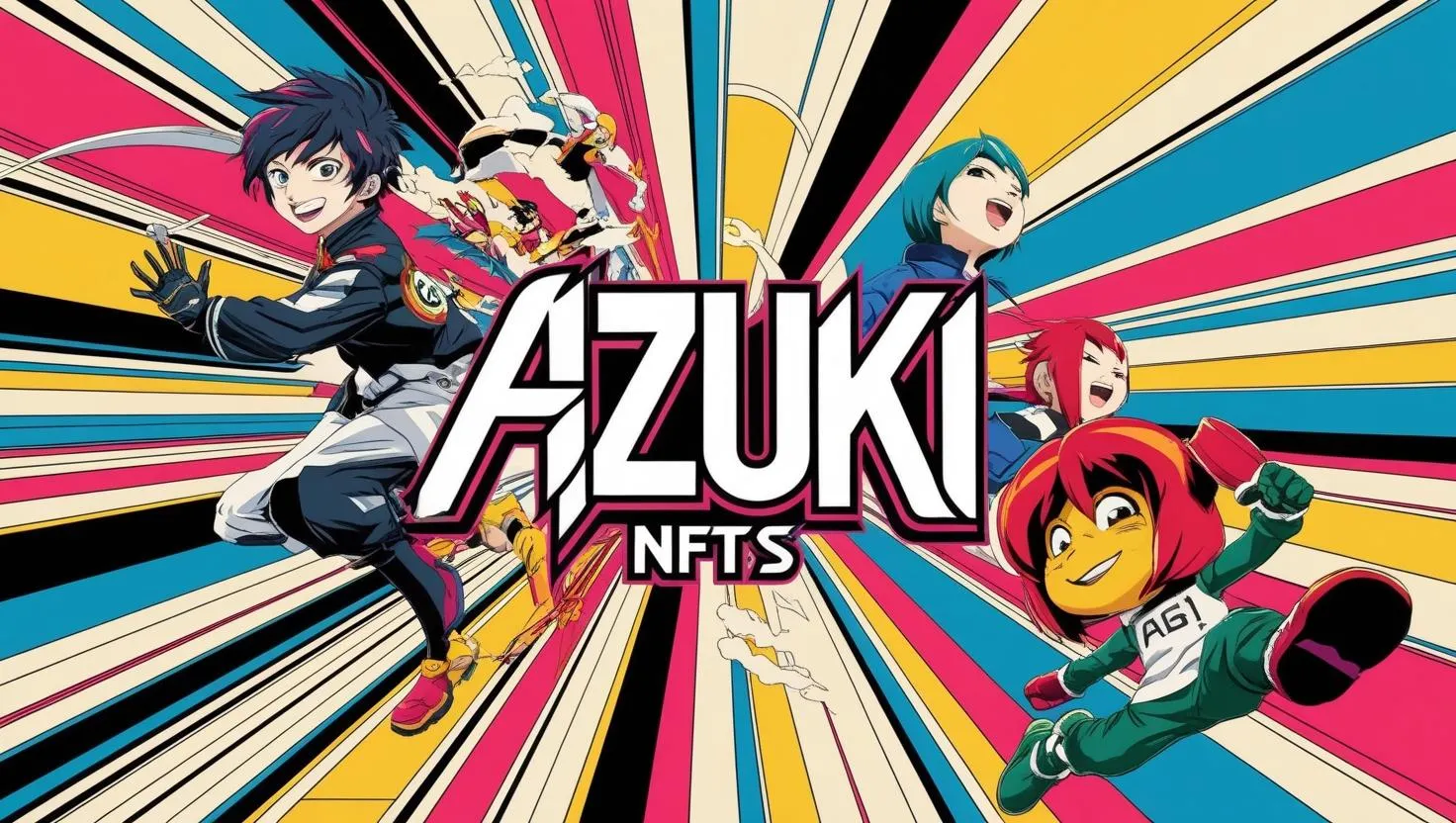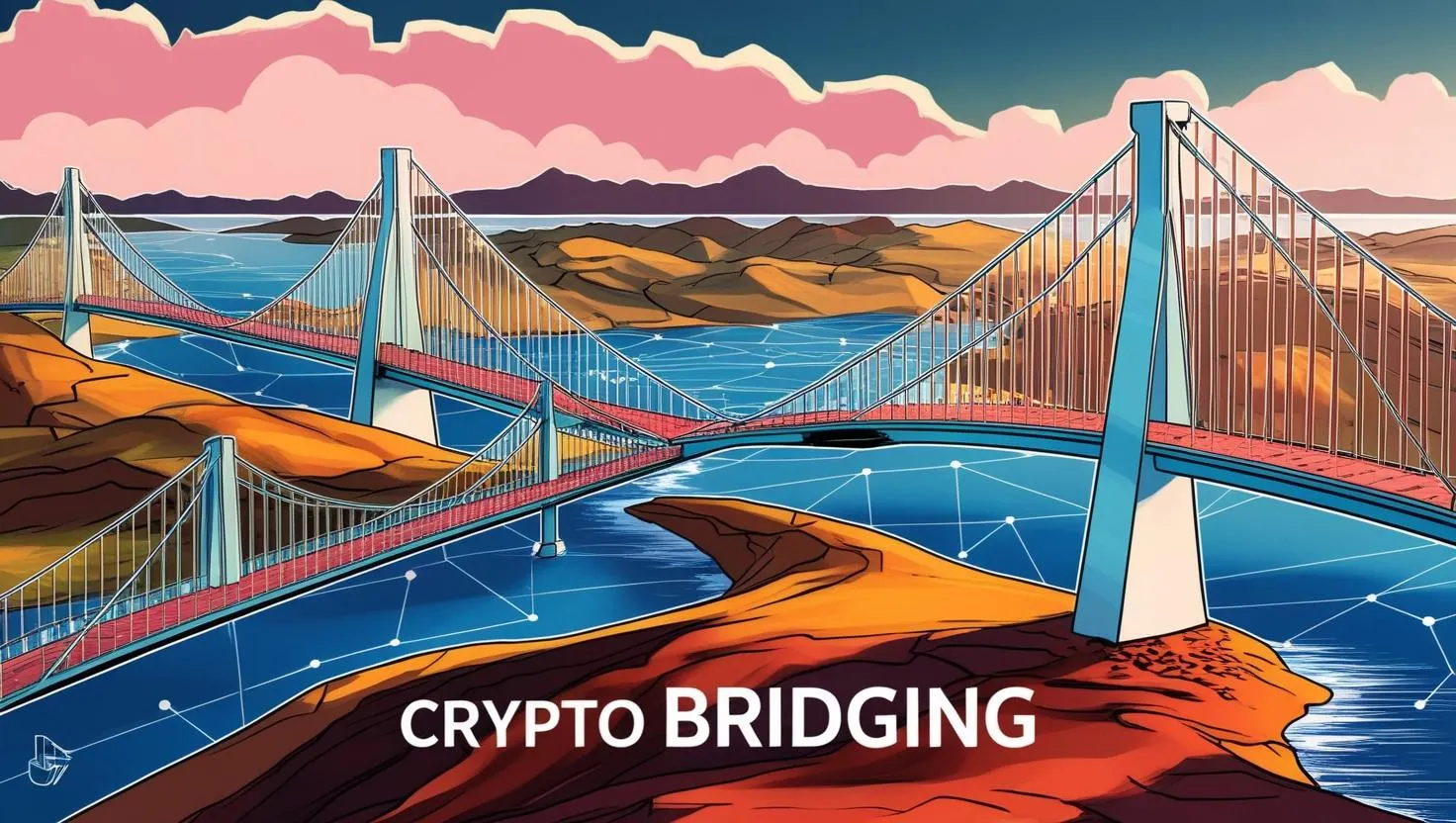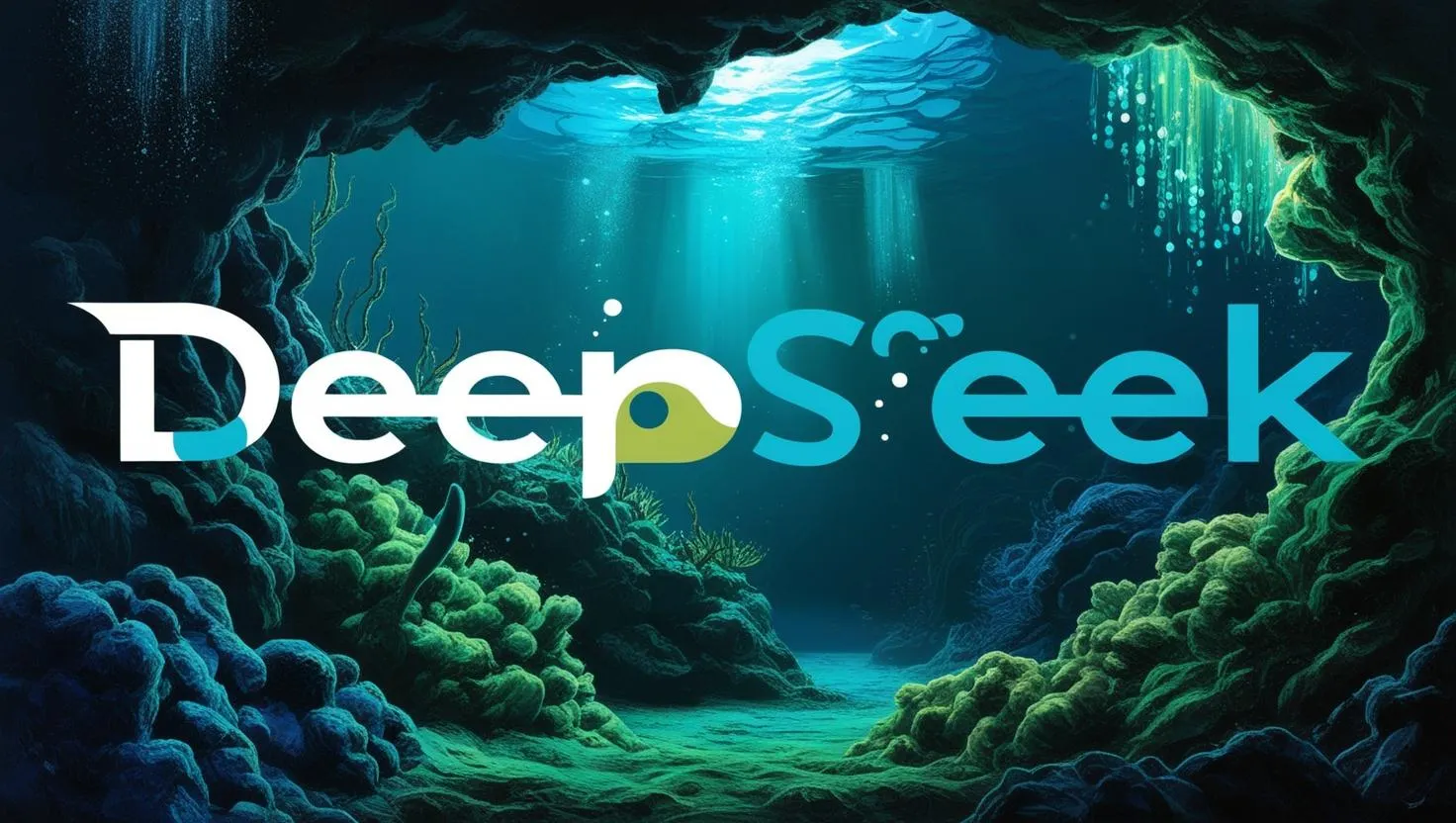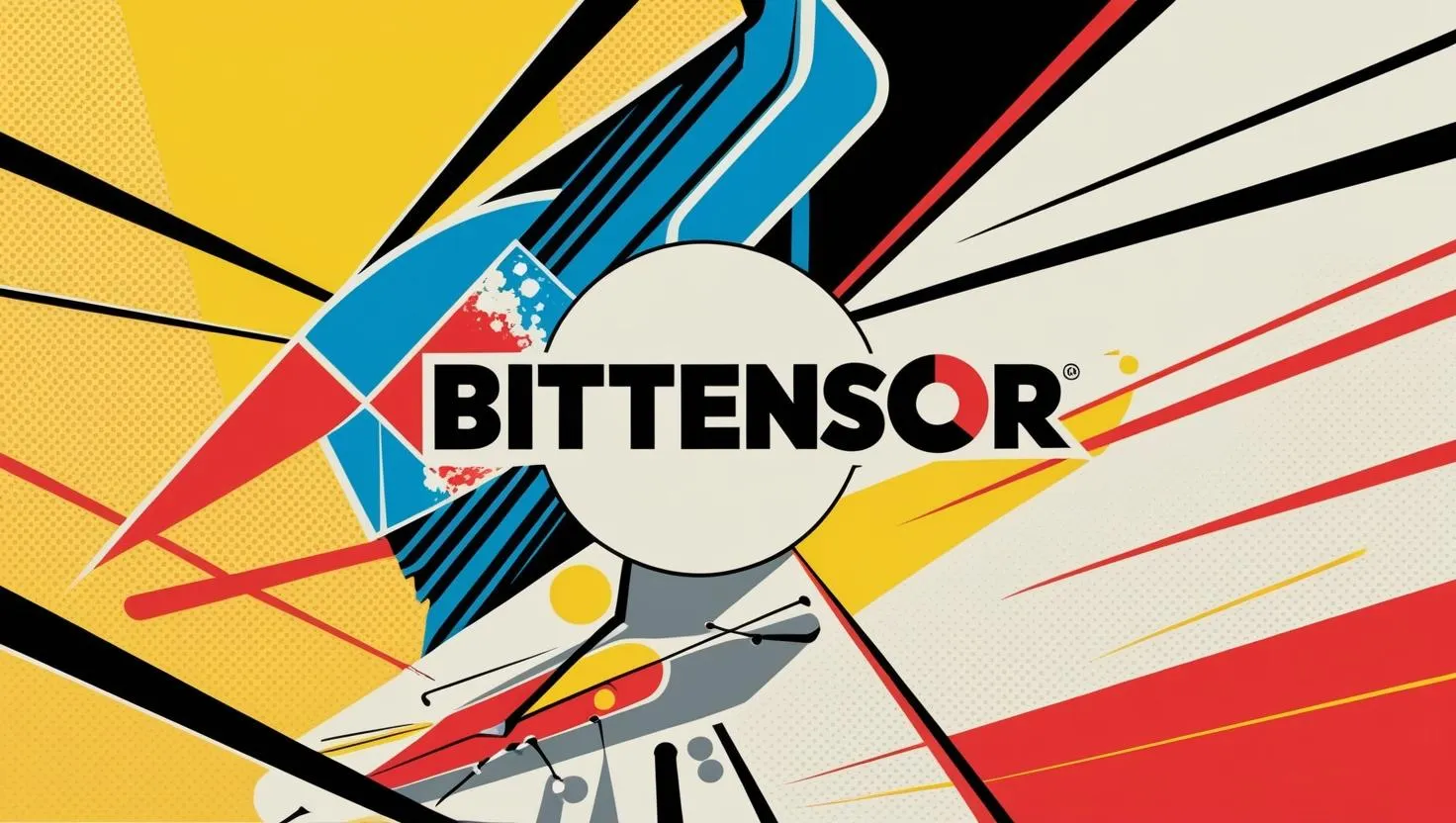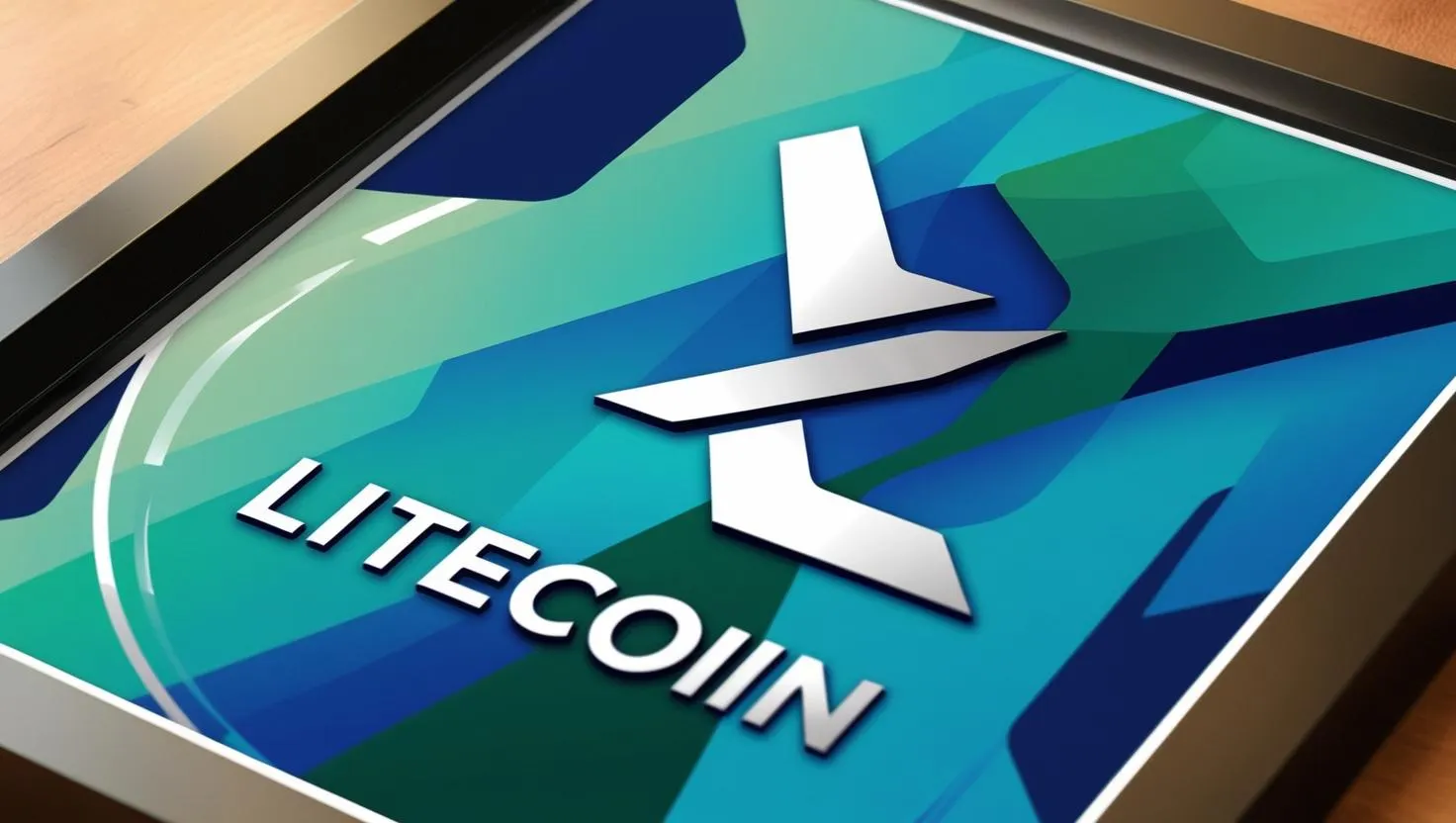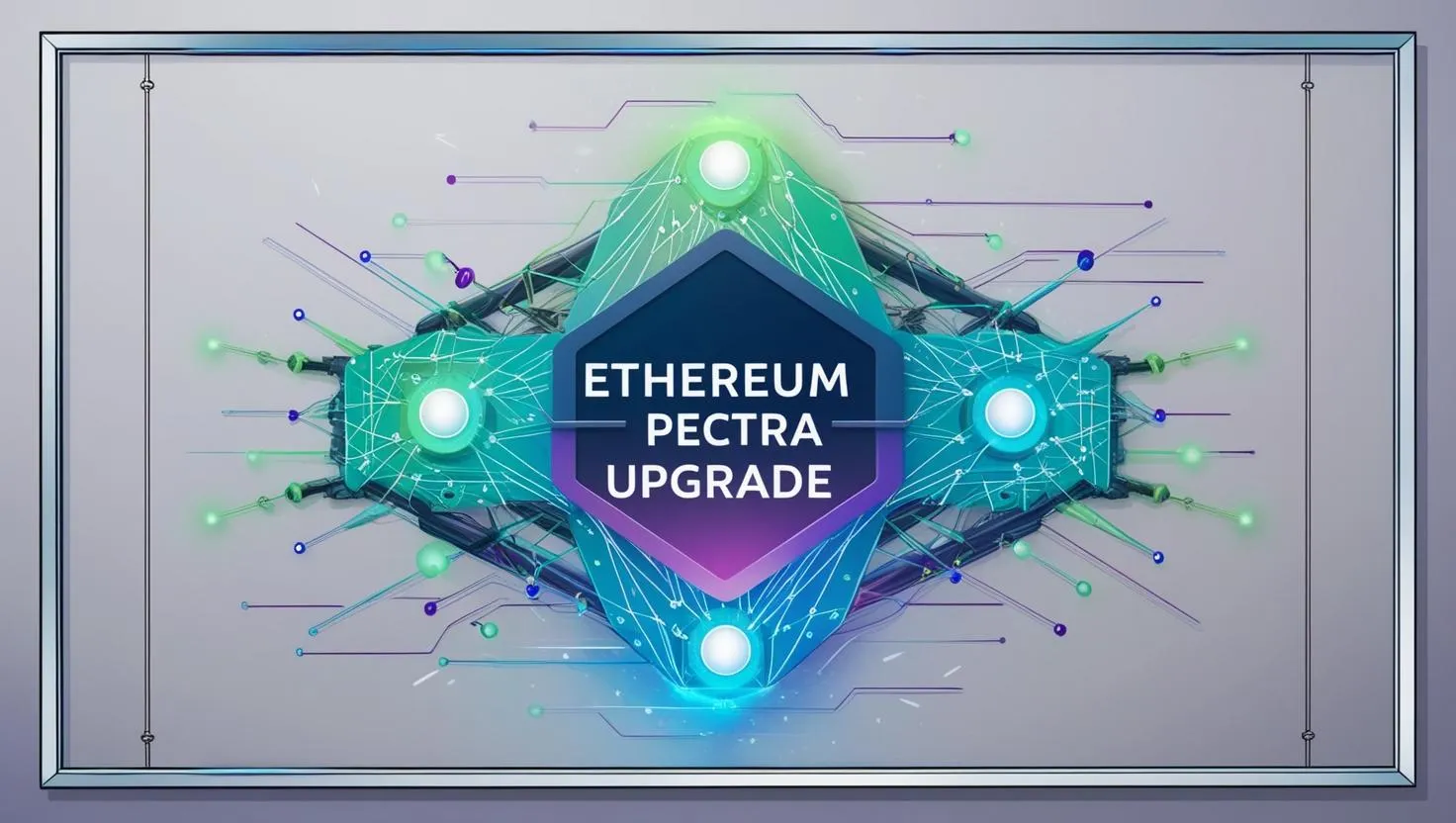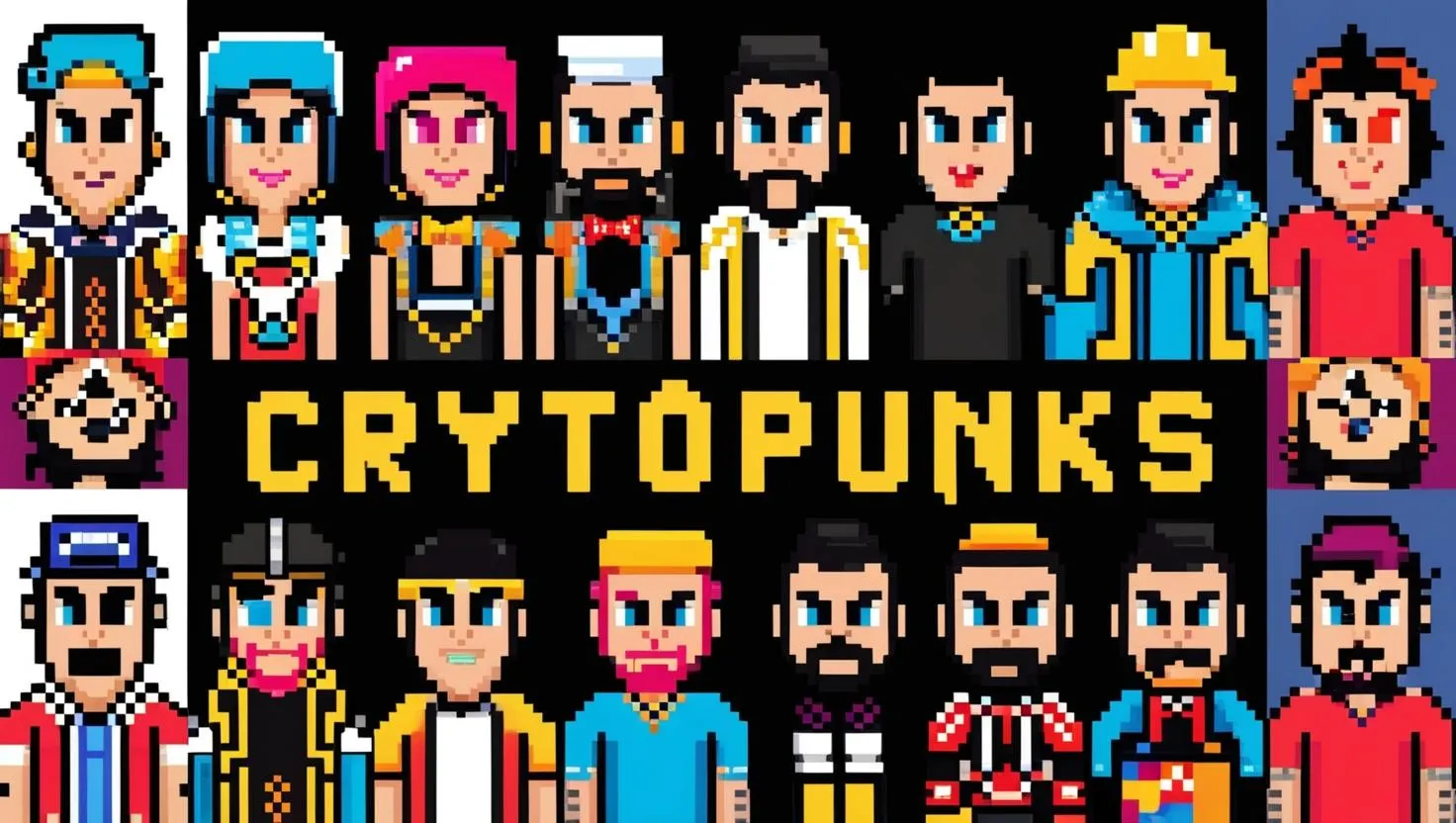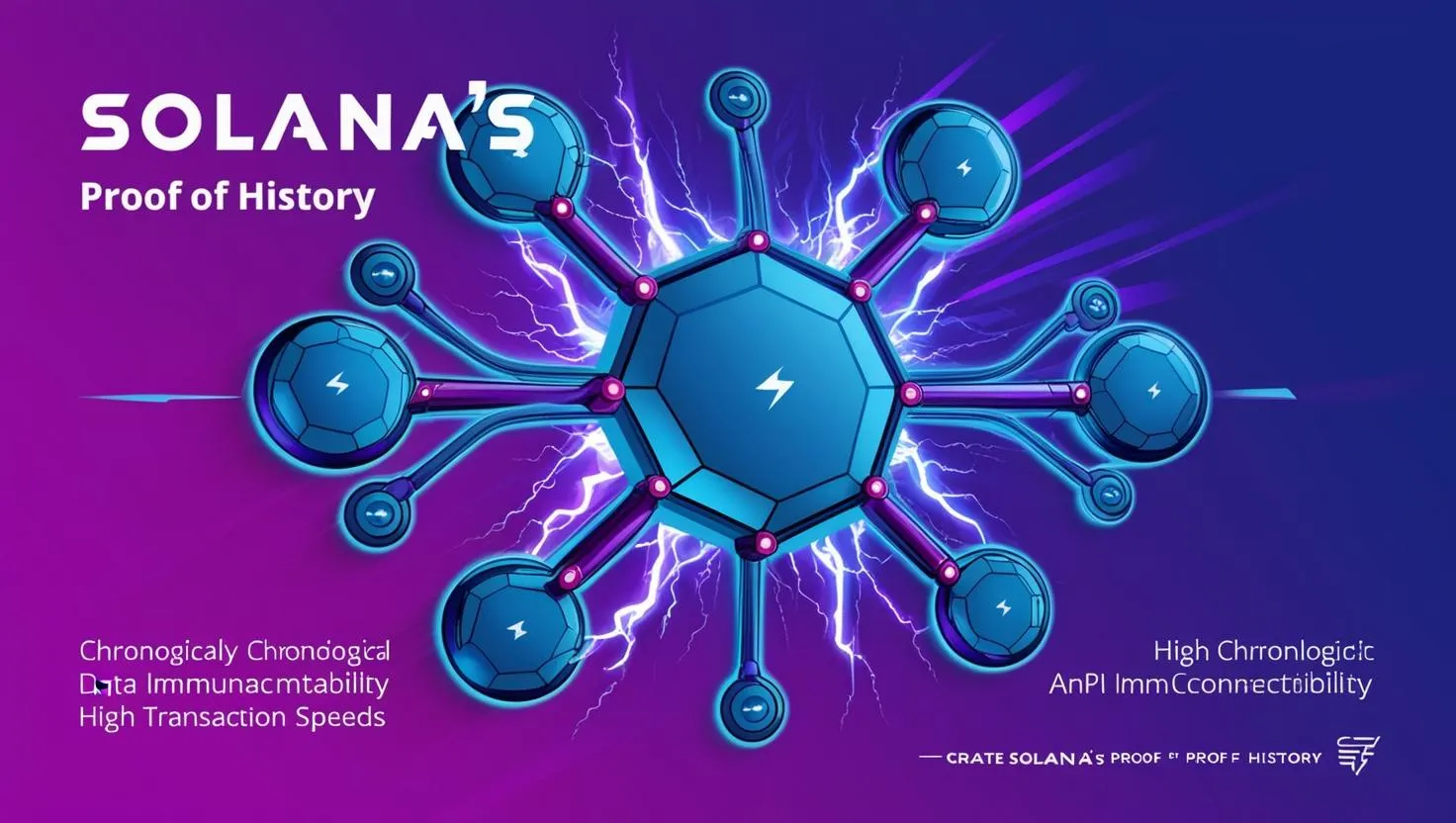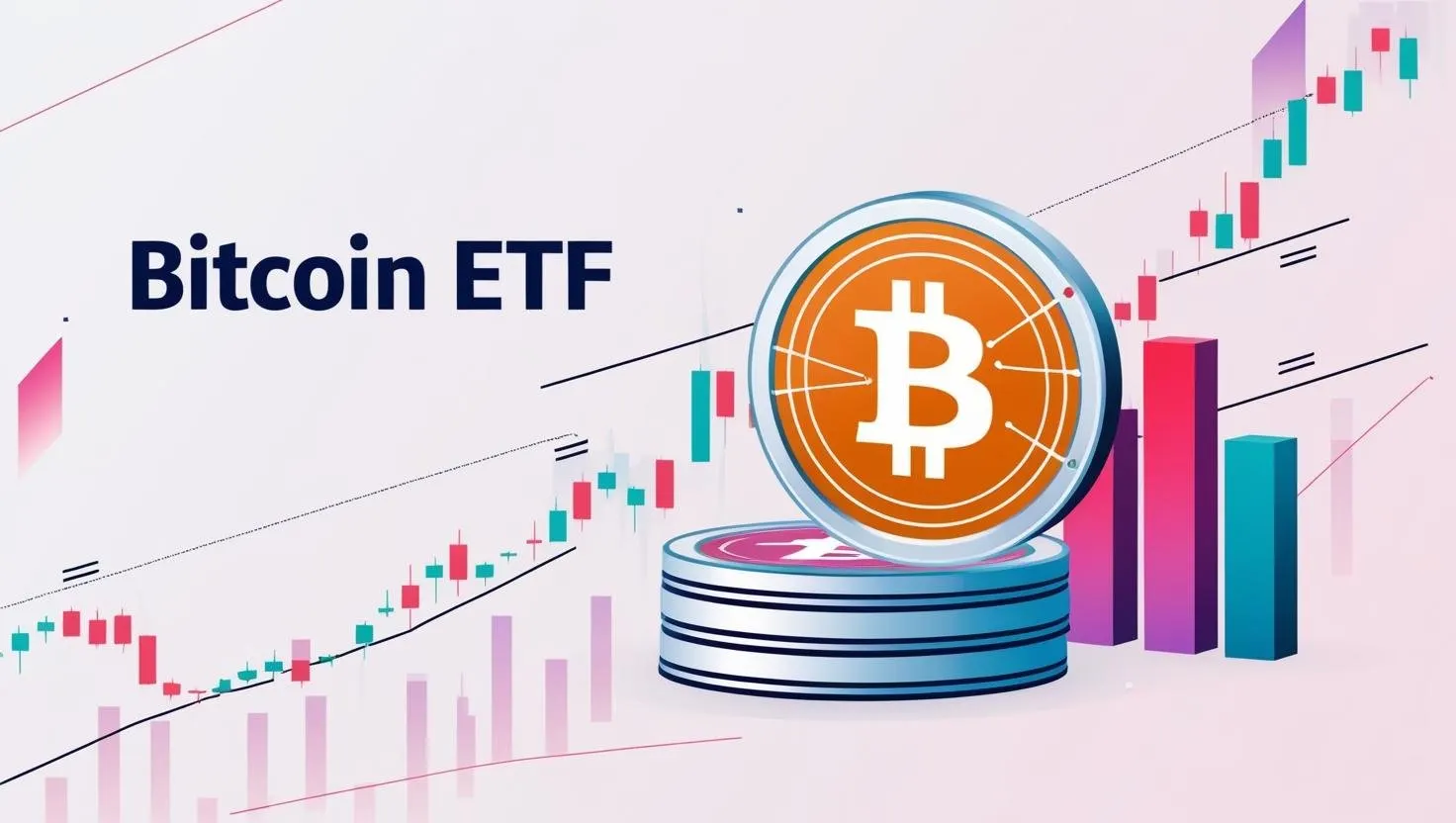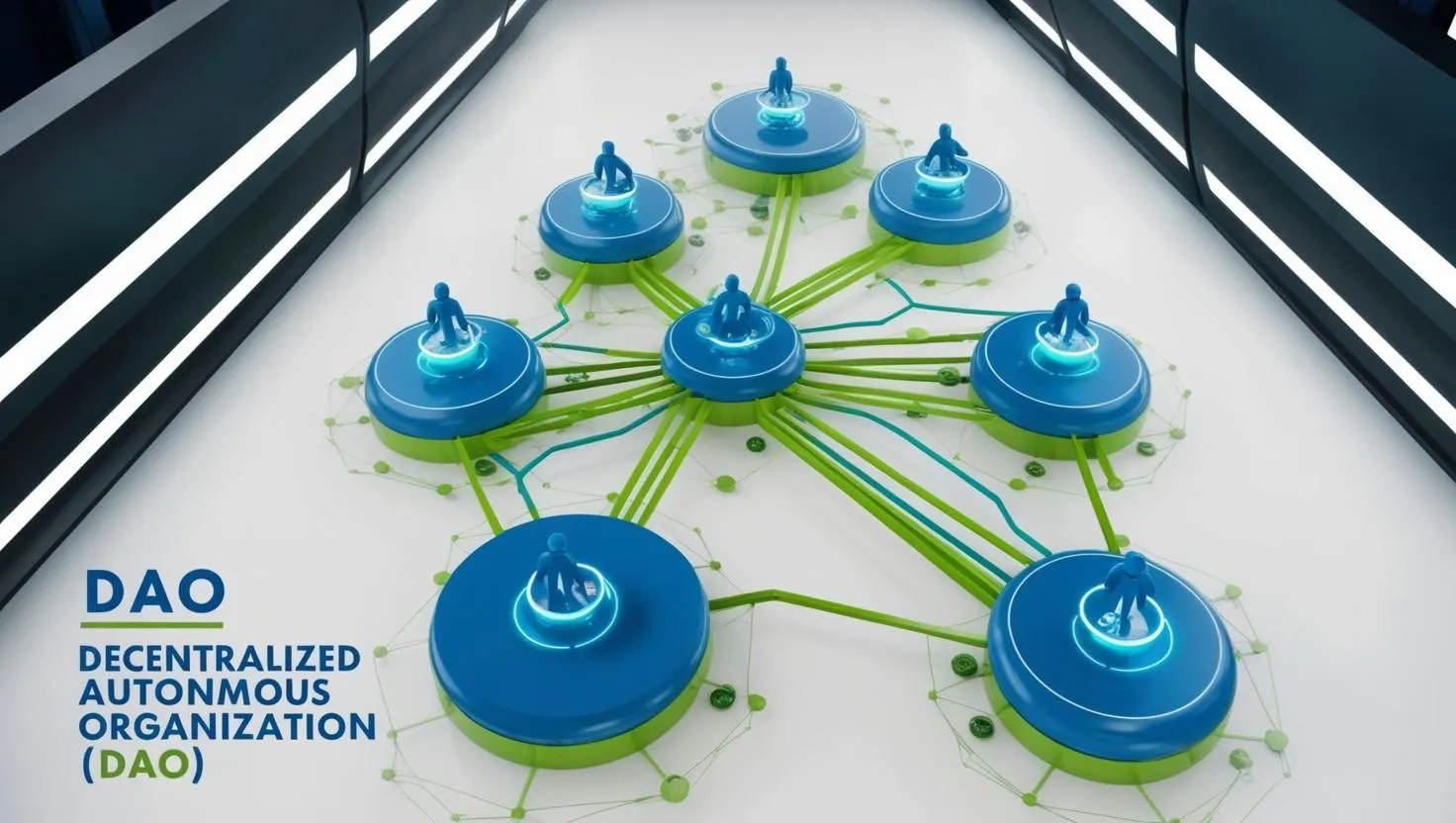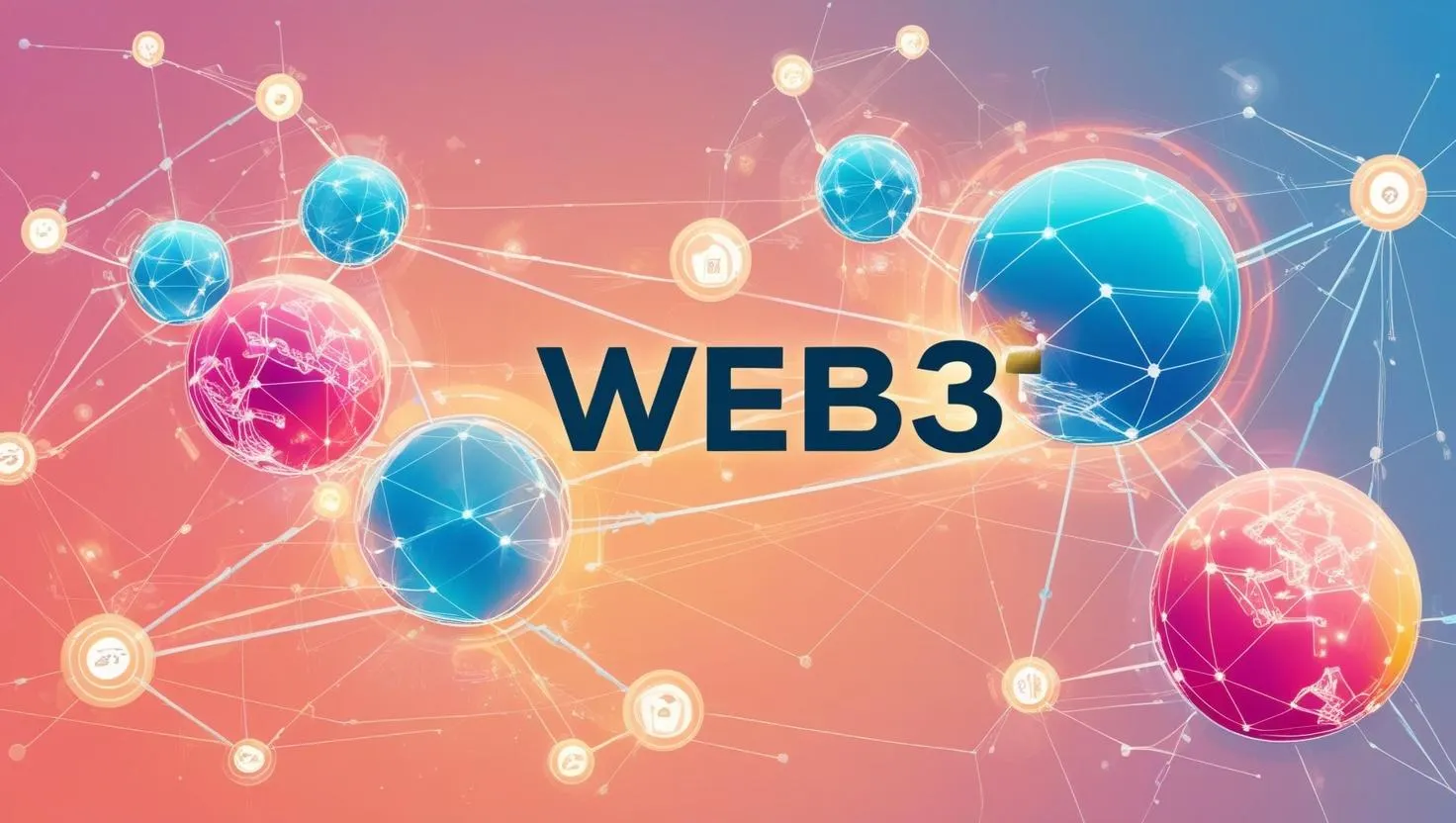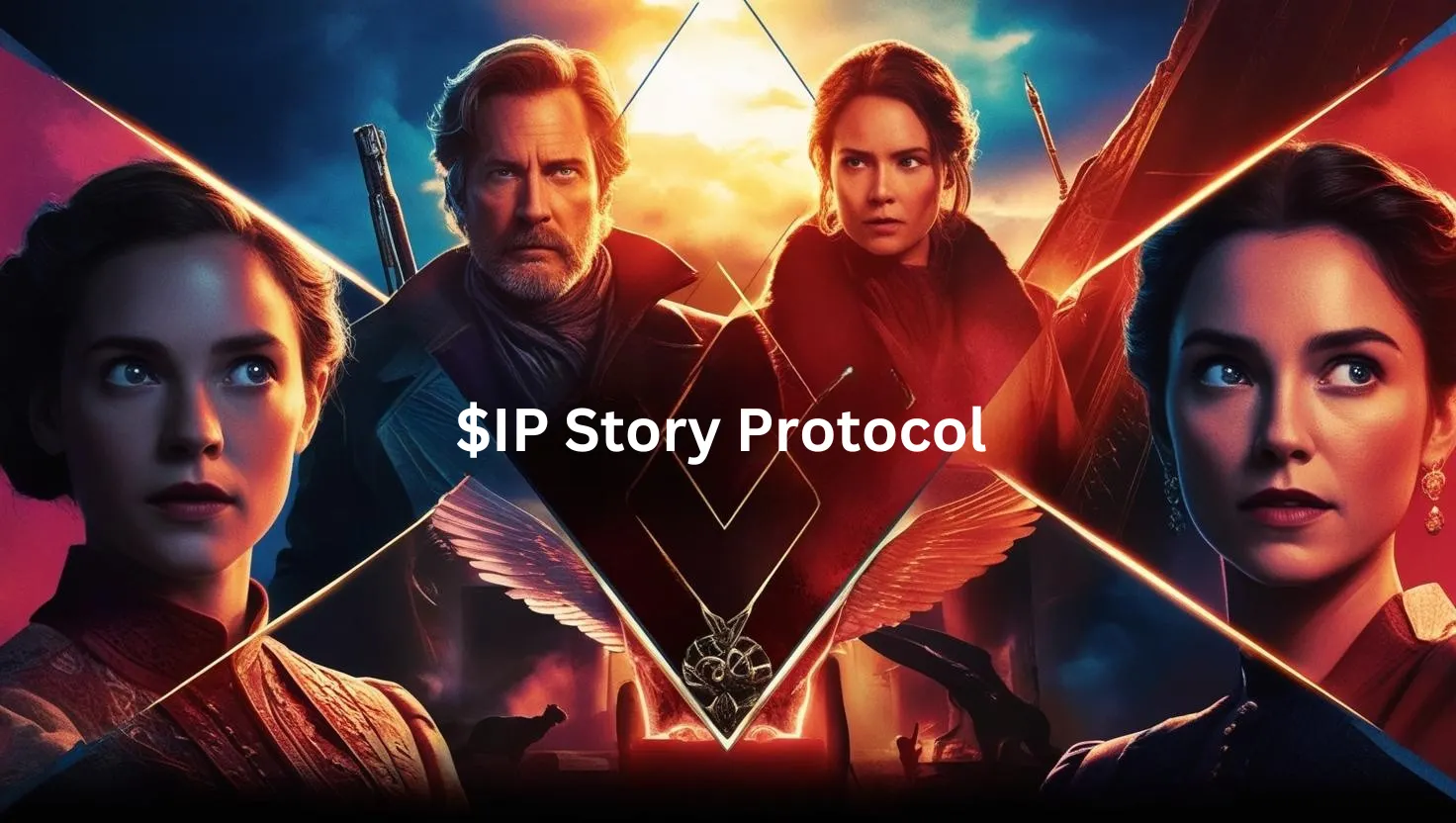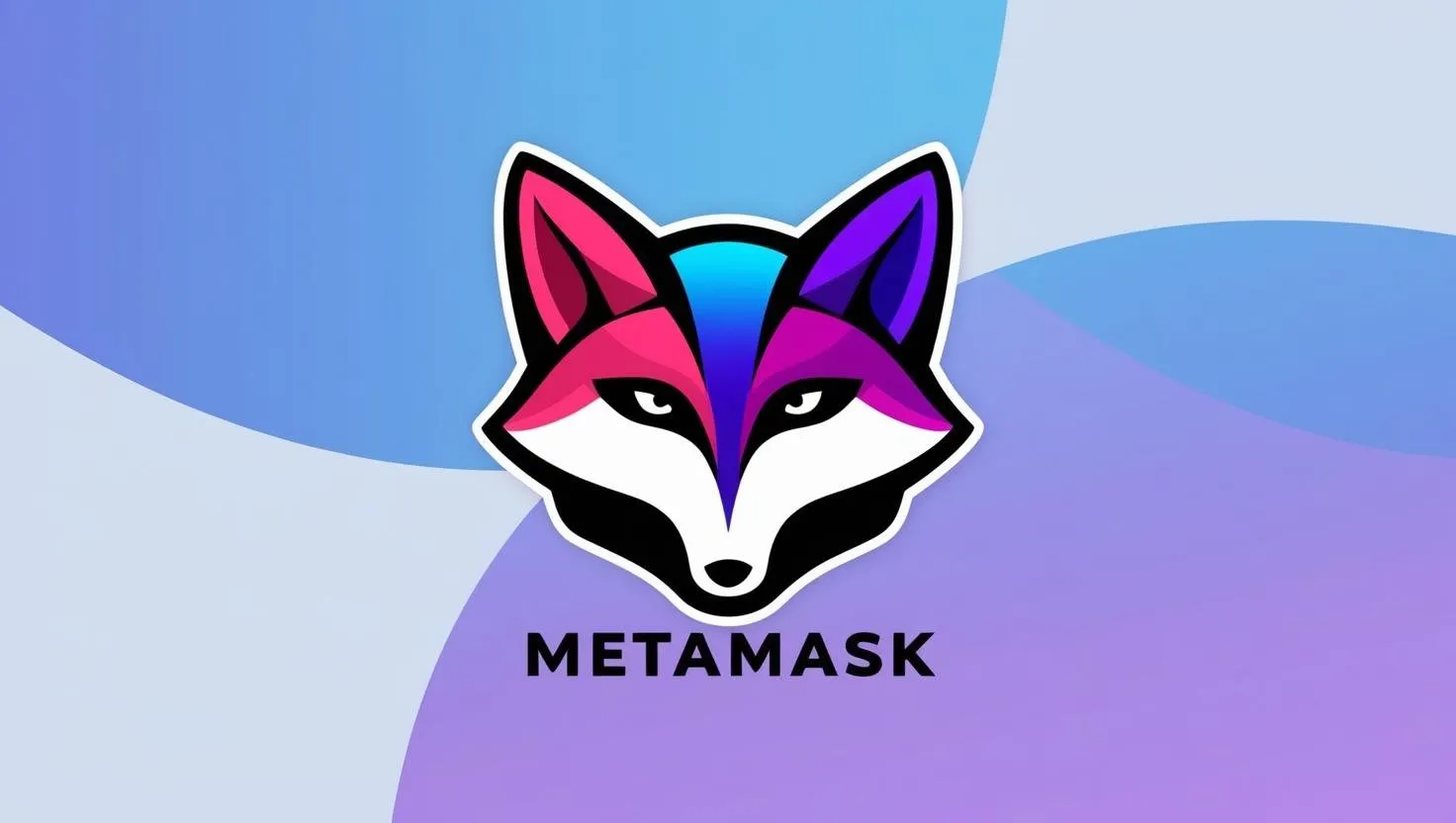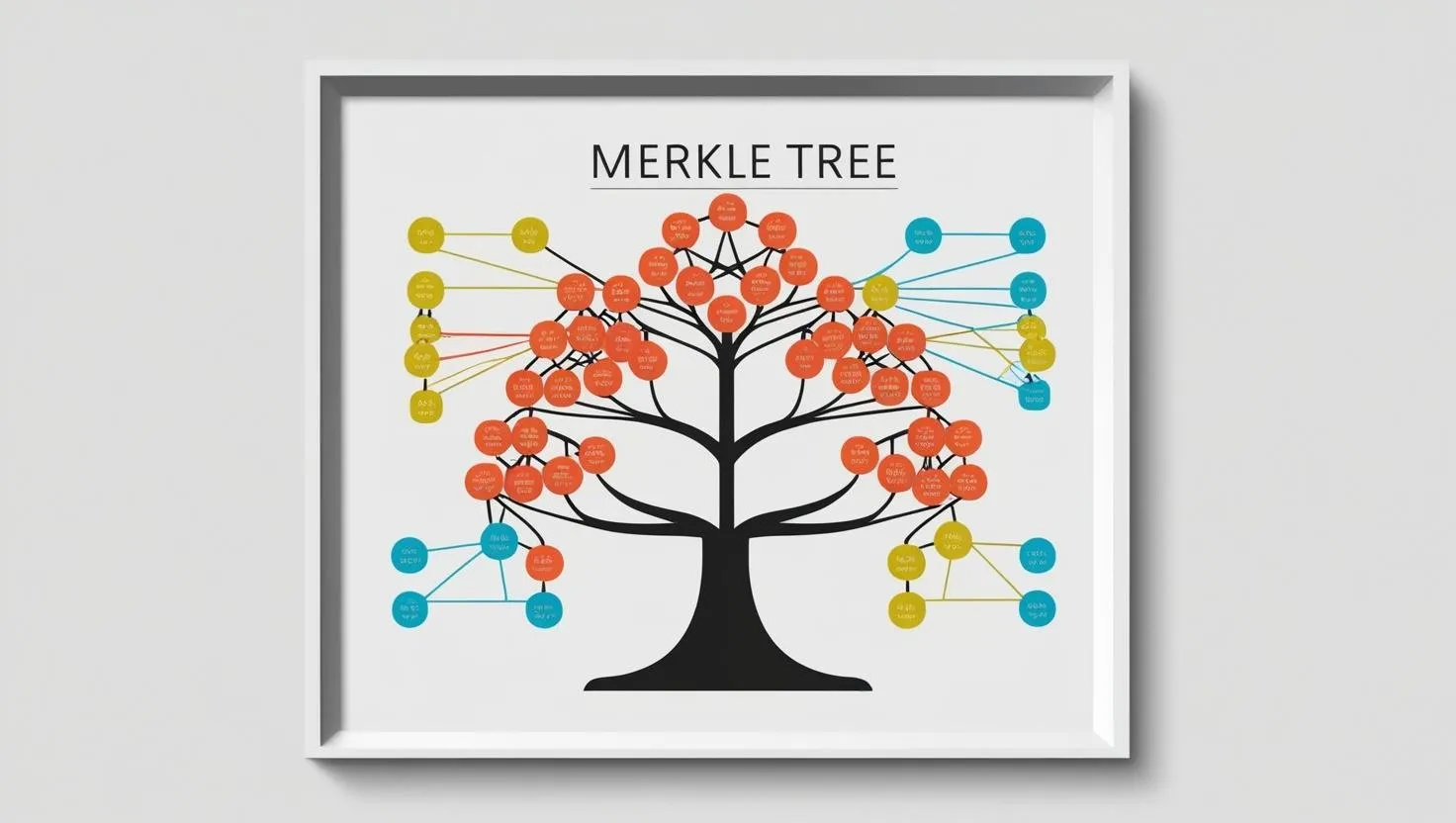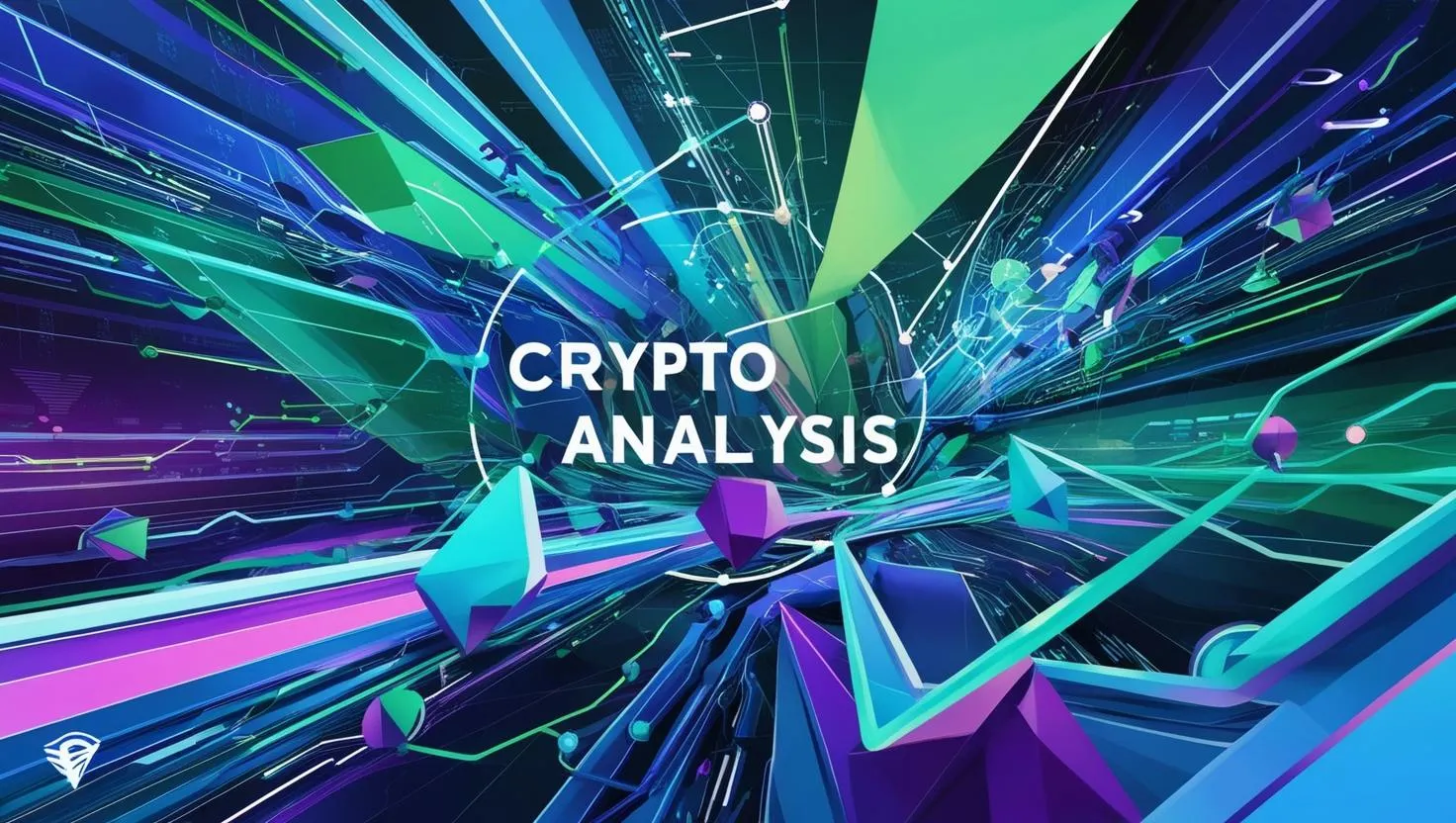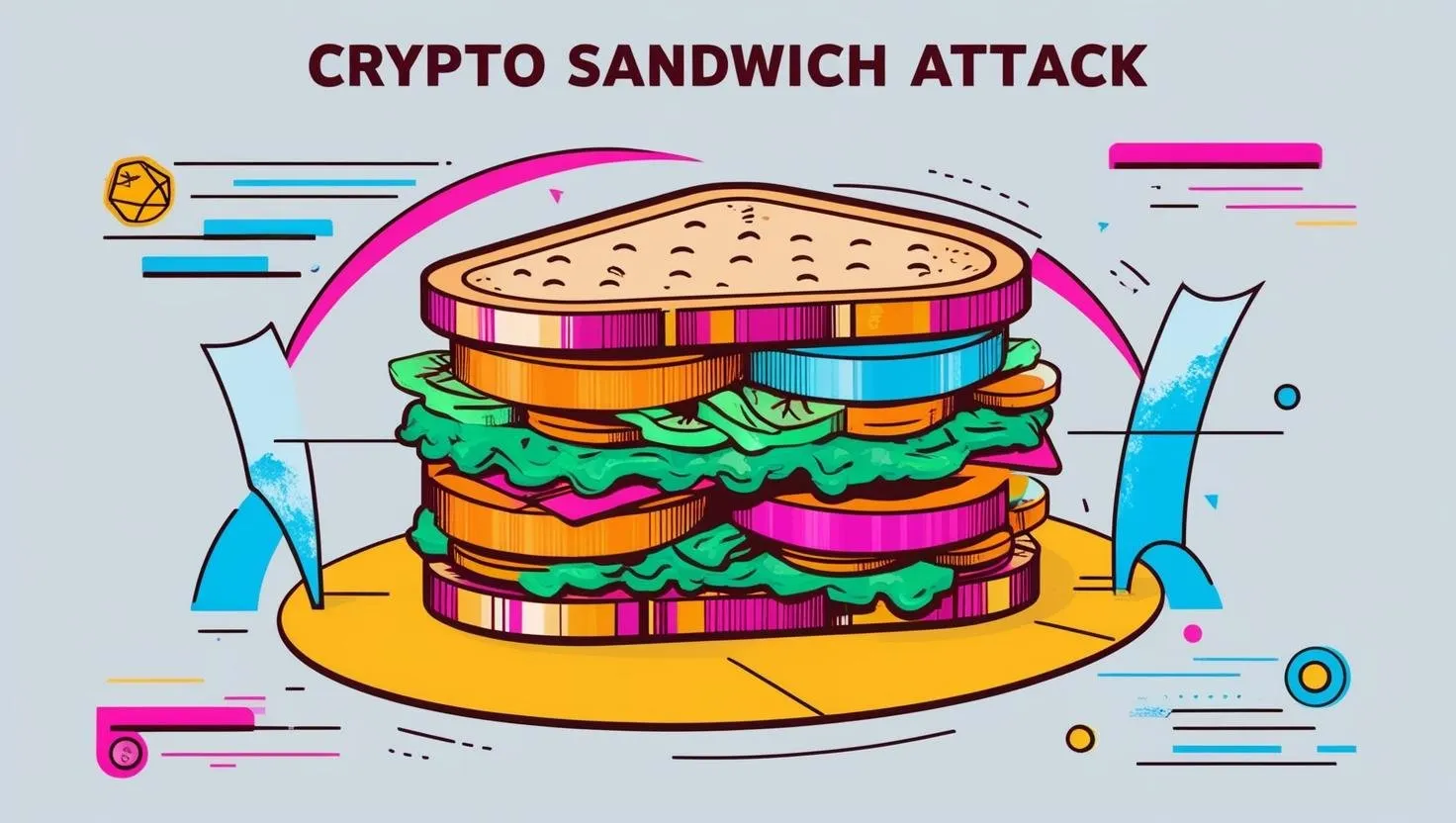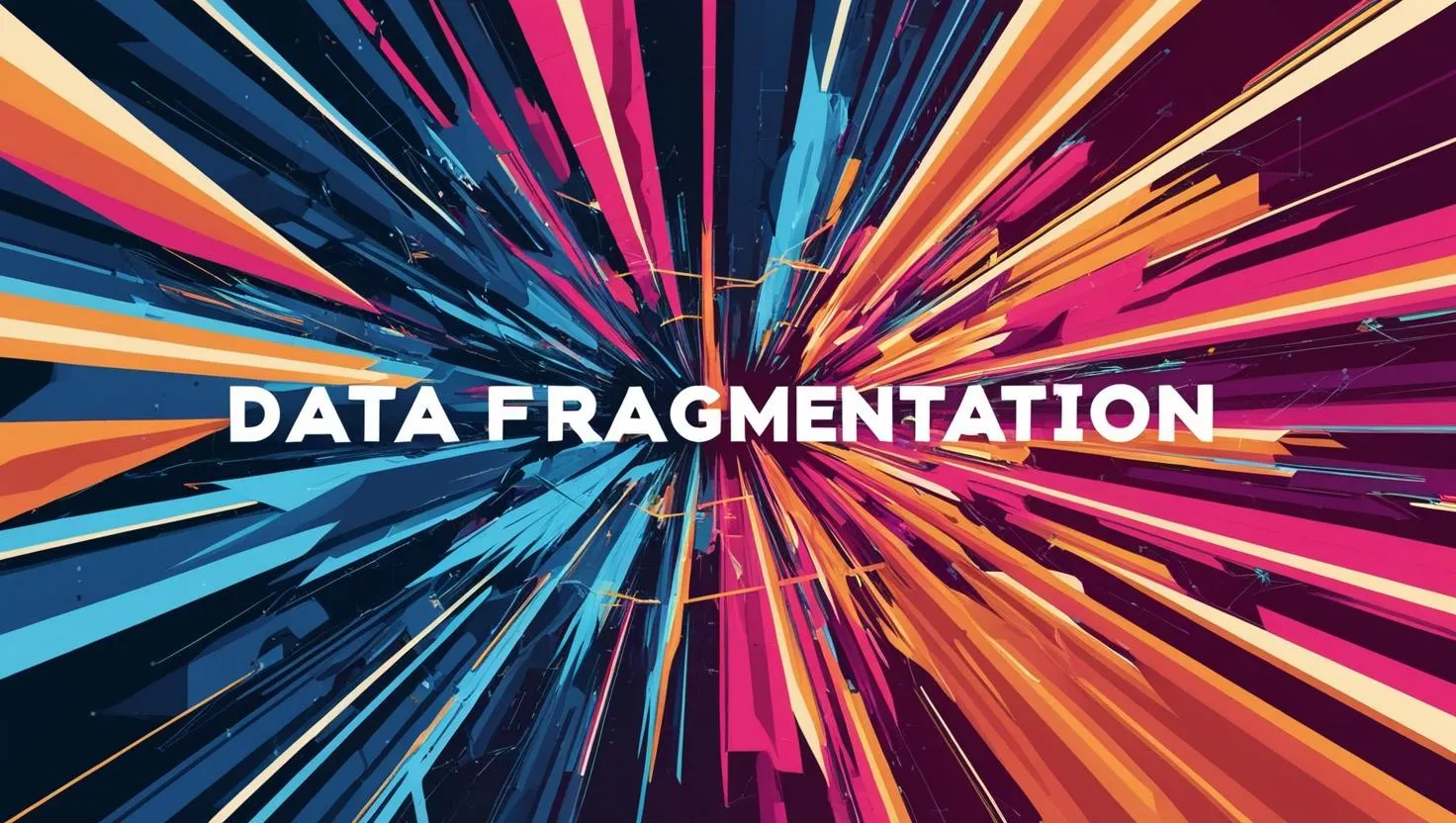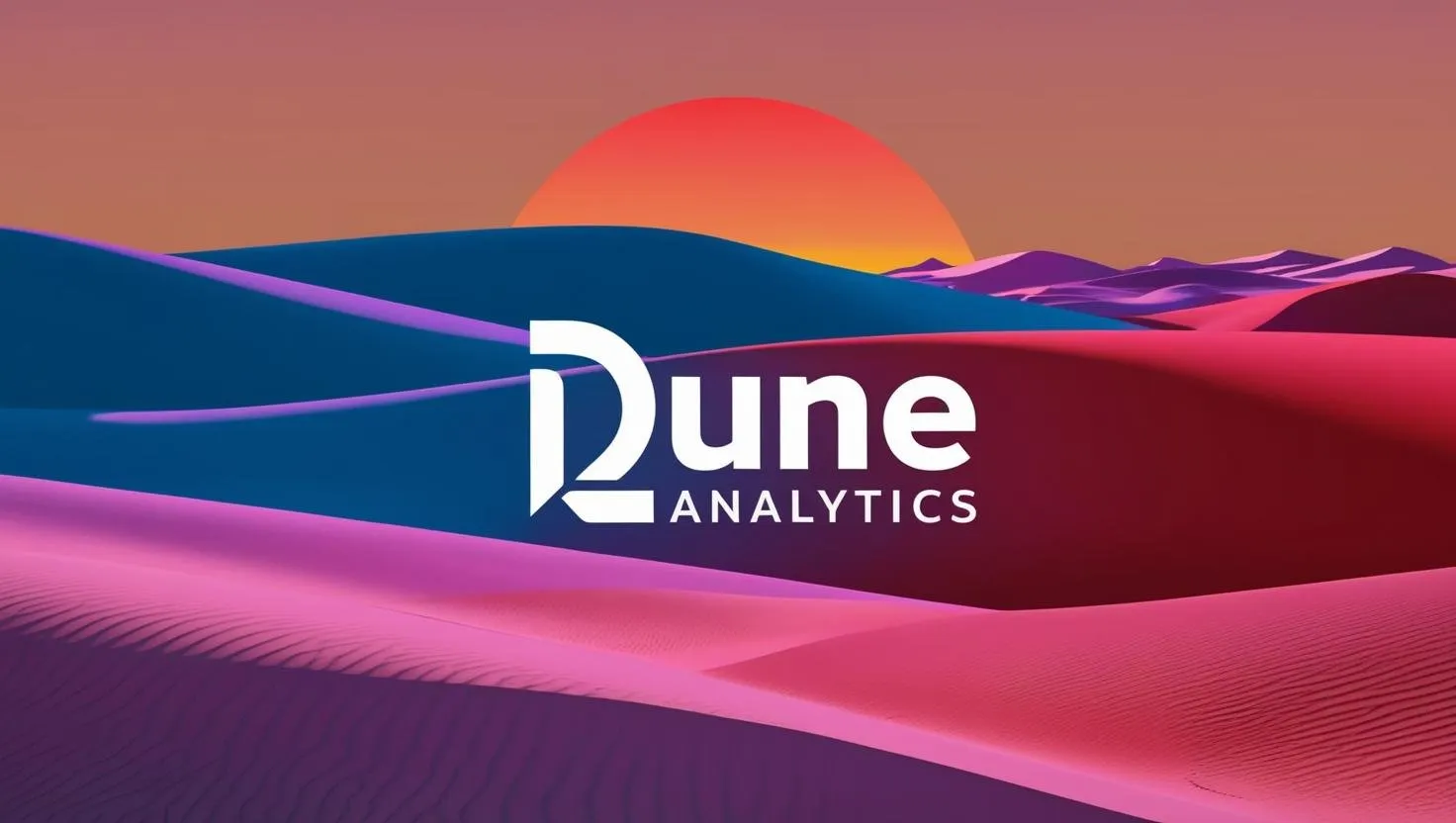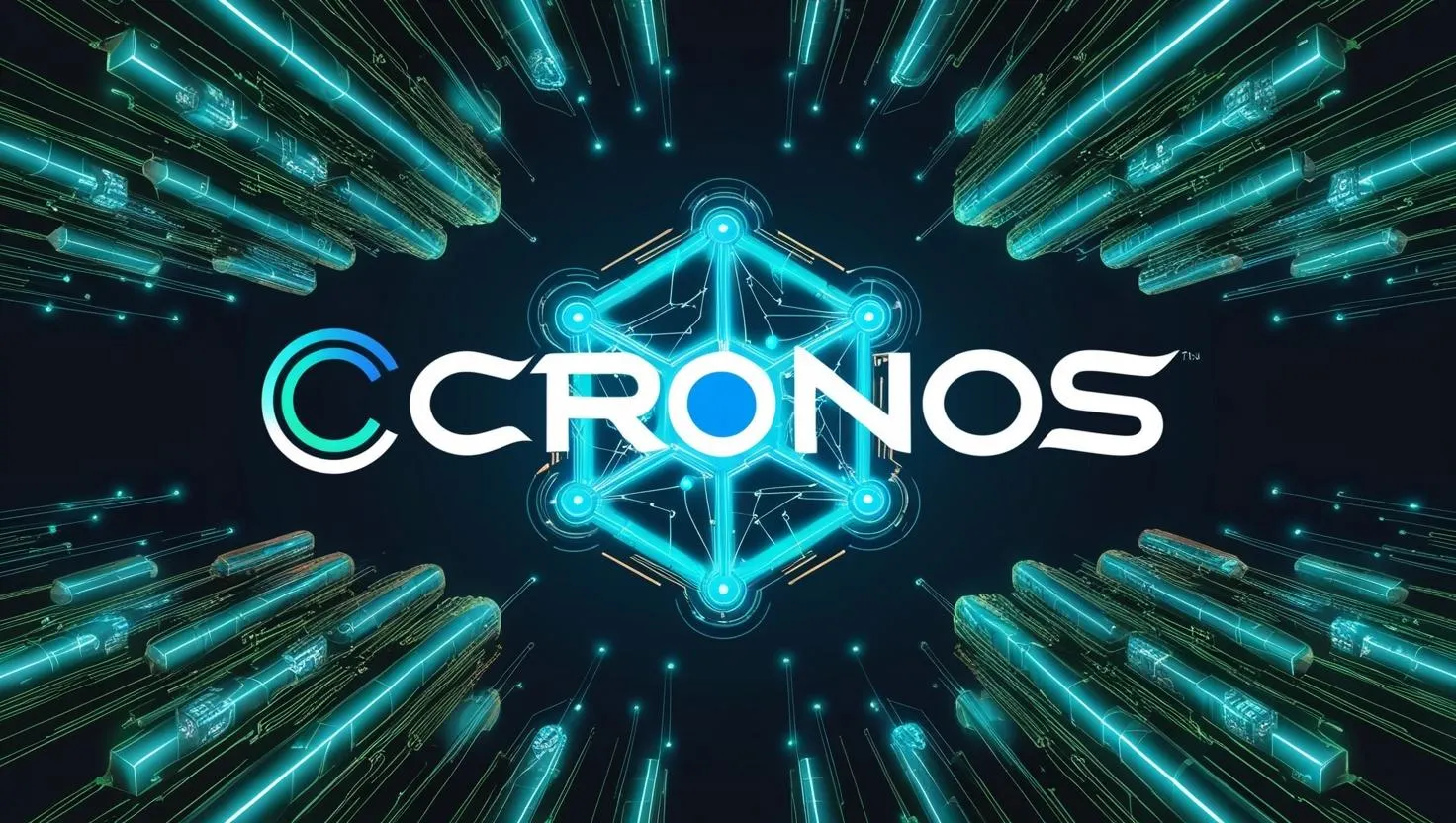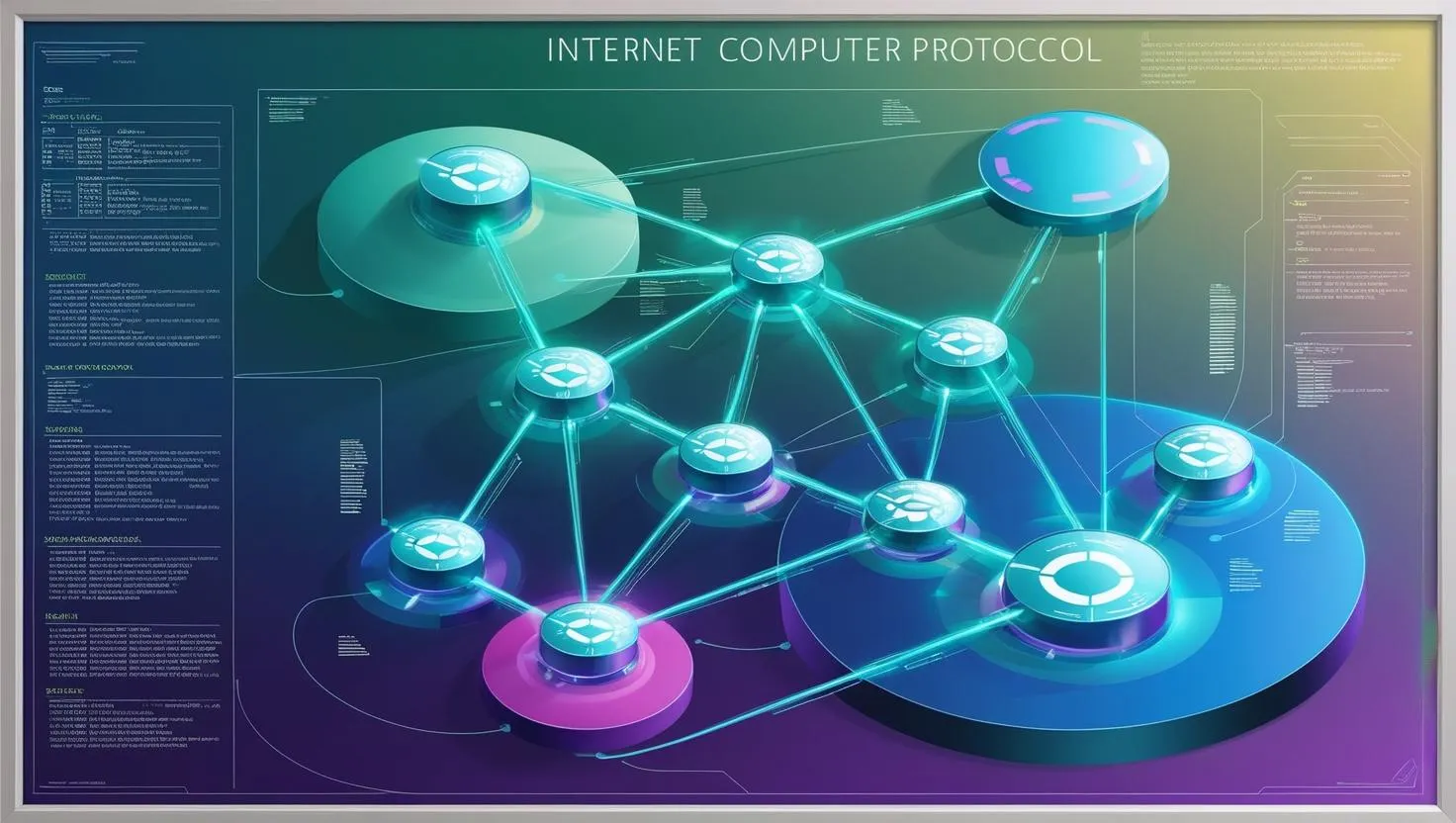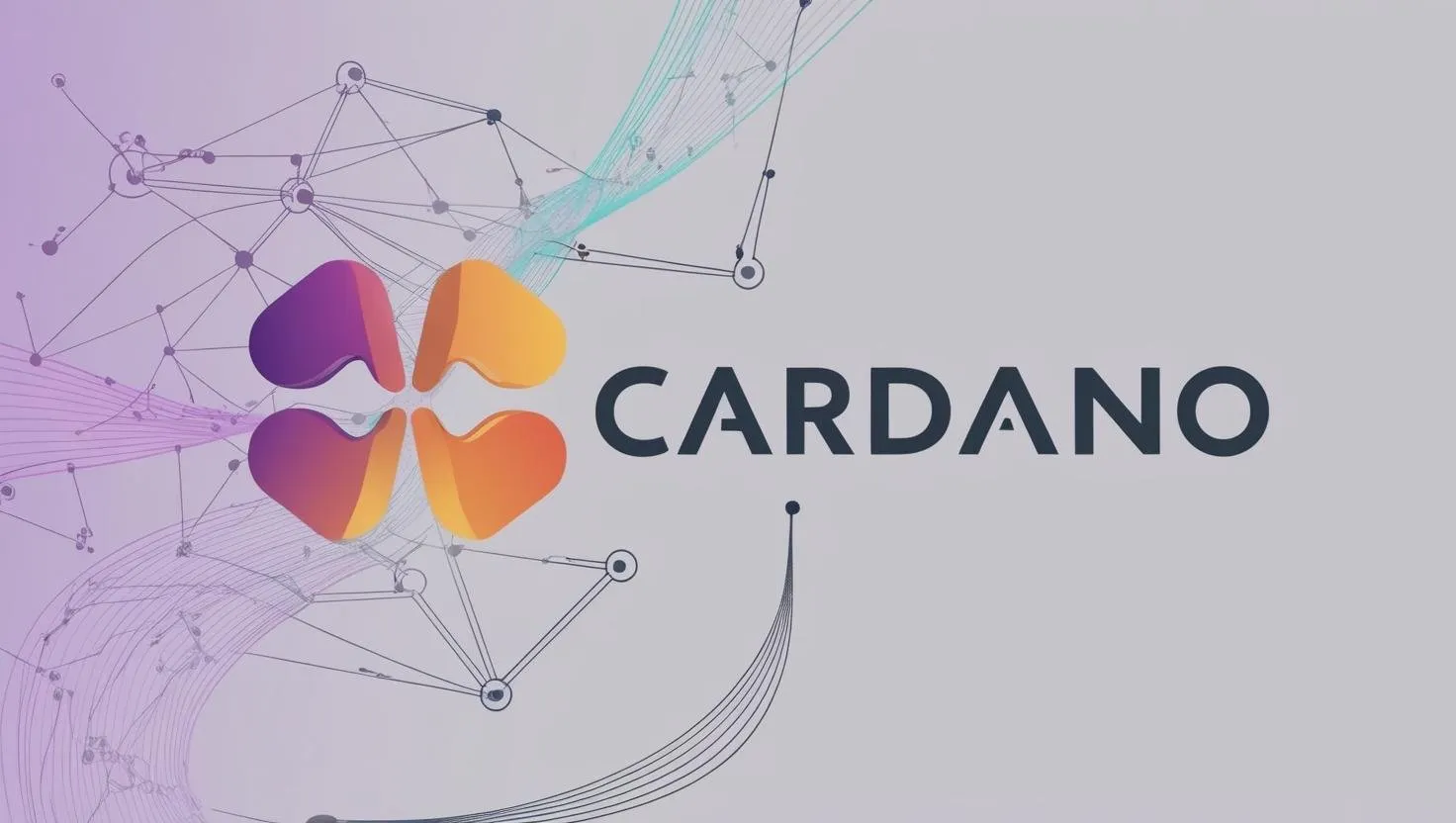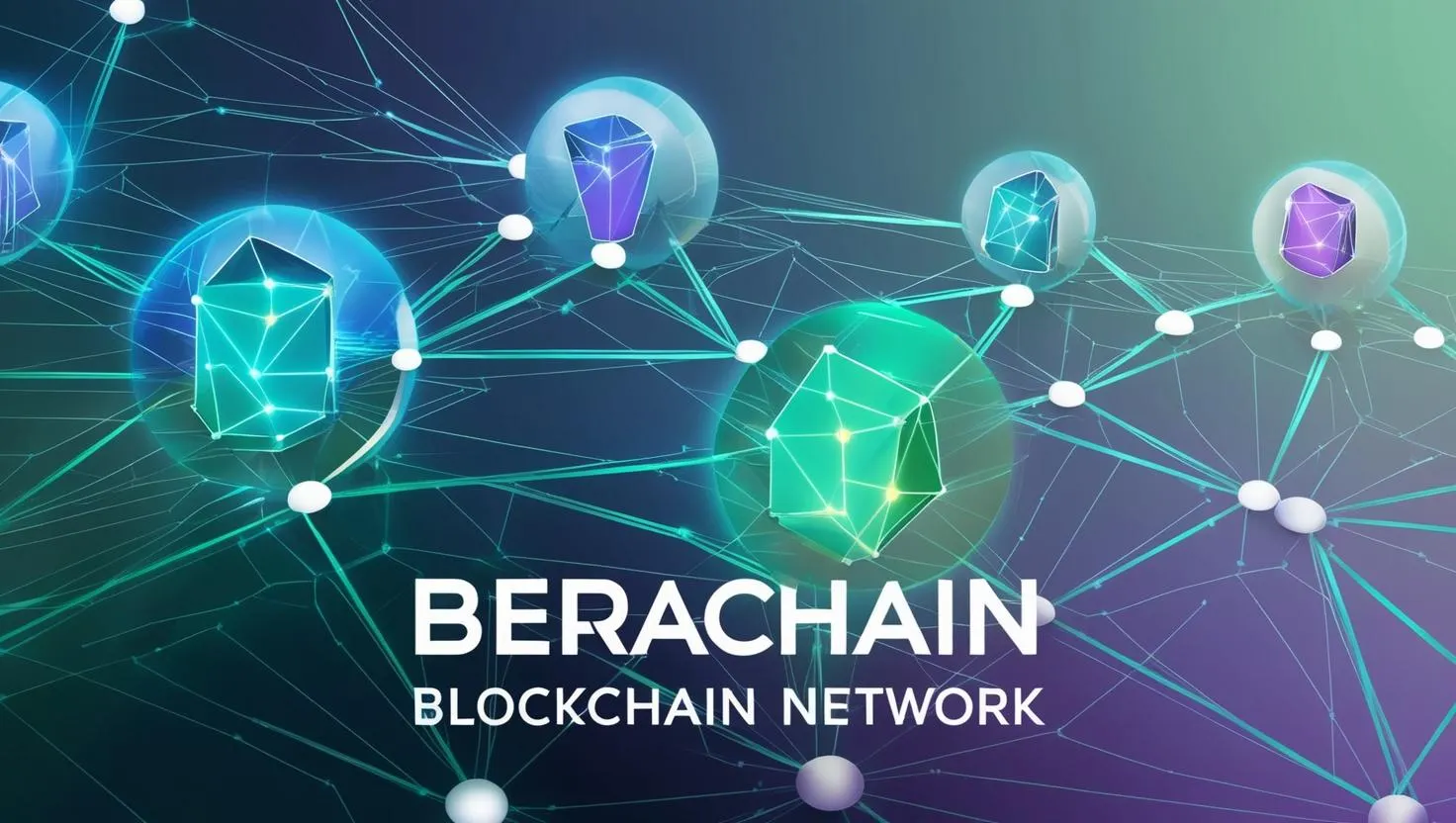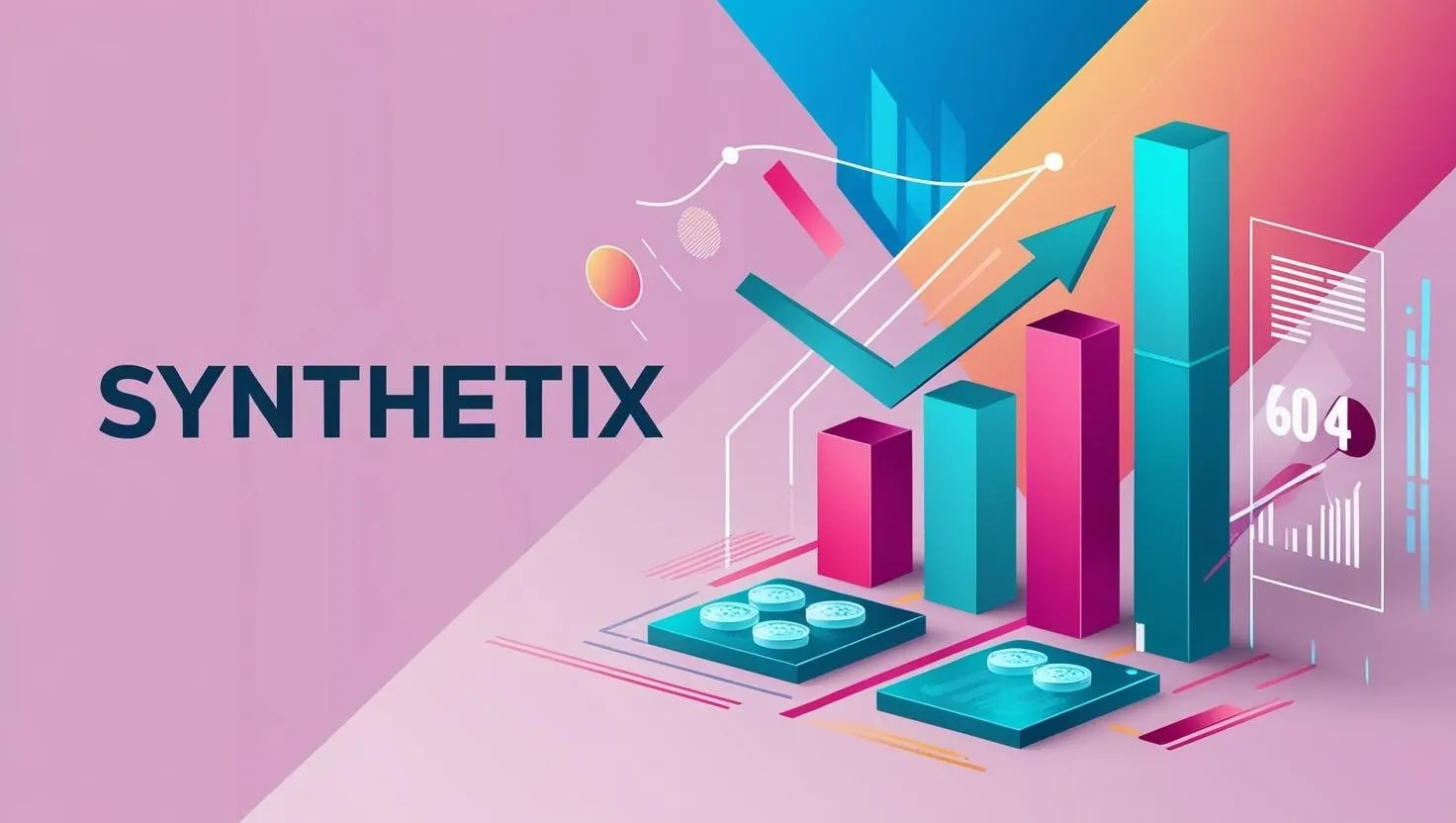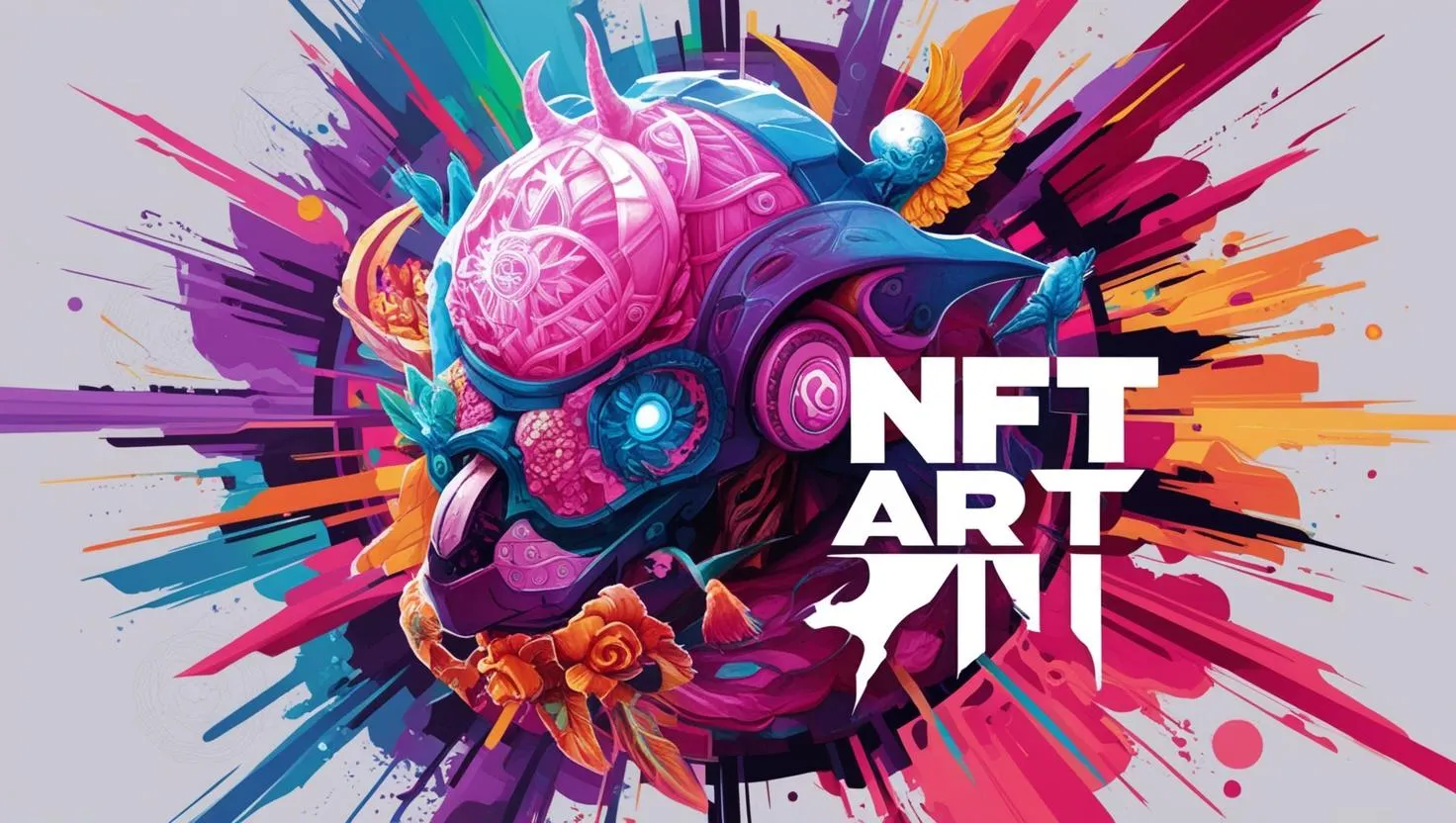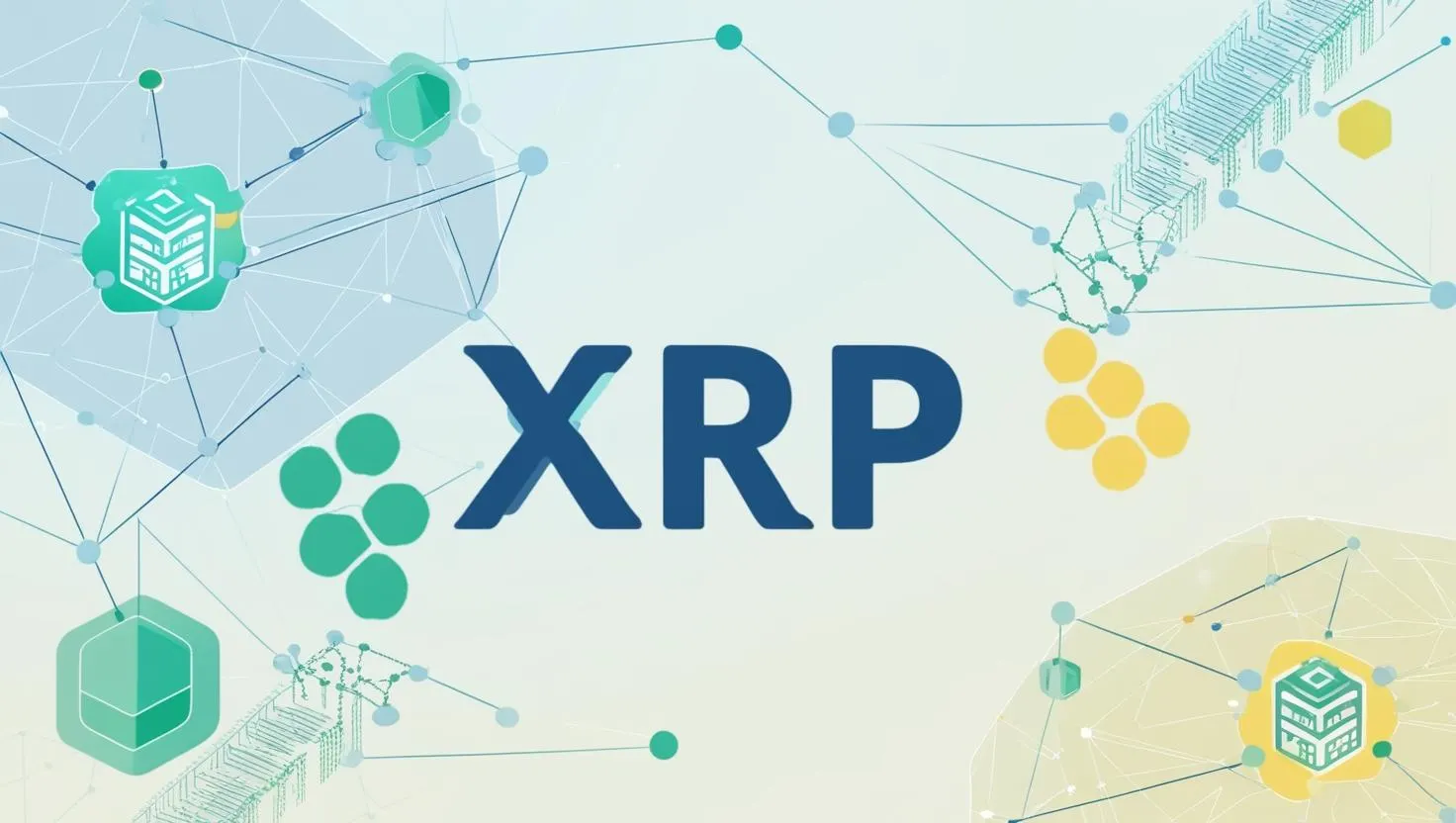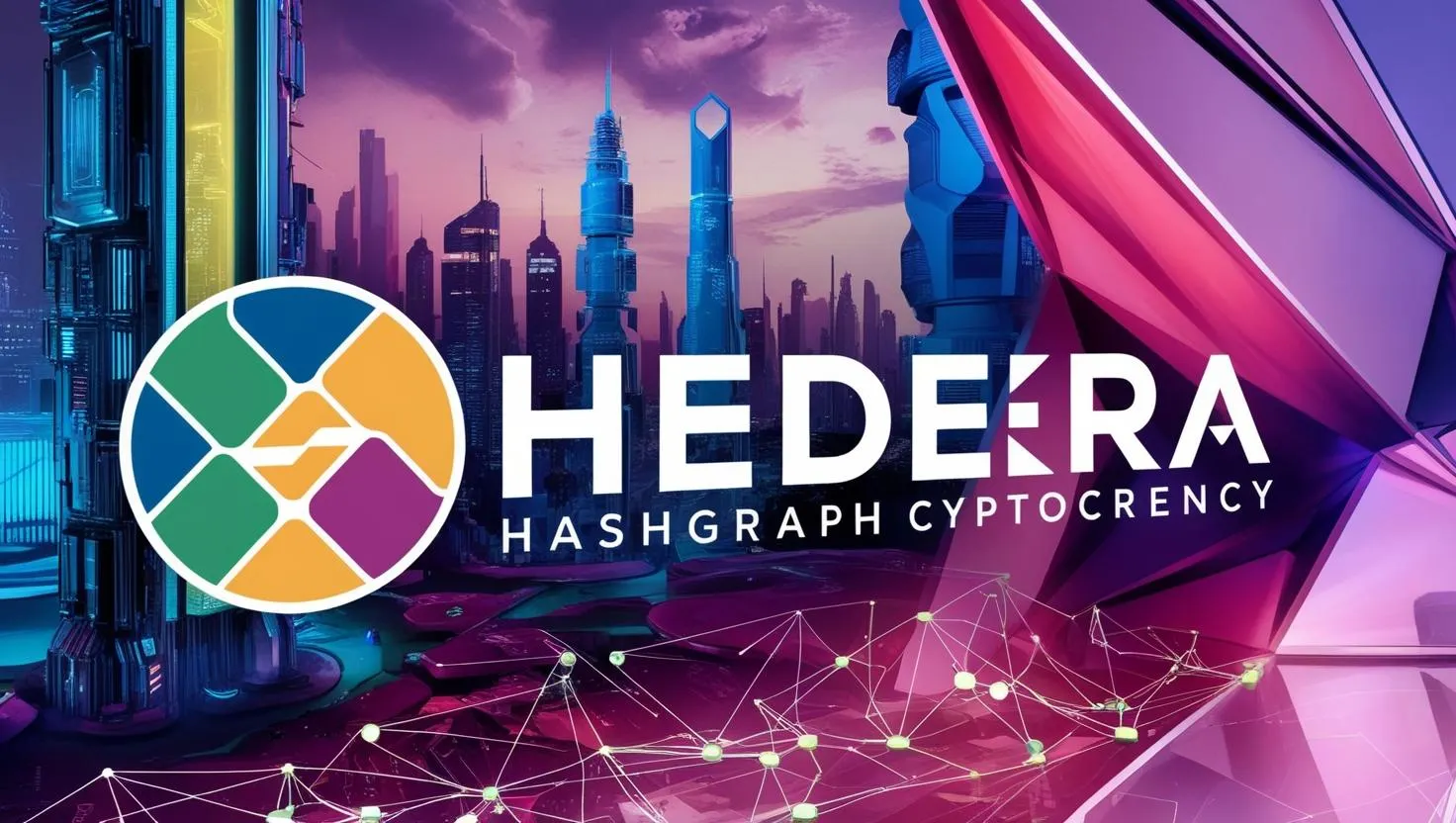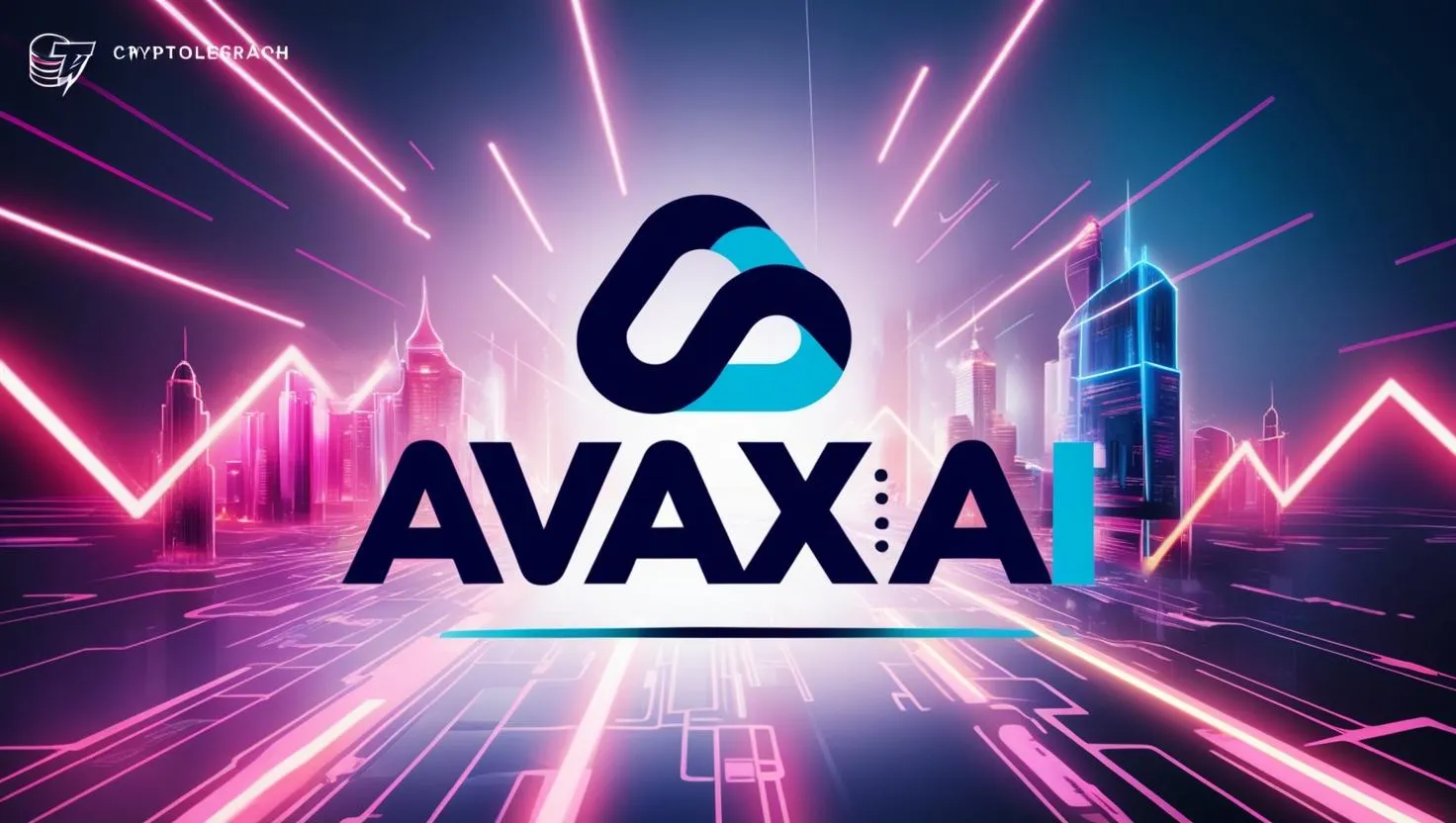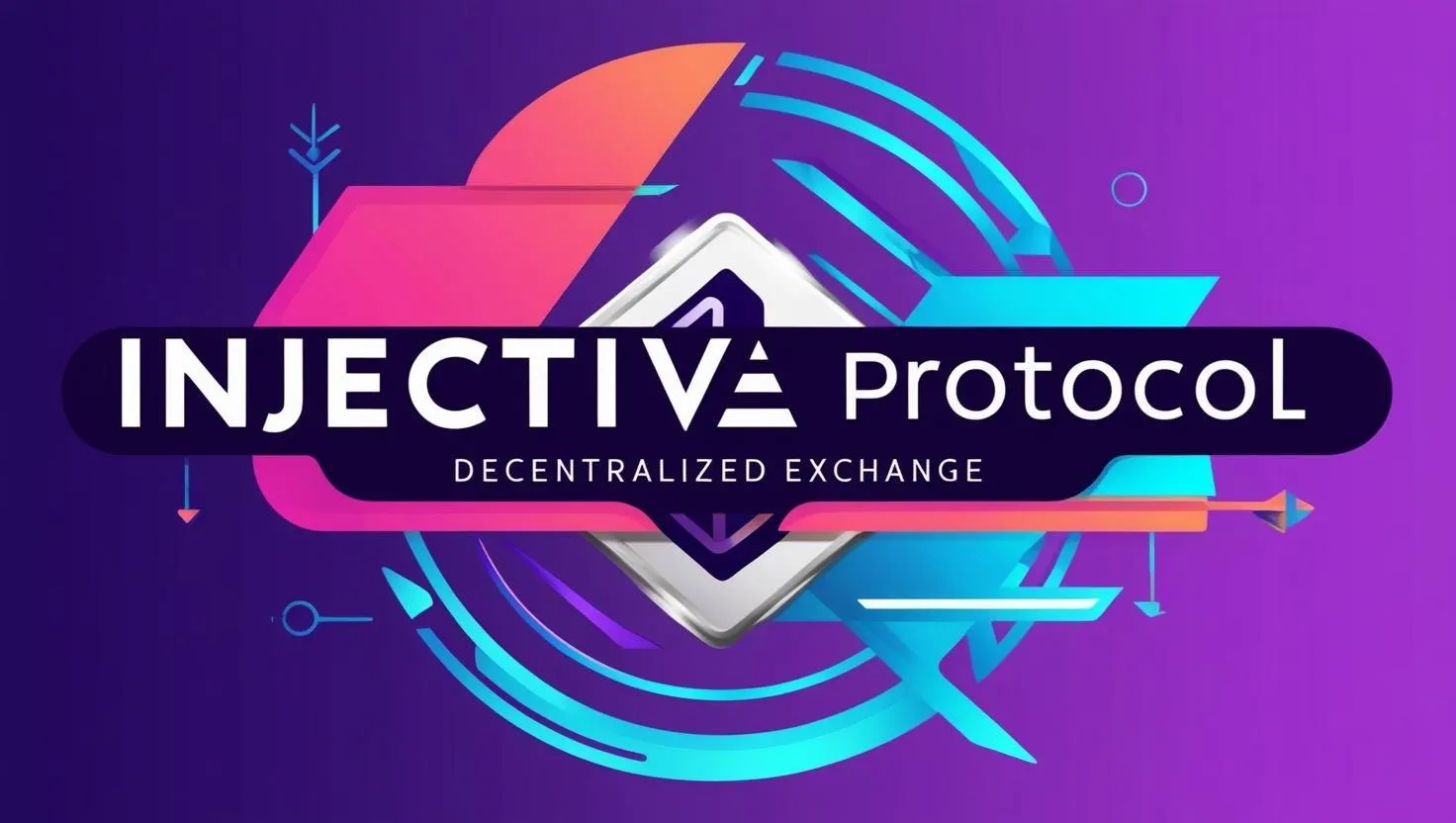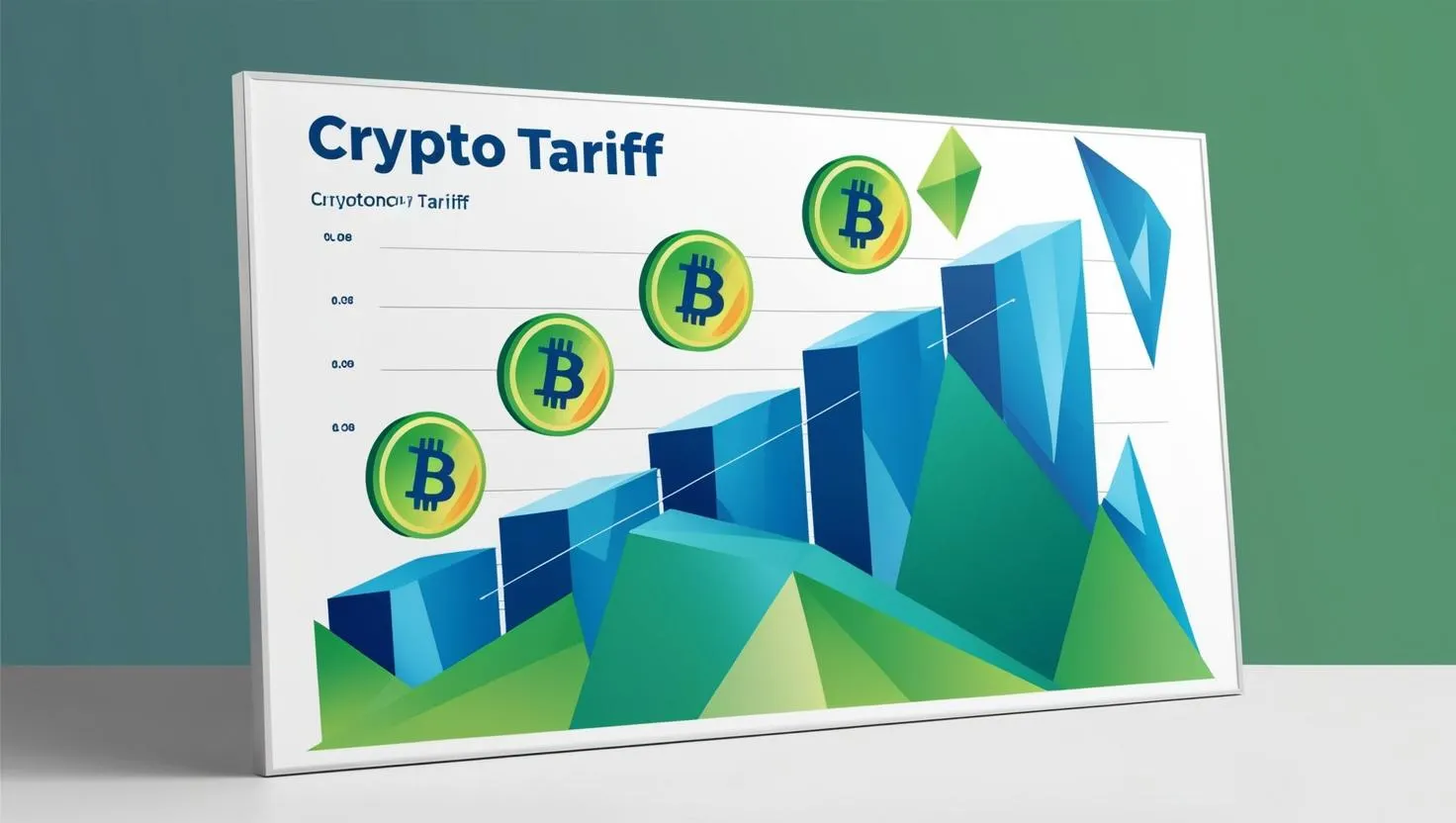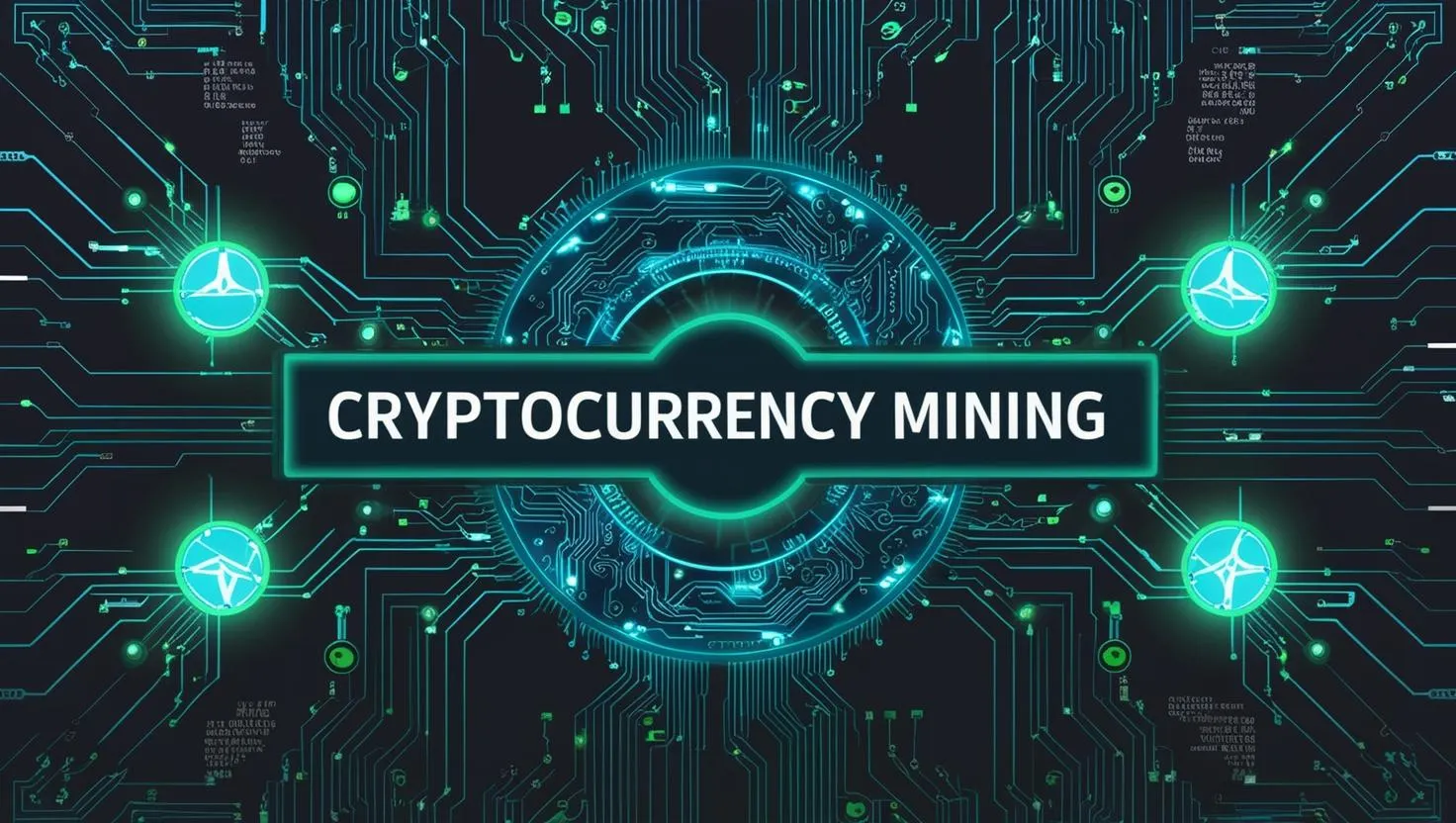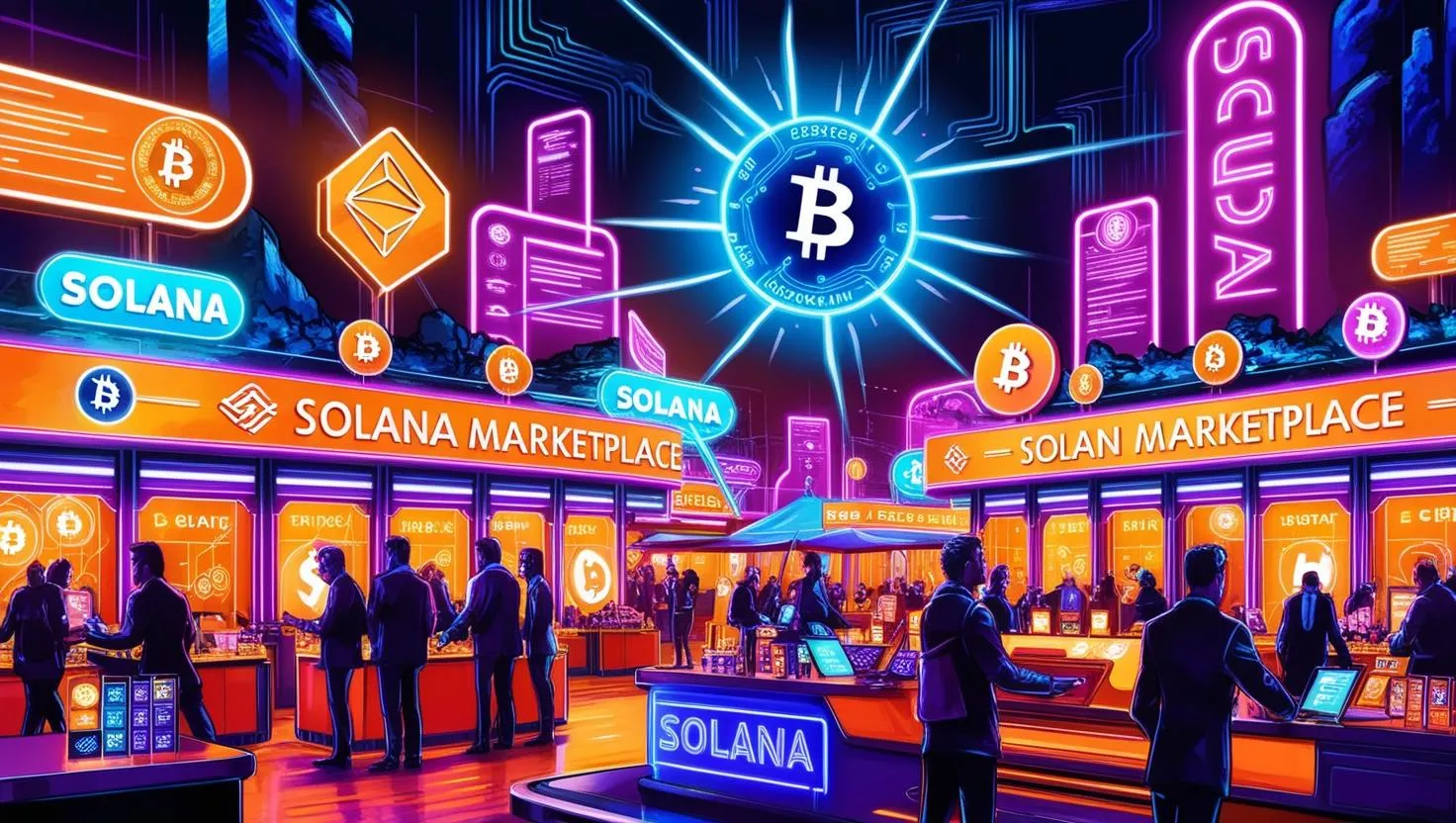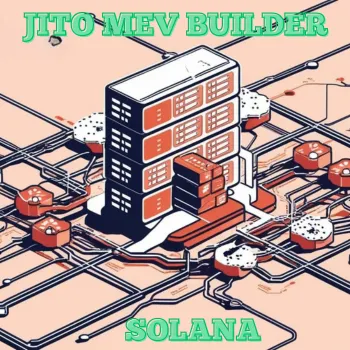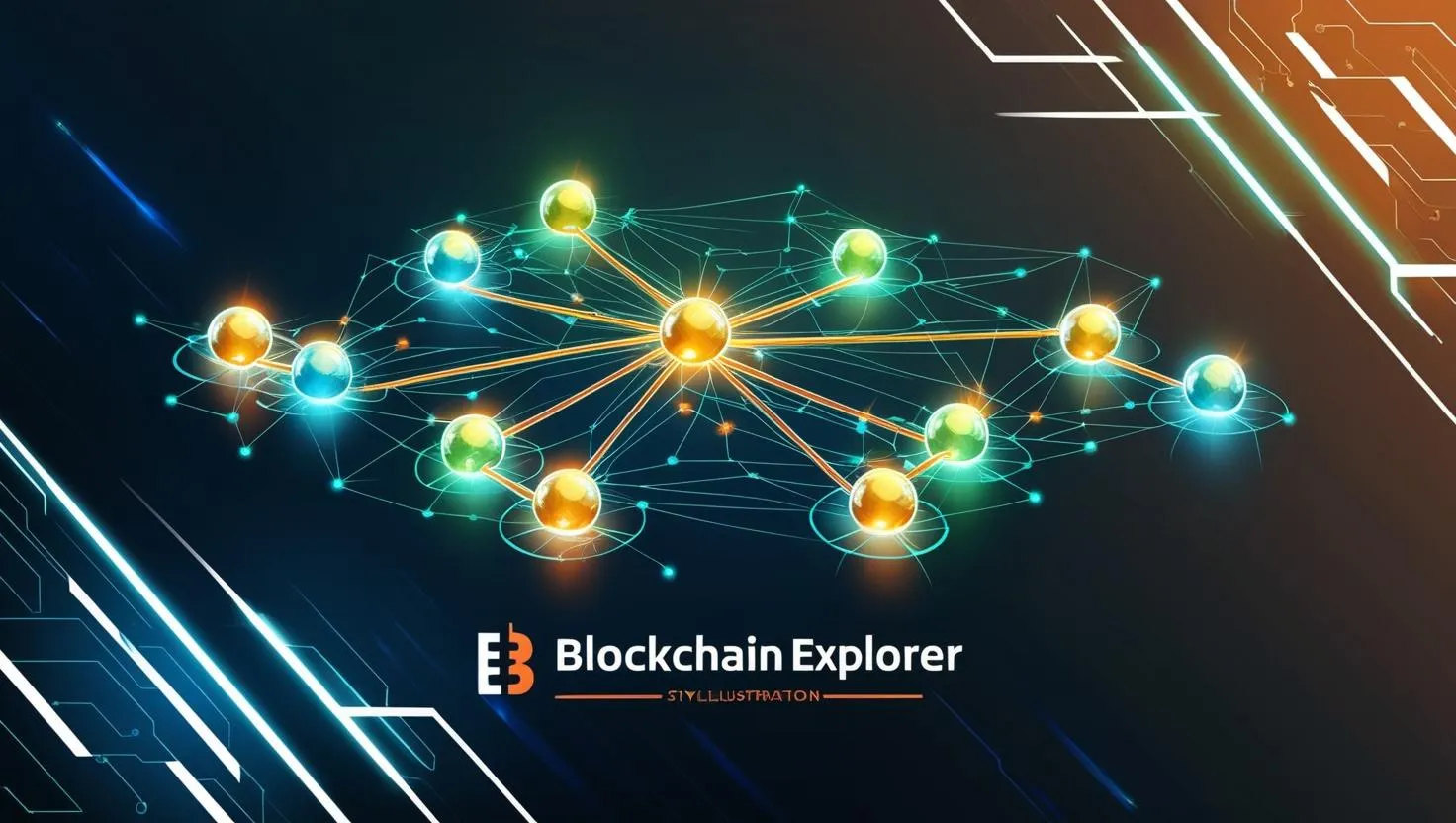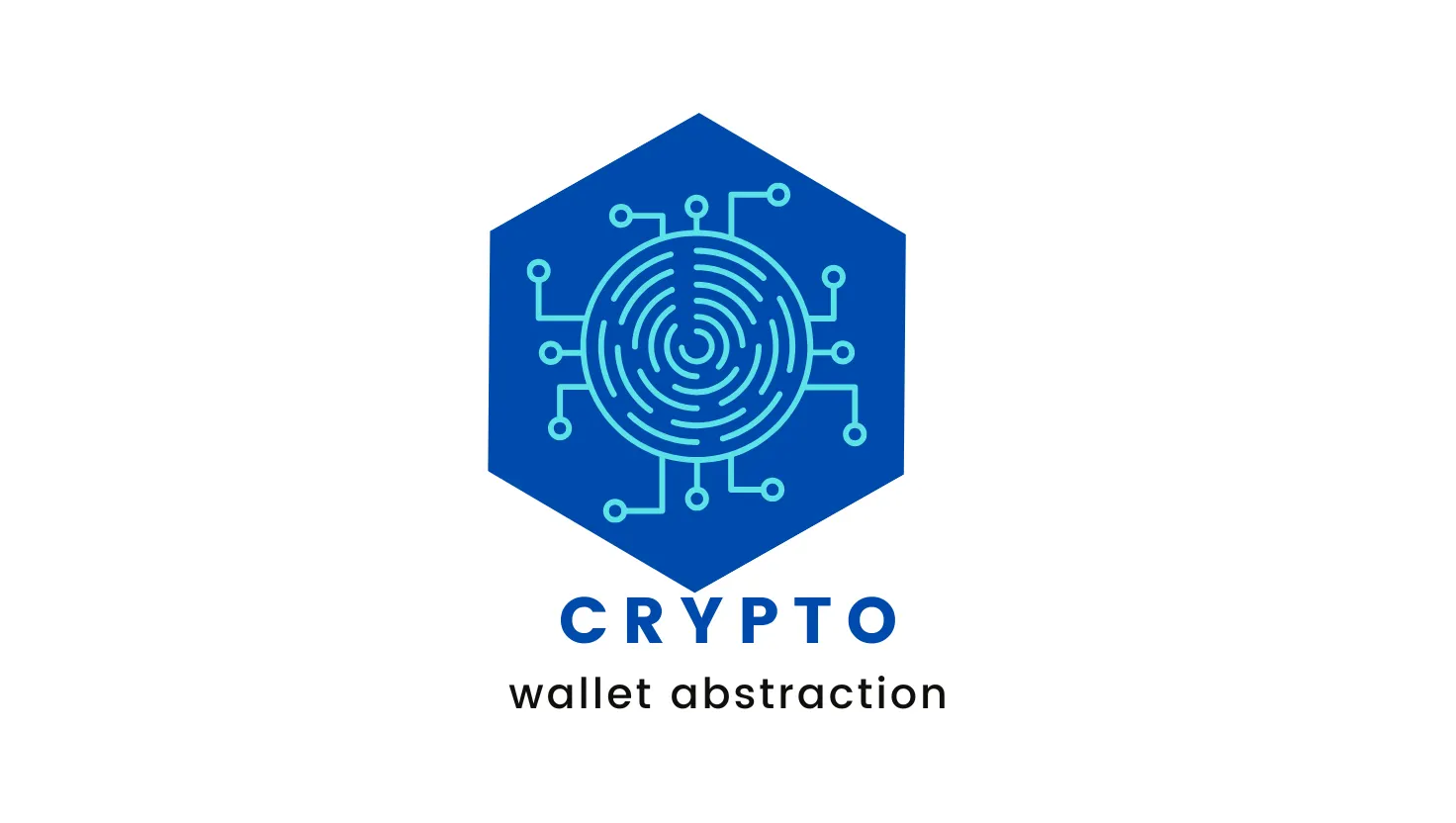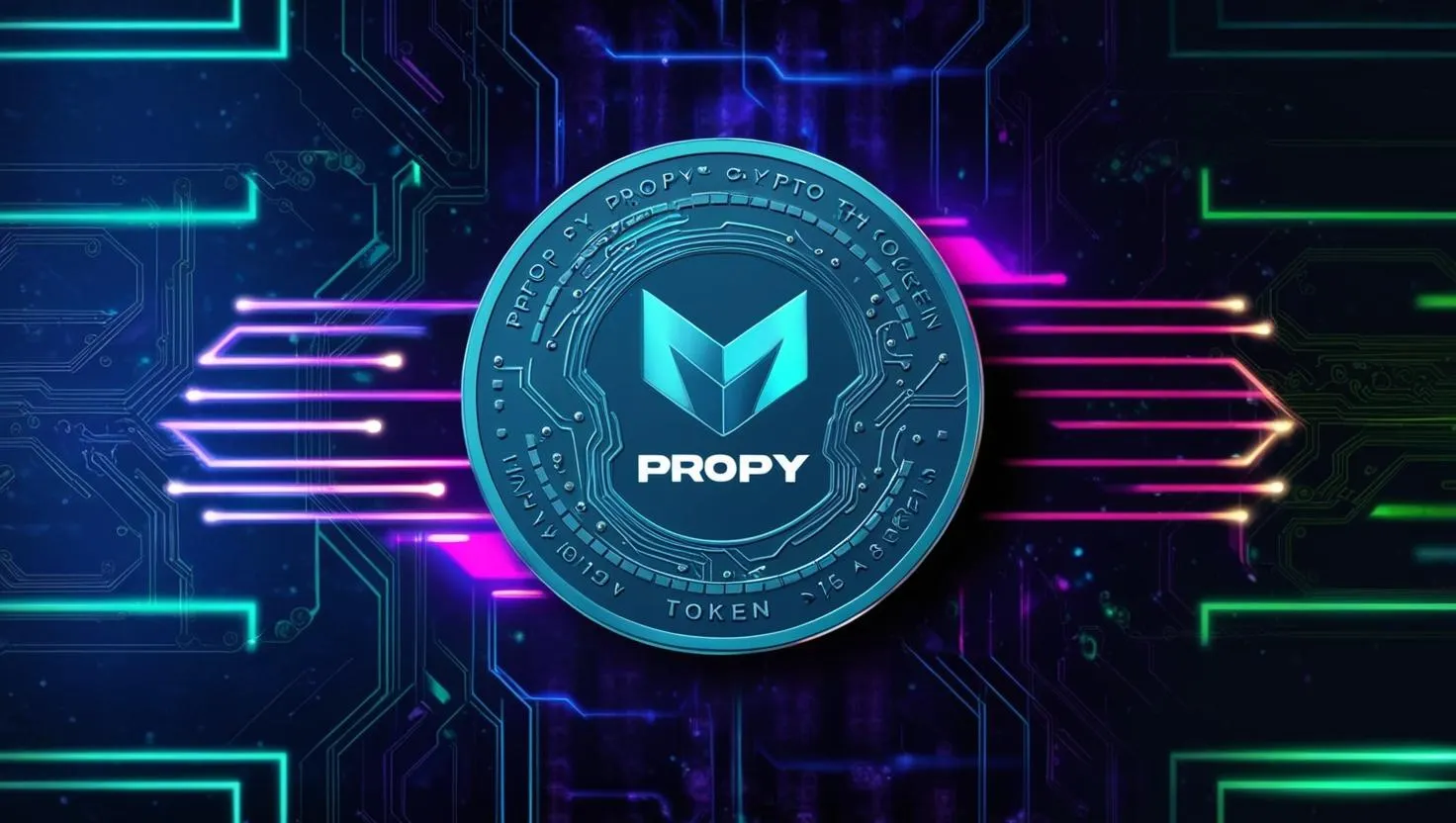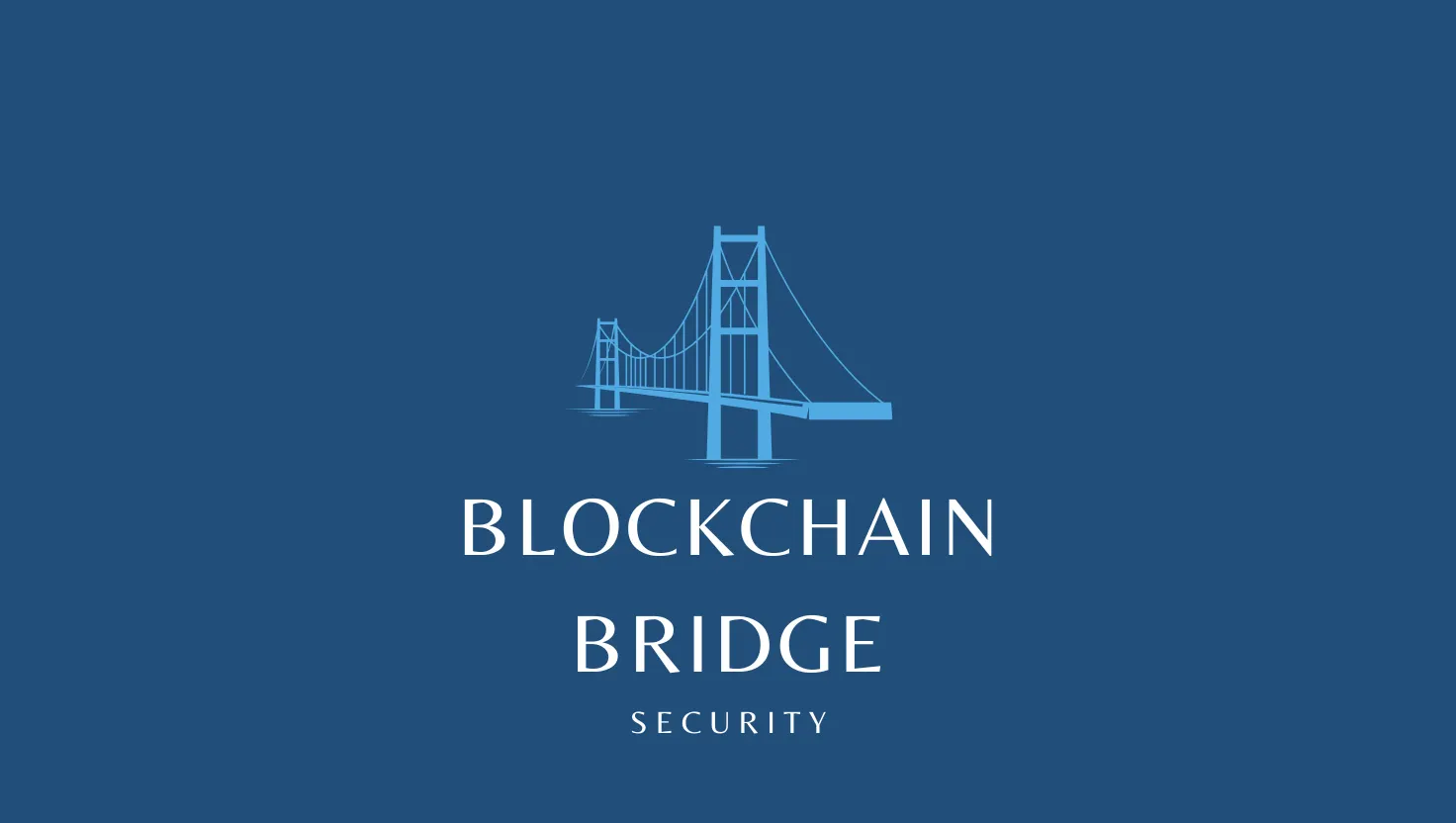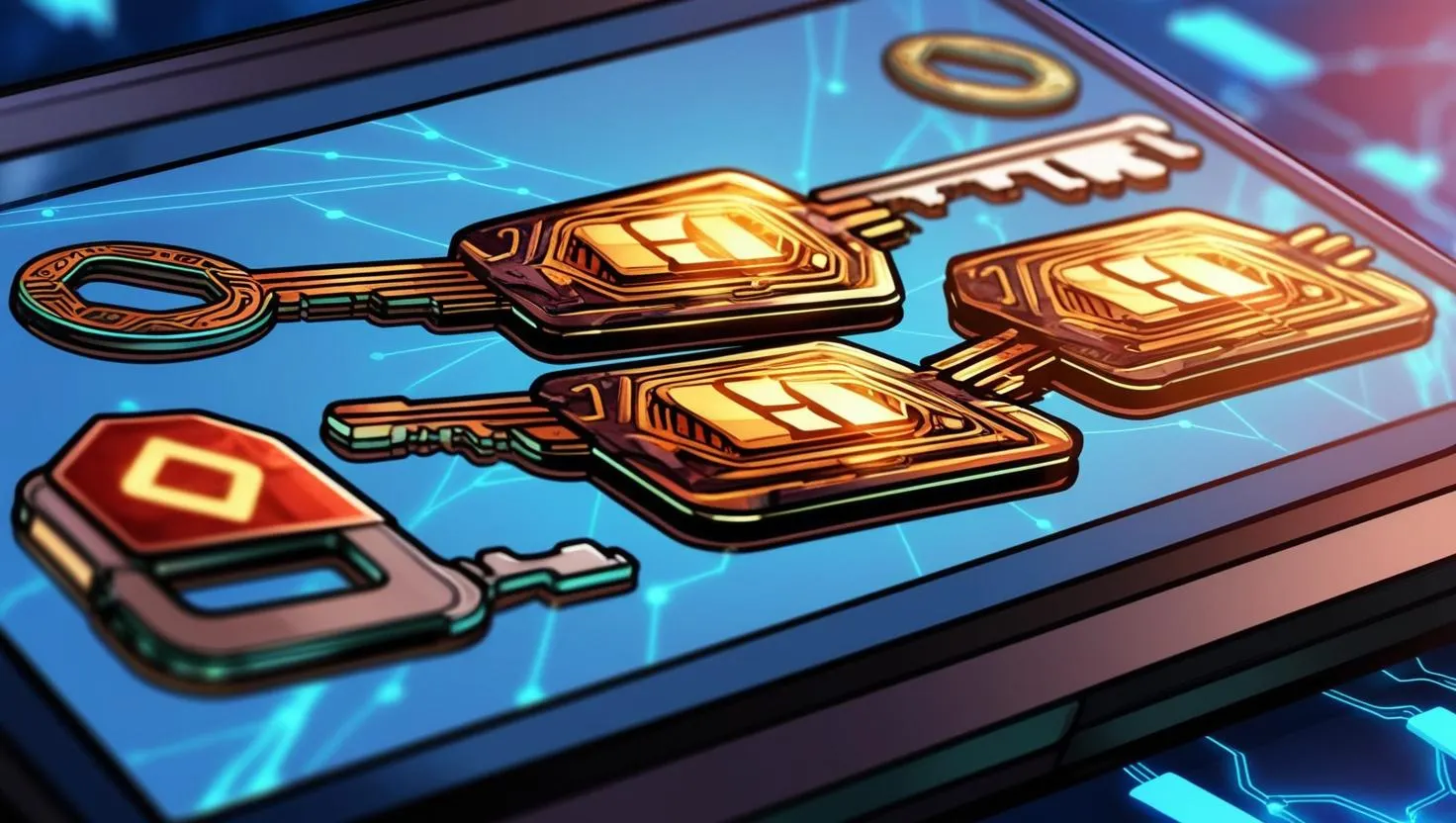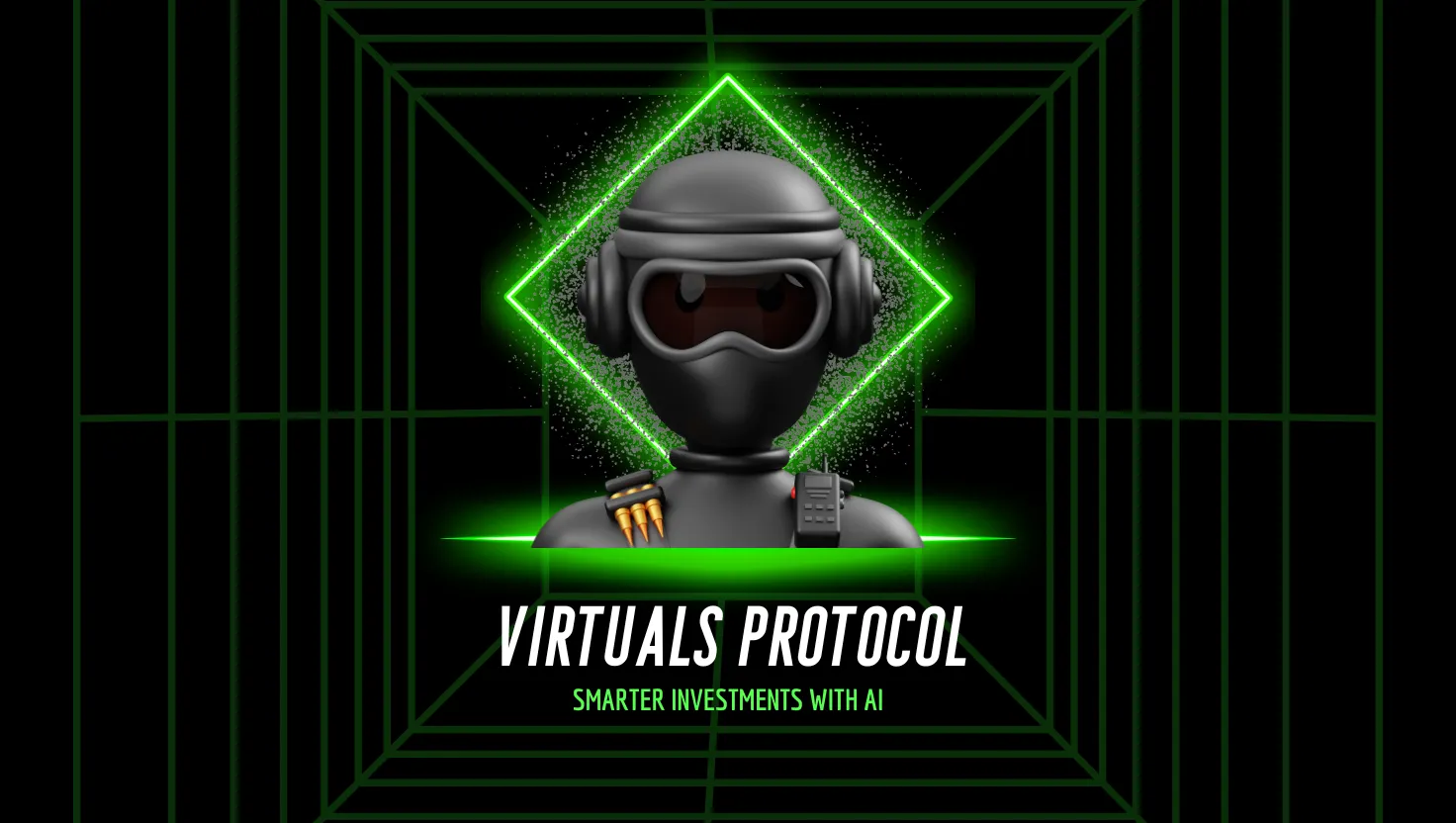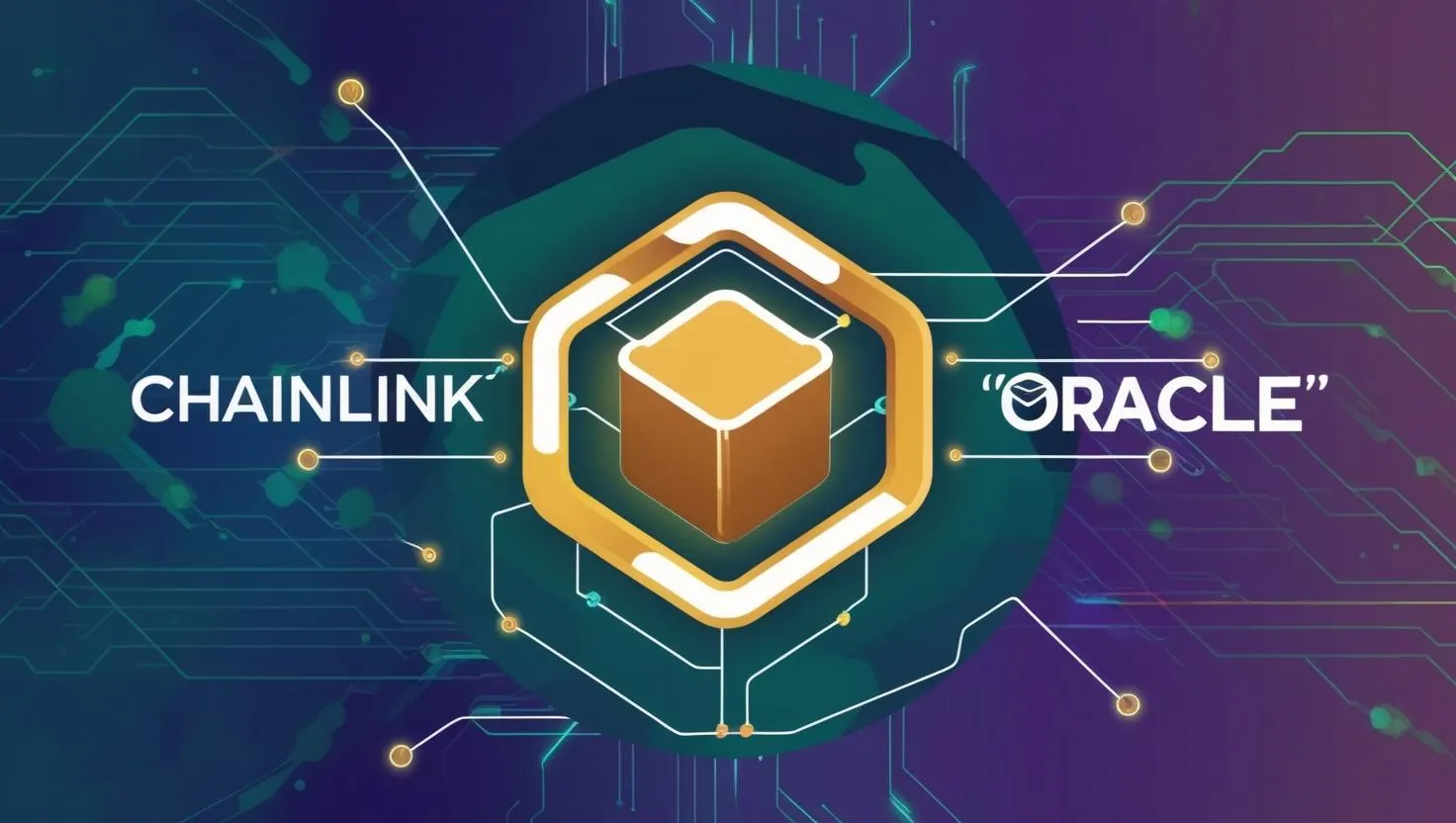Unlocking Orbs in Crypto: A Comprehensive Guide to the Scalable Blockchain for Enterprises
Understanding Orbs in Cryptocurrency: A Deep Dive for Crypto Enthusiasts
In the rapidly evolving world of cryptocurrency and blockchain technology, new terms and concepts frequently emerge, capturing the attention of investors, developers, and enthusiasts.
What is Orbs?
Orbs is a public blockchain infrastructure designed to offer a scalable, secure, and cost-effective platform for businesses and developers to build decentralized applications (dApps). Launched in 2018, Orbs aims to combine the benefits of public blockchains (transparency, decentralization) with the practical needs of enterprises (performance, cost efficiency, and ease of integration).
Unlike general-purpose blockchains like Ethereum or Bitcoin, Orbs is tailored for enterprise use cases, focusing on high throughput, low fees, and flexible deployment options. It positions itself as a "hybrid blockchain," meaning it can operate as a standalone public blockchain or integrate with other chains like Ethereum to enhance their capabilities.
The Orbs project is developed by Orbs Ltd., a company founded by a team of experienced entrepreneurs and technologists, including Tal Kol, Daniel Peled, and Netta Korin, with backgrounds in blockchain, software development, and finance.
Key Features of Orbs
To understand Orbs’ value proposition, let’s break down its core features:
- Hybrid Blockchain Architecture:
- Orbs is designed to work both independently and in conjunction with other blockchains. For example, it can act as a layer-2 scaling solution for Ethereum, executing smart contracts off-chain to reduce costs and congestion while leveraging Ethereum’s security for settlement.
- This hybrid approach makes Orbs appealing to businesses that want to use blockchain technology without fully committing to a single ecosystem.
- Randomized Proof-of-Stake (RPoS):
- Orbs uses a unique consensus mechanism called Randomized Proof-of-Stake (RPoS). Unlike traditional Proof-of-Stake (PoS), where validators are selected based on their stake, RPoS introduces randomness to select validators, enhancing security and decentralization.
- RPoS ensures that no single validator or group can predictably control the network, reducing the risk of collusion or centralization.
- High Scalability:
- Orbs is optimized for high transaction throughput, capable of processing thousands of transactions per second (TPS). This makes it suitable for enterprise-grade applications that require fast and reliable performance.
- The platform achieves this through its Virtual Chains technology (explained below), which isolates workloads to prevent network congestion.
- Virtual Chains:
- A standout feature of Orbs is its use of Virtual Chains, which are lightweight, application-specific blockchains that run in parallel to the main Orbs network.
- Each Virtual Chain is customized for a specific dApp or business use case, allowing developers to define their own governance, consensus rules, and resource allocation. This isolation ensures that one dApp’s activity doesn’t impact the performance of others.
- Virtual Chains are akin to sharding or sidechains but are designed for ease of use and flexibility.
- Low Transaction Fees:
- Orbs prioritizes cost efficiency, offering predictable and low transaction fees compared to networks like Ethereum, where gas fees can be volatile.
- This is particularly attractive for businesses running high-volume applications, such as supply chain tracking or loyalty programs.
- Serverless Execution Environment:
- Orbs provides a serverless environment for smart contracts, meaning developers don’t need to manage infrastructure like nodes or servers. This lowers the barrier to entry for businesses and simplifies dApp development.
- Smart contracts on Orbs are written in standard languages like JavaScript, making it accessible to a wide range of developers.
- Interoperability:
- Orbs supports cross-chain communication, allowing it to interact with other blockchains like Ethereum, Binance Smart Chain, and Polygon. This interoperability enables developers to leverage Orbs’ scalability while maintaining access to other ecosystems’ liquidity and user bases.
The ORBS Token
The native token of the Orbs network is ORBS, an ERC-20 token initially launched on Ethereum. The ORBS token serves multiple purposes within the ecosystem:
- Transaction Fees:
- ORBS tokens are used to pay for transaction fees on the Orbs network. Businesses and developers must hold ORBS to execute smart contracts or process transactions.
- Staking:
- Token holders can stake ORBS to participate in the network’s governance and consensus process. Stakers delegate their tokens to validators, earning rewards for securing the network.
- Validators, in turn, use staked ORBS to demonstrate their commitment to the network and compete for block production rights.
- Governance:
- ORBS token holders have a say in the network’s governance, including decisions about protocol upgrades, fee structures, and ecosystem development.
- Governance is decentralized, with voting power proportional to the number of tokens staked.
- Incentives:
- The ORBS token is used to incentivize validators, developers, and ecosystem participants. For example, validators earn ORBS rewards for processing transactions and maintaining network security.
As of June 19, 2025, the ORBS token is traded on various centralized and decentralized exchanges, including Binance, KuCoin, and Uniswap. Its price is subject to market dynamics, influenced by demand for Orbs’ services, partnerships, and broader crypto market trends. For the latest price data, readers can check platforms like CoinMarketCap or CoinGecko.
Use Cases of Orbs
Orbs’ enterprise-focused design makes it suitable for a wide range of applications. Here are some notable use cases:
- Decentralized Finance (DeFi):
- Orbs supports DeFi applications by offering a scalable platform for lending protocols, decentralized exchanges (DEXs), and yield farming. Its low fees and high throughput make it competitive in the DeFi space.
- For example, Orbs has partnered with DeFi projects to provide off-chain computation for complex financial smart contracts.
- Supply Chain Management:
- Orbs’ transparency and immutability make it ideal for supply chain tracking, where businesses need to verify the authenticity and provenance of goods.
- Virtual Chains allow companies to create isolated environments for their supply chain dApps, ensuring privacy and performance.
- Loyalty Programs:
- Businesses can use Orbs to create blockchain-based loyalty programs, where customers earn tokens or rewards for purchases. The low transaction costs make it feasible to process millions of micro-transactions.
- Gaming and NFTs:
- Orbs’ scalability supports blockchain-based gaming and non-fungible token (NFT) platforms, where fast transaction processing is critical for user experience.
- Developers can use Orbs to mint, trade, and manage NFTs efficiently.
- Government and Public Sector:
- Orbs has explored partnerships with governments for applications like digital identity, voting systems, and public record management. Its hybrid model allows sensitive data to remain private while leveraging blockchain’s transparency.
Orbs’ Ecosystem and Partnerships
Orbs has built a robust ecosystem through strategic partnerships and integrations. Some notable collaborations include:
- Hexa Foundation: Orbs powers the blockchain infrastructure for Hexa, a non-profit focused on digital transformation in Israel, including projects in healthcare and education.
- Tamadoge: Orbs collaborated with the play-to-earn (P2E) gaming project Tamadoge to enhance its scalability and performance.
- Ethereum Ecosystem: Orbs’ ability to act as a layer-2 solution for Ethereum has led to integrations with Ethereum-based dApps and protocols.
- Moonstake: Orbs partnered with Moonstake, a staking platform, to expand its staking services and reach a broader audience.
These partnerships demonstrate Orbs’ commitment to real-world adoption and its ability to cater to diverse industries.
Advantages of Orbs
- Enterprise-Friendly: Orbs’ focus on low fees, scalability, and ease of integration makes it a practical choice for businesses.
- Flexible Deployment: The hybrid model and Virtual Chains allow for customized solutions tailored to specific needs.
- Developer Accessibility: Support for JavaScript and a serverless environment lowers the learning curve for developers.
- Interoperability: Orbs’ ability to work with other blockchains enhances its utility in a multi-chain world.
Challenges and Criticisms
Despite its strengths, Orbs faces some challenges:
- Competition: The enterprise blockchain space is crowded, with competitors like Hyperledger, Corda, and layer-2 solutions like Polygon and Arbitrum vying for market share.
- Adoption: While Orbs has secured partnerships, widespread enterprise adoption remains a hurdle, as many businesses are still hesitant to embrace blockchain.
- Token Utility: Some critics argue that the ORBS token’s utility is limited compared to more established tokens like ETH or BNB, though this may change as the ecosystem grows.
- Market Awareness: Orbs is less known than major blockchains, requiring more marketing and community-building efforts to gain traction.
Orbs in the Broader Crypto Context
Orbs occupies a unique niche in the crypto landscape, blending the scalability of layer-2 solutions with the flexibility of enterprise-grade blockchains. As businesses increasingly explore blockchain for operational efficiency and innovation, platforms like Orbs are well-positioned to capture this market.
The rise of multi-chain ecosystems and the demand for cost-effective blockchain solutions further bolster Orbs’ relevance. Its ability to integrate with Ethereum and other chains aligns with the industry’s shift toward interoperability, while its focus on enterprise use cases taps into a growing trend of blockchain adoption in traditional industries.
How to Get Involved with Orbs
For readers interested in exploring Orbs, here are some ways to engage:
- Invest in ORBS Tokens:
- Purchase ORBS on exchanges like Binance, KuCoin, or Uniswap. Always conduct thorough research and consider market risks before investing.
- Use a secure wallet like MetaMask or Trust Wallet to store ORBS tokens.
- Stake ORBS:
- Participate in Orbs’ staking program by delegating tokens to validators via platforms like Moonstake or Orbs’ official staking interface. Staking offers rewards while supporting network security.
- Develop on Orbs:
- Developers can explore Orbs’ documentation (available on orbs.com) to build dApps or deploy Virtual Chains. The platform’s JavaScript support makes it accessible for web developers.
- Join the Community:
- Follow Orbs on social media platforms like Twitter/X (
- @orbs_network
- ) or join their Telegram and Discord communities for updates and discussions.
- Engage with Orbs’ blog and GitHub for technical insights and project developments.
Conclusion
Orbs is a compelling blockchain project that addresses the practical needs of businesses while embracing the principles of decentralization. Its hybrid architecture, Virtual Chains, and Randomized Proof-of-Stake consensus make it a versatile and scalable platform for a wide range of applications, from DeFi to supply chain management.
For crypto enthusiasts and investors, Orbs represents an opportunity to engage with a project at the intersection of enterprise adoption and blockchain innovation. While challenges like competition and market awareness remain, Orbs’ strategic partnerships and technical strengths position it as a player to watch in the evolving crypto ecosystem.
Whether you’re a developer looking to build scalable dApps, a business exploring blockchain solutions, or an investor seeking promising projects, Orbs offers a unique value proposition worth exploring. Stay tuned to Orbs’ developments, as its role in bridging traditional industries and decentralized technologies could shape the future of blockchain adoption.
Note: This article is for informational purposes only and not financial advice. Always conduct your own research before investing in cryptocurrencies or engaging with blockchain projects.
Sources:
- Orbs official website: orbs.com
- Orbs whitepaper and documentation
- CoinMarketCap and CoinGecko for token data

